meson press
This page shows the latest publications (in descending order of publication date) from meson press.
Metadata is licensed as Creative Commons Zero (CC0) and is retrieved from Thoth’s open APIs.
Last updated: 2025-11-18 01:00:24
October 2025
Property: Colonial Histories and Messages to the Future
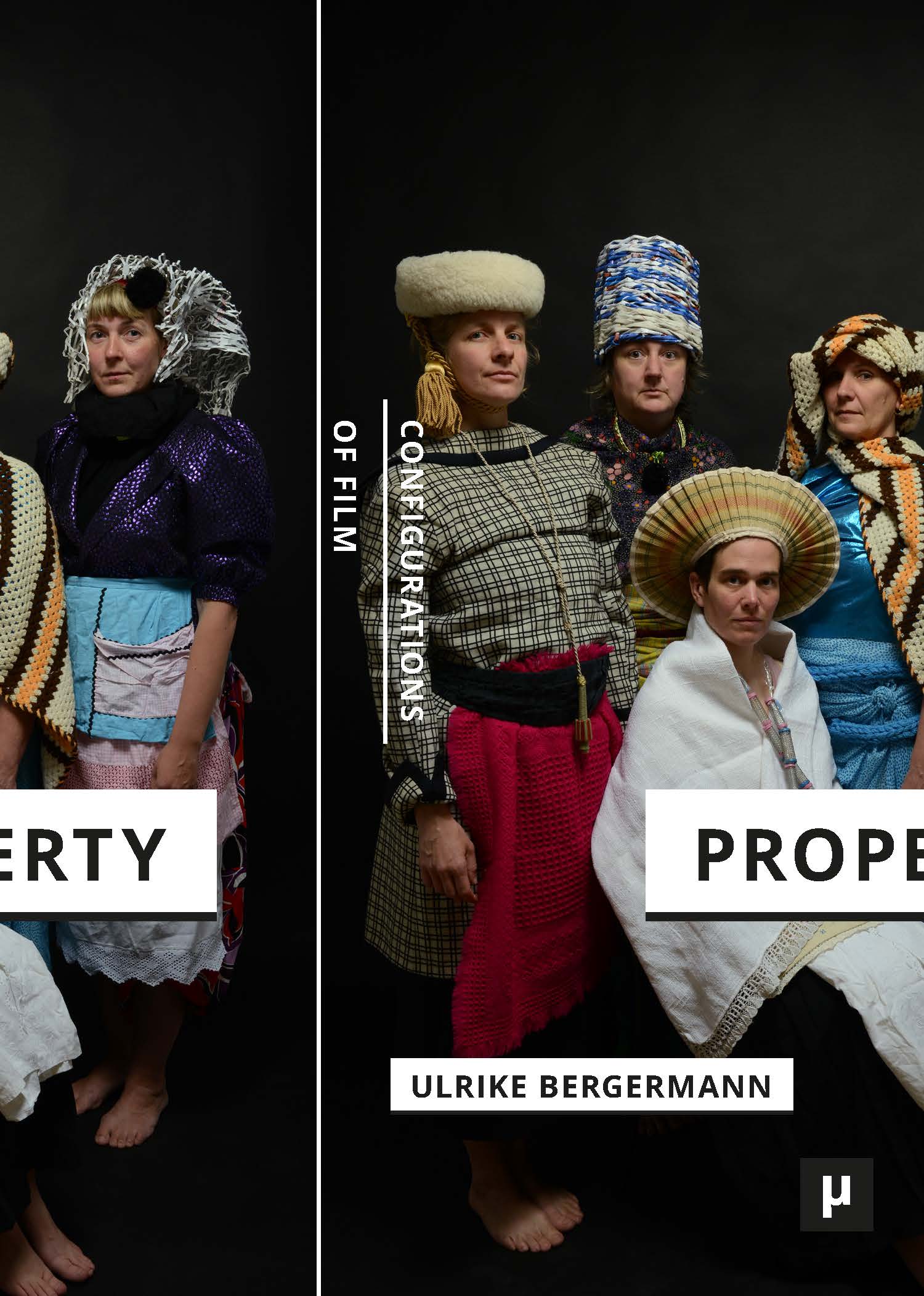
Author: Ulrike Bergermann
Lüneburg: meson press, 2025
To possess something is to lose something: Starting from this seemingly contradictory claim this essay invokes various registers to defamiliarize the ways in which property structures subjectivity, world relations and affects. Intertwined with colonialism, racism and sexism, concepts of property have found an echo in piracy and “postcolonial copyright.” At the level of theory, a crossing out and a reversal of time are required to undo property-related violence and its mindsets. At the level of artistic practice new modes of appropriation become imaginable. And while the commons will not be restored, multiple modes of having and commoning are possible.
June 2025
Zonen: Für eine kritische Ökologie in den Geisteswissenschaften

Author: Florian Auerochs
Author: Jeanne Etelain
Author: Mary Louise Pratt
Author: Robert Stockhammer
Editor: Eva Horn
Editor: Birgit Schneider
Editor: Jörg Dünne
Lüneburg: meson press, 2025
Die Erde befindet sich in einem vom Menschen bewirkten, tiefgreifenden Veränderungsprozess. Um dieses dringliche Problem neu anzugehen, nehmen die Autor*innen dieses Bandes den Begriff der „Zone“ zum Ausgangspunkt für eine kritische Ökologie. Das „Denken in Zonen“ hält der Makro-Perspektive des Planetarischen den Blick auf das Heterogene und Prozesshafte, auf die Übergänge, Grenzen und Singularitäten von Räumen entgegen. In den Vordergrund rücken damit die Handlungsmacht und Relationalität von Räumen, um die drastischen, ebenso materiellen wie epistemischen Veränderungen und Verschiebungen im Verhältnis des Menschen zur Erde im Anthropozän besser zu fassen. Mit Aufsätzen von Florian Auerochs, Jeanne Etelain, Mary Louise Pratt und Robert Stockhammer versammelt dieser Band erstmals maßgebliche Zugänge zu Begriff und Ästhetik der Zone, die seine Tragweite als Instrument ökologischen Denkens in den Kulturwissenschaften aufzeigen.
Gefühle Vermessen: Zur Genealogie des Affective Computing

Author: Lisa Schreiber
Lüneburg: meson press, 2025
Seit Anfang der 2010er Jahre beschäftigt sich das Affective Computing mit der Entwicklung von digitalen Technologien zur automatischen Erfassung menschlicher Gefühle. Das sogenannte emotion detection operiert auf Grundlage des Facial Action Coding System (FACS), einem Klassifikationssystem für Emotionen, das verspricht, Gefühle anhand der Bewegung der Gesichtsmuskeln zu entschlüsseln. Das FACS transportiert jedoch ein Gefühlsparadigma, das ungelöste Probleme aus der Vorgeschichte der Emotionsforschung bündelt. Gefühle Vermessen untersucht das Nachwirken dieser Probleme in der computergestützten Depressionsforschung und Autismustherapie, welche die Verfahren des Affective Computing anwenden. Im Zentrum steht die Frage, warum das Codierungssystem trotz dieser Ambivalenzen eine mächtige Produktivität entfaltet.
Children Reinventing Cinema: Snapshots from the Early 21st Century

Author: Alexandra Schneider
Author: Wanda Strauven
Lüneburg: meson press, 2025
Children today discover a new digital drawing tool, the camera-crayon, at a very young age. They appropriate devices such as compact cameras and mobile phones and make their own media artifacts in their play. Expanding on a media-archaeological approach to film history, this book maps children’s playful and imaginative knowledge of contemporary media culture and explores their filmmaking practices that push the boundaries of forms and formats.
Platforms and the Moving Image

Author: Yvonne Zimmermann
Author: Alexandra Schneider
Author: Sam Thompson
Author: Zeynep Tuna
Author: Haidee Wasson
Author: Sudipto Basu
Author: Anna Bell
Author: Amrita Biswas
Author: Colin Crawford
Author: Vinzenz Hediger
Author: Becky Holt
Author: Sneha Kumar
Author: Isadora Campregher Paiva
Author: Jake Pitre
Author: Clara Podlesnigg
Editor: Philipp Dominik Keidl
Editor: Jana Zündel
Foreword by: Marc Steinberg
Afterword by: Ishita Tiwary
Lüneburg: meson press, 2025
Platforms and the Moving Image offers a multifaceted look at how digital platforms shape and are shaped by economic, cultural, and political forces. The collection examines the effects of gaming, social media, streaming and videosharing platforms on the production, circulation, and consumption of moving images. Through diverse methodologies—archival research, social media ethnography, and textual analysis—the essays investigate the global movements of film and video formats, the platformization of cultural industries, and the evolving nature of media consumption. The volume emphasizes the importance of considering digital labor, media infrastructures, and user practices in understanding platforms’ role in contemporary society.
February 2025
The Making of Les Immatériaux

Author: Andreas Broeckmann
Lüneburg: meson press, 2025
The exhibition Les Immatériaux was presented at the Centre Pompidou in Paris in 1985. Curated by the philosopher Jean-François Lyotard and design theoretician Thierry Chaput, it is widely regarded as a landmark in the history of postmodern philosophy, as well as for discourses around art, science and digital culture.
Broeckmann’s book provides the first comprehensive account of the preparation of this epochal event. It shows how the exhibition resulted from multiple, collaborative and interdisciplinary trajectories in such diverse fields as contemporary art, architecture, science, and network media. Based on extensive archival research, The Making of Les Immatériaux offers detailed insights into the curatorial process. Throughout its ten chapters, the book highlights the different forms of cooperation among the people involved in the conception of the exhibition, including Lyotard, Chaput, the team at the Centre de Création Industrielle, and their consultations with artists, theorists, and scientists.
Les Immatériaux marks a pivotal point in the history of exhibitions in the 20th century because it gave important impulses for the organisation, design and structure of interdisciplinary exhibitions. Broeckmann discusses the place of Les Immatériaux in the broader context of this history, examining the epistemology of exhibits, curatorial agency, and interdisciplinarity in research networks. The book takes up current questions about the relationship between materiality and immateriality, between subjectivity and thinghood, and shows how Les Immatériaux continues to offer a significant contribution to debates that over the last decades have become ever more urgent.
December 2024
Kritik des Neo-Extraktivismus in der Gegenwartskunst

Author: Susanne Witzgall
Author: Lukas Schepers
Author: Irene Schütze
Author: Ina Neddermeyer
Author: Florian Telsnig
Author: Liliana Gómez
Author: Viktor Brim
Author: Linn Burchert
Author: Lena Geuer
Author: Veronica Peselmann
Author: Jorge Sanguino
Author: Martin Siegler
Author: Franca Spengler
Editor: Hauke Ohls
Editor: Birgit Mersmann
Lüneburg: meson press, 2024
Wie reflektieren Künstler*innen und Kollektive die globalen Herausforderungen der akzelerierenden Rohstoffausbeutung? Und welches Widerstandspotenzial entfalten diese künstlerischen Praktiken gegen die Paradigmen des (Neo-)Extraktivismus? Die Beiträge in Kritik des Neo-Extraktivismus in der Gegenwartskunst analysieren die künstlerische Auseinandersetzung mit unterschiedlichen extraktivistischen Phänomenen aus kunstwissenschaftlichen, kuratorischen und künstlerischen Perspektiven. Eröffnet wird ein globaler Blickwinkel, der kritisch die Materialitäten und Infrastrukturen des (Neo-)Extraktivismus beleuchtet und um dekoloniale Perspektiven ergänzt.
Fragile Evidenz: Videodokumente illegaler Zurückweisungen an Europas Grenzen

Author: Anna Polze
Lüneburg: meson press, 2024
Pushbacks finden systematisch an den EU-Außengrenzen statt. Von offizieller Seite wird ihr Einsatz geheim gehalten oder geleugnet. Fragile Evidenz stellt die Frage, wie aus einem gescheiterten Fluchtversuch eine aussagekräftige Falldarstellung europäischer Grenzregime entstehen kann. Es begreift die Dokumentation illegaler Zurückweisungen als mediale Aushandlungen von Sichtbarkeit und Hörbarkeit, Aufmerksamkeit, öffentlicher Anerkennung und vor allem Evidenz.
Eine zehnminütige Videoinvestigation der Rechercheagentur Forensic Architecture erweist sich als Symptom für die Krisen politischen Auftretens in digitalen Medien. Sie wird detailliert als Montage von Smartphone-Dokumenten fliehender Personen und den Medien forensischer Verifikation aufgeschlüsselt. Im Zentrum steht die Spannung zwischen Fluchtauftritt und Evidenzprozess, das Wechselspiel von ästhetischen Strategien und rhetorischen Wirksamkeiten, von Situiertheit und Infrastrukturen. Fragile Evidenz ist eine analytische Reaktion auf die anwachsende Präsenz forensischer Medienpraktiken in digitalen Bildkulturen.
Was ist Medienästhetik?: Internationales Jahrbuch für Medienphilosophie und Medienästhetik

Author: Jörg Sternagel
Author: Bettina Papenburg
Author: Ulrike Ramming
Author: Emmanuel Alloa
Author: Martin Beck
Author: Dieter Mersch
Author: Beate Ochsner
Editor: Judith Siegmund
Editor: Natascha Adamowsky
Lüneburg: meson press, 2024
Als Nachfolger des früheren Internationalen Jahrbuchs für Medienphilosophie beschäftigt sich das Internationale Jahrbuch für Medienphilosophie und Medienästhetik in der ersten Ausgabe nach dem Relaunch mit der wesentlichen Frage: Was ist Medienästhetik?
Diese Frage steht für eine doppelte Öffnung: Medienästhetik markiert eine Suchbewegung, die die philosophischen wie medienwissenschaftlichen Grundlagen erkundet, die in medienästhetischen Kontexten in Erscheinung treten können. Zugleich lädt sie ein zu einer historischen Kartographierung und begrifflichen Konturierung von Medienästhetik, einer Diskussion ihrer unterschiedlichen Modellierungen und der sich daraus ergebenden Optionen für Kritik.
Ziel ist es, den Begriff Medienästhetik offen zu halten und aus seiner Problematisierung immer wieder neue disziplinübergreifende Debatten anzustoßen. Das Jahrbuch bietet unterschiedlichen Projekten, Positionen und Fragestellungen Raum, die zueinander im Modus des Dissenses, der Überschneidung, der Assoziation, aber auch der inhaltlichen Weiterführung stehen können.
July 2024
Containment: Technologies of Holding, Filtering, Leaking

Author: Daniela Agostinho
Author: Hélène Frichot
Author: Meredith Jones
Author: Chris Otter
Author: Paul Graham Raven
Author: Helen Runting
Author: Yolande Strengers
Author: Nanna Bonde Thylstrup
Author: Dinesh Wadiwel
Editor: Zoë Sofoulis
Editor: Marie-Luise Angerer
Editor: Ingrid Richardson
Editor: Hannah Schmedes
Lüneburg: meson press, 2024
Containers are ubiquitous and inescapable. From handbags to houses, barrels to databases, captivating gameworlds to the “bag of stars” that Ursula Le Guin calls the universe, containers furnish infrastructures for living and action while extending our capacities for managing things across space and time. They not only give shape to our lifeworlds: they form and transform our bodies and being.
The chapters in Containment: Technologies of Holding, Filtering, Leaking traverse technologies, bodies, ontologies and imaginaries, reflecting on what different container technologies, containment strategies, and container metaphors tell us about ourselves and how we relate to our worlds. With common reference to Zoë Sofia’s (2000) foundational essay on container technologies, contributors draw on media and cultural studies, social history, architecture, and postdualistic approaches in philosophy and social science to explore liminalities of containment both as and beyond holding.
May 2024
Elementare Ekstasen: Sondierungen der Technosphäre
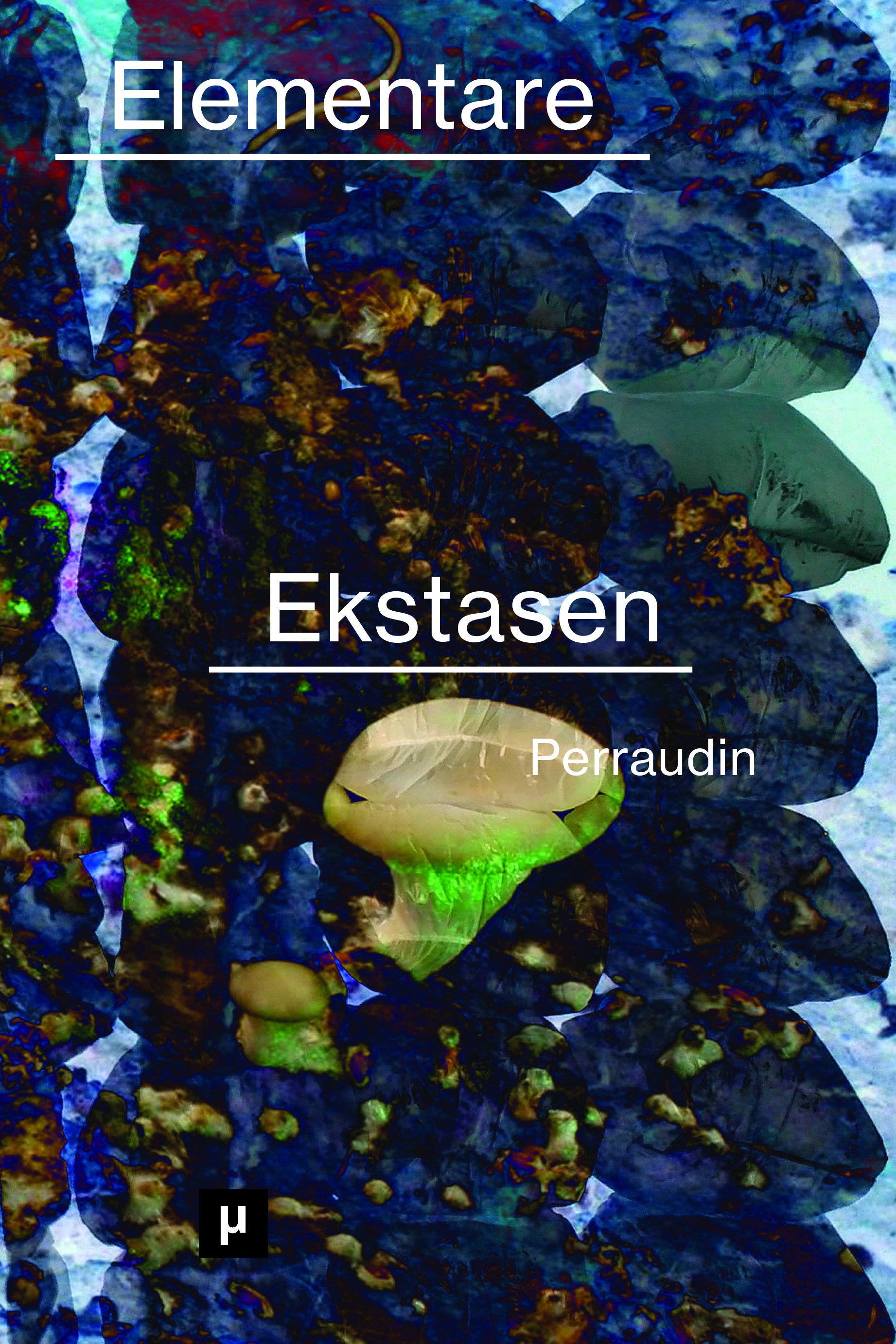
Author: Léa Perraudin
Lüneburg: meson press, 2024
Elementare Ekstasen überschwemmen, erodieren und evaporieren die wohlsortierten Grenzziehungen zwischen Technik, Umwelt und Mensch. Als Neuverortung im Spannungsfeld medienökologischer, neomaterialistischer und technikfeministischer Theoriebildung werden hier all jene Widerständigkeiten und Un/Verfügbarkeiten sondiert, die von techno-kapitalistisch protegierten Operationen nicht zu tilgen sind. Was hieße es, die planetarische Implikation der Technosphäre aus Mikroperspektiven zu denken, mit ihren Überlappungen, Leerstellen, Fragmentierungen, Akkumulationen des Technischen zu schreiben? Entlang ihrer materiellen Prozessualität werden elementare Medien wie Regen, Minerale, Staub und Schaum zur Gegenwartsdiagnose. Angesichts der umfassenden Ökologisierungstendenzen und ihrer experimentellen Verarbeitung in Medienkunst und Interfacedesign verdichtet sich ein kritisches Begriffsinventar, das die makrologische Karriere des Technischen anders denkt.
Democratic Algorithms: Ethnography of a Public Recommender System
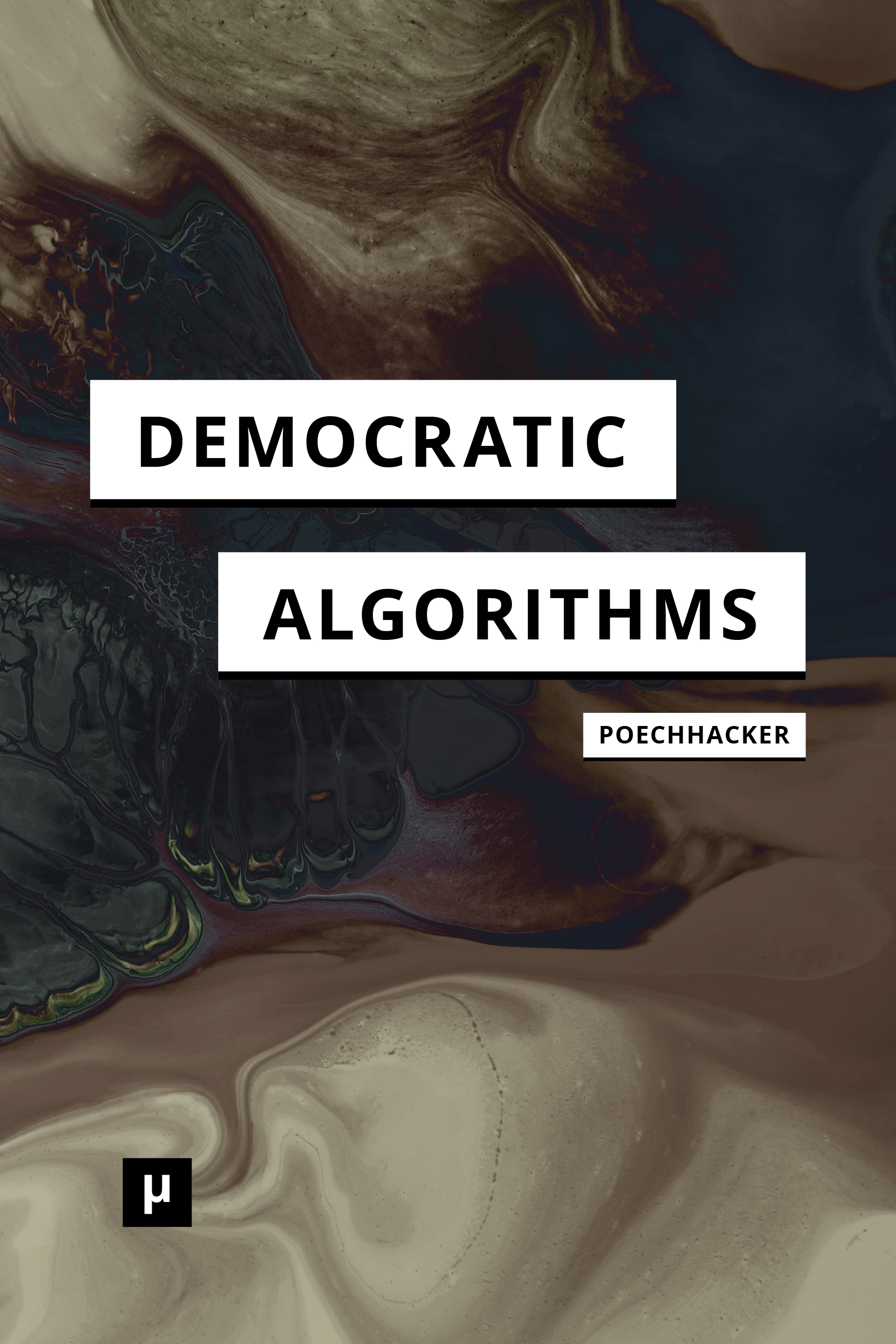
Author: Nikolaus Poechhacker
Lüneburg: meson press, 2024
Can an algorithm be democratic? And how can we understand algorithms not only as technical, but also as social and political phenomena? Democratic Algorithms offers theoretically and empirically informed perspectives on how we can imagine and design algorithms for a democratic society, and what we even mean by that. Based on ethnographic fieldwork, the book illustrates how a recommender system was built in a public broadcaster, raising questions not only about organizational and technical implementation, but also about the possible compatibility of such an algorithmic system with democratic constitutions.
Tacit Cinematic Knowledge: Approaches and Practices
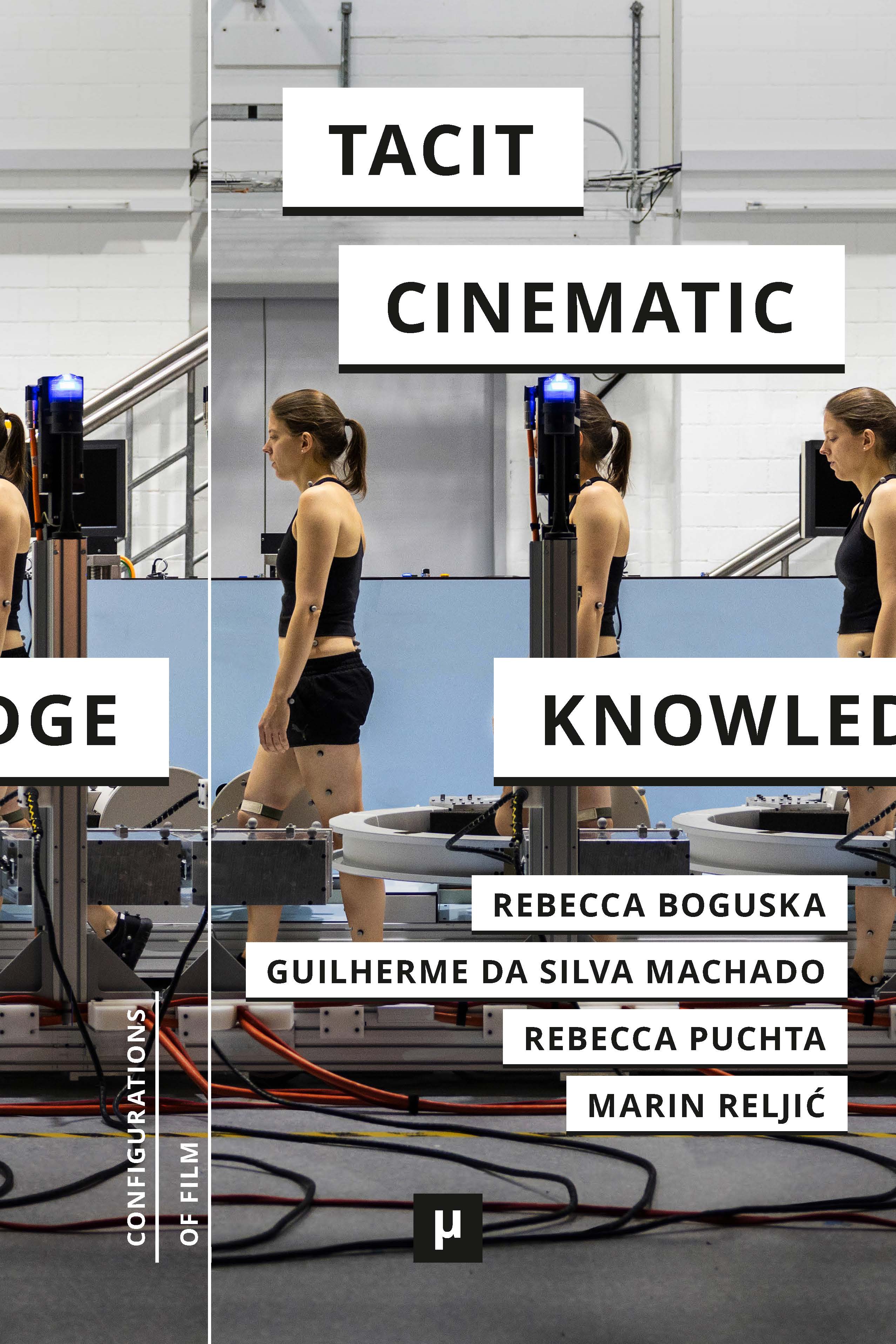
Author: Haritha R.
Author: Claire Salles
Author: Felix M. Simon
Author: Felipe Soares
Author: Benoît Turquety
Author: Henning Schmidgen
Author: Vinzenz Hediger
Author: Andrea Mariani
Author: Bettina Paul
Author: Jelena Rakin
Author: Larissa Fischer
Author: Veena Hariharan
Editor: Rebecca Boguska
Editor: Guilherme da Silva Machado
Editor: Rebecca Puchta
Editor: Marin Reljić
Lüneburg: meson press, 2024
Moving images are increasingly finding their way into laboratories, dentist offices, clinics, airports and gyms. In these places and institutions film and moving image technologies serve to advance knowledge, to show how things are done, to train, teach, educate, mobilize people, as well as to imagine complex social facts and visualize dynamic models and schemes through data visualizations, pattern recognition software, and in social graphs. But what these moving images do goes beyond instruction, illustration and visual education. This publication introduces the concept of tacit cinematic knowledge to designate a broad variety of epistemic environments in which knowledge is configured in and through cinematic practices, and in the interaction with moving images. The concept thus describes a challenge not only for film and media scholars, but also for social scientists, economists, data analysts and artists.
Covering areas of study beyond the cinema and non-theatrical films which have recently become a focus of inquiry, the contributions analyze the operations of tacit cinematic knowledge in objects ranging from political campaigns, medical and scientific devices, corporate communications, devices for the study of animal behavior and more.
April 2024
Neural Networks

Author: Ranjodh Singh Dhaliwal
Author: Théo Lepage-Richer
Author: Lucy Suchman
Lüneburg: meson press, 2024
Neural Networks proposes to reconstruct situated practices, social histories, mediating techniques, and ontological assumptions that inform the computational project of the same name. If so-called machine learning comprises a statistical approach to pattern extraction, then neural networks can be defined as a biologically inspired model that relies on probabilistically weighted neuron-like units to identify such patterns. Far from signaling the ultimate convergence of human and machine intelligence, however, neural networks highlight the technologization of neurophysiology that characterizes virtually all strands of neuroscientific and AI research of the past century. Taking this traffic as its starting point, this volume explores how cognition came to be constructed as essentially computational in nature, to the point of underwriting a technologized view of human biology, psychology, and sociability, and how countermovements provide resources for thinking otherwise.
February 2024
Serge Daney and Queer Cinephilia
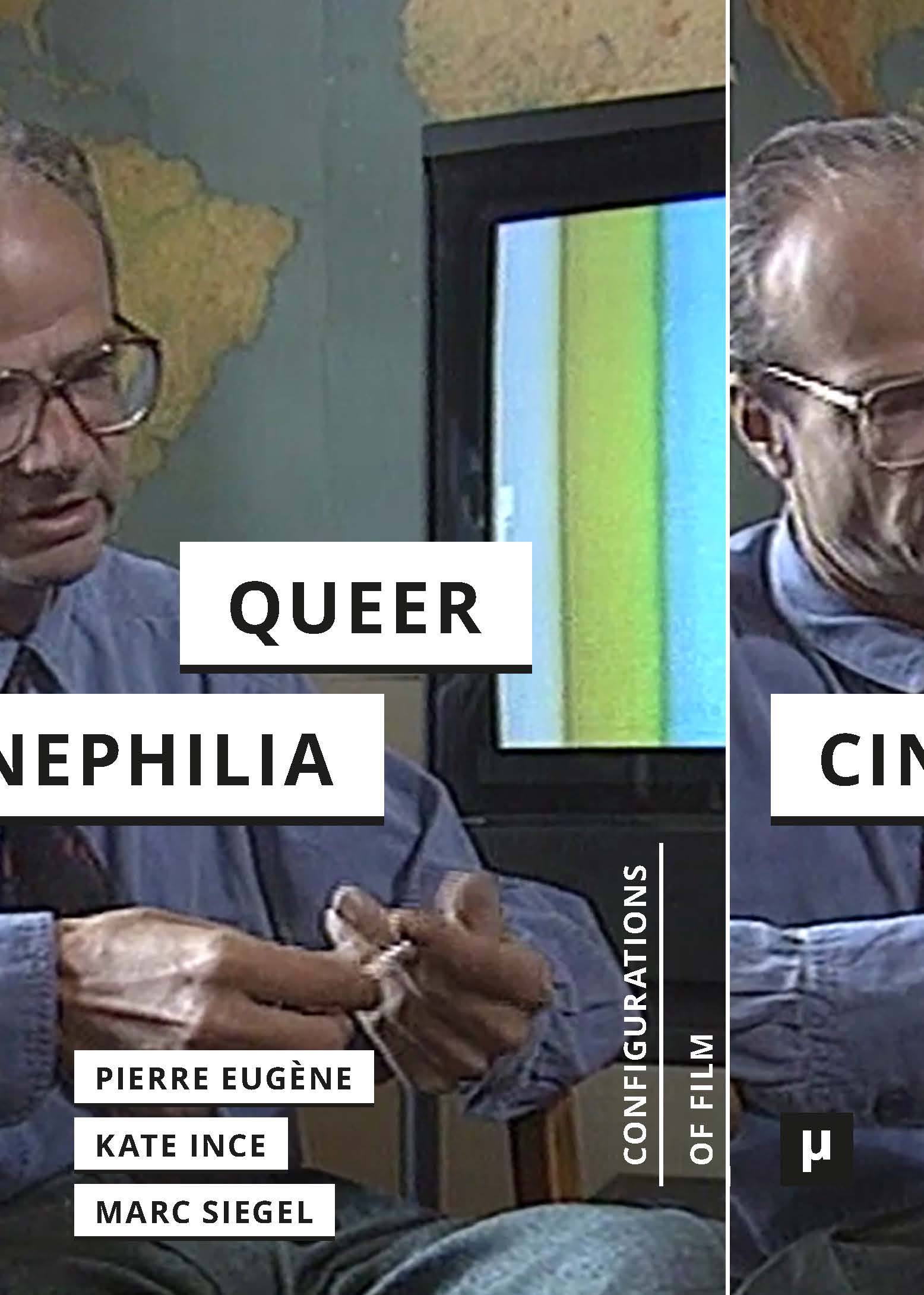
Author: Selina Robertson
Author: Patrice Rollet
Author: Marcos Uzal
Author: So Mayer
Author: Claire Allouche
Author: Raymond Bellour
Author: Mélina Delmas
Author: Garin Dowd
Author: Chloé Galibert-Laîné
Author: Theresa Heath
Author: Andrea Inzerillo
Author: Hervé Joubert-Laurencin
Author: Philipp Dominik Keidl
Author: Simon Pageau
Author: Sylvie Pierre-Ulmann
Author: Bamchade Pourvali
Editor: Pierre Eugène
Editor: Kate Ince
Editor: Marc Siegel
Lüneburg: meson press, 2024
French critic Serge Daney was a central figure in film, television and media criticism of the second half of the twentieth century. He died of AIDS in 1992, just as the concept of queer cinema entered international film studies and just before the start of the digital era that has transformed film culture. This collection of new essays investigates the legacy of Daney’s work alongside considerations of feminist, queer and digital cinephilia and contemporary practices of film curation.
Szenen kritischer Relationalität
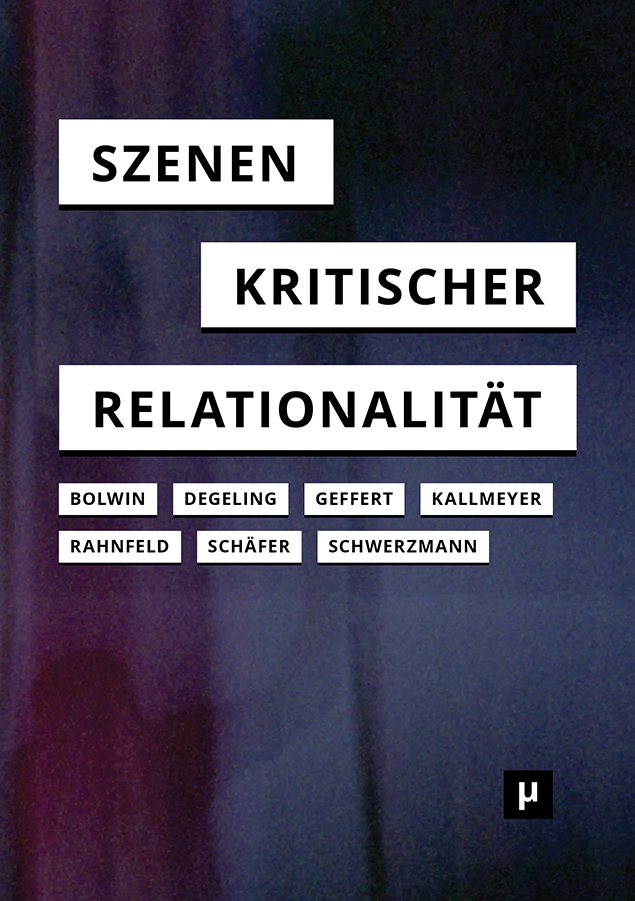
Author: Shirin Weigelt
Author: Philipp Hohmann
Author: Eva Krivanec
Author: Rémy Bocquillon
Author: Irina Raskin
Author: Julia Schade
Author: Martin Siegler
Author: Christiane Voss
Author: Max Walther
Author: Astrid Deuber-Mankowsky
Author: Lorenz Engell
Author: Jakob Claus
Author: Lorenzo Gineprini
Editor: Jasmin Degeling
Editor: Gabriel Geffert
Editor: Martin Kallmeyer
Editor: Gereon Rahnfeld
Editor: Nathalie Schäfer
Editor: Katia Schwerzmann
Editor: Maximilian Rünker
Editor: Charlotte Bolwin
Lüneburg: meson press, 2024
Kritische Relationalität interveniert in Ordnungen des Denkens, die Kritik als Operation des Trennens und Auseinanderhaltens entworfen und damit die modernen Dualismen von Menschlichem und Nicht-Menschlichem, Subjekten und Objekten, Organischem und Technischem, Natur und Kultur geprägt haben. Ausgehend von multiplen, verschränkten Krisen suchen die Beiträge dieses Bandes konkrete Szenen auf, in denen das kritische Potenzial von Verbindungen und Verstrickungen anschaulich wird. Das Ausloten von Relationalität wird dabei zu einem analytischen Modus, der für die Produktivität von Verbindungen sensibilisiert und zugleich ihre differenziellen Dimensionen anerkennt.
December 2023
Material Trajectories: Designing With Care?
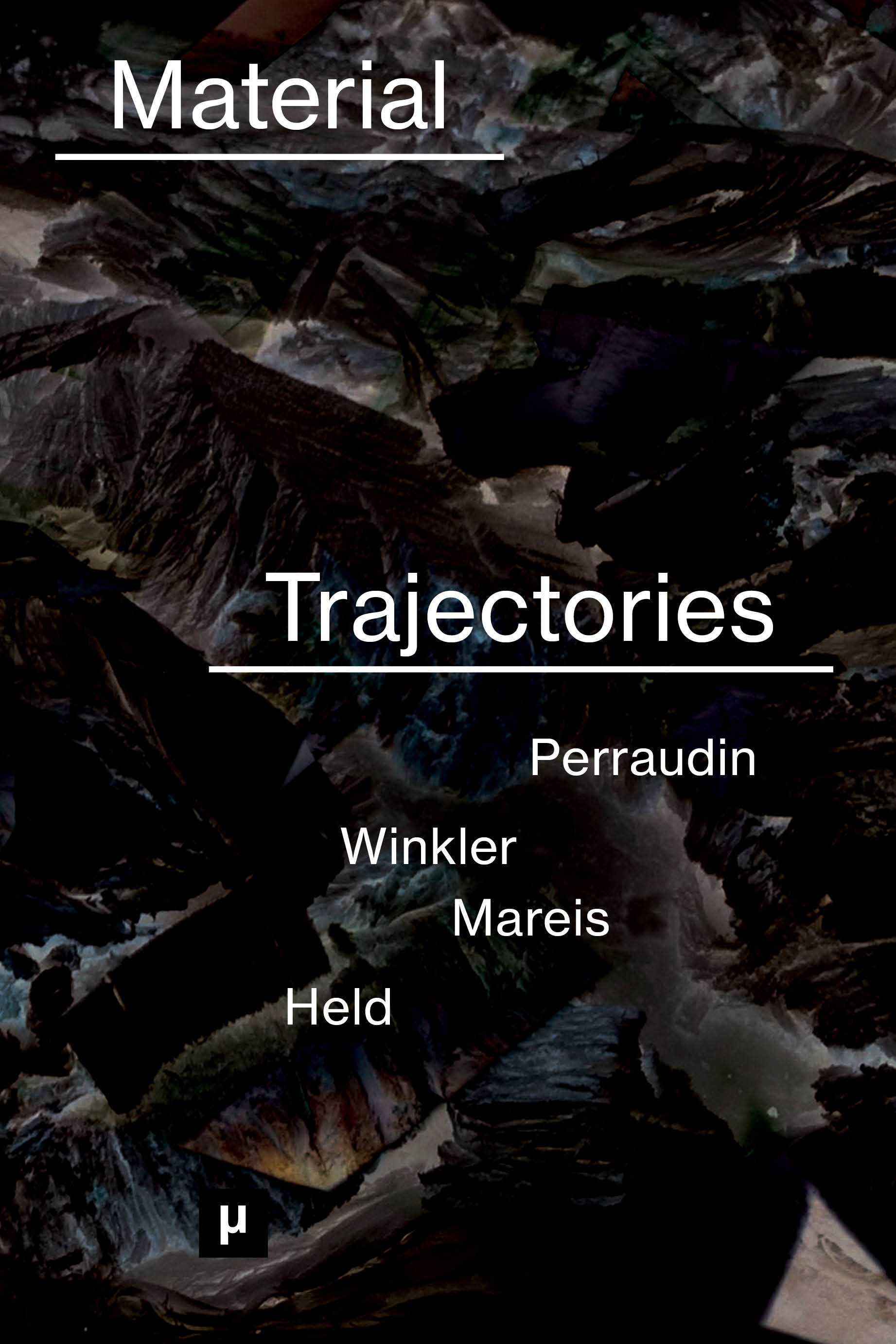
Author: Emilia Tikka
Author: Maxie Schneider
Author: Charlett Wenig
Author: Susanne Witzgall
Author: Ebba Fransén Waldhör
Author: Sename Koffi Agbodjinou
Author: Viola S. Ahrensfeld
Author: Joanna Boehnert
Author: Jessica Bulling
Author: Michaela Büsse
Author: Emile De Visscher
Author: Roman Kirschner
Author: Manuel Kretzer
Author: Anupama Kundoo
Author: Martin Müller
Author: Fara Peluso
Author: Wolfgang Schäffner
Author: Lea Schmidt
Editor: Léa Perraudin
Editor: Clemens Winkler
Editor: Claudia Mareis
Editor: Matthias Held
Lüneburg: meson press, 2023
Material Trajectories: Designing With Care? turns towards material-driven design processes with the aim of relocating technoscientific trajectories. Concerned with new forms of caretaking, it combines positions from the extended fields of design research and humanities scholarship including practice-based approaches. The contributions explore current ecological conditions through multiple acts of making-with and seek to complicate questions of sustainability, livability, and cooperation. In reassessing the status quo in design and architecture as material practices, they provide outlines for a nuanced reading of these worldmaking processes and ask what different ways of designing with care and complicity might entail.
Deine Kamera ist eine App: Über Medienverflechtungen des Applizierens und Appropriierens

Author: Simone Pfeifer
Author: Florian Krautkrämer
Author: Laura Katharina Mücke
Author: Nicole Braida
Author: Anne Ganzert
Author: Angela Jouini
Editor: Alena Strohmaier
Editor: Elisa Linseisen
Lüneburg: meson press, 2023
Der vorliegende Band untersucht systematisch das Verhältnis von digitalen Kameras und ihren softwaretechnischen Grundlagen, die wir unter „Apps“ zusammenfassen. Als konzeptuelles Framing in der Auseinandersetzung mit dieser medialen Verbindung aus Kamera/App wählen wir das ästhetische wie theoretische Spektrum aus Techniken des Appropriierens und Applizierens und damit verbundene Theorietraditionen der Filmwissenschaft sowie der Software, Platform und App Studies. Mit dem programmatischen Befund ‚Deine Kamera ist eine App‘ soll in vier dialogischen Textpaaren dem offenen Themenfeld zwischen Appropriation/Applikation und seiner zeitgenössischen Brisanz wie historischen Tiefe entlang übergreifender Konzepte wie Partizipation, Format und Widerstand nachgegangen werden. Dabei beleuchtet der Band die Verbindung von Ästhetik und Technik, Kunst und Software und wendet sich neben dem Film auch den sogenannten Medienkünsten, dokumentarischen Videoformaten, Selbstdokumentationen und dem Gaming zu.
Accidental Archivism: Shaping Cinema’s Futures with Remnants of the Past
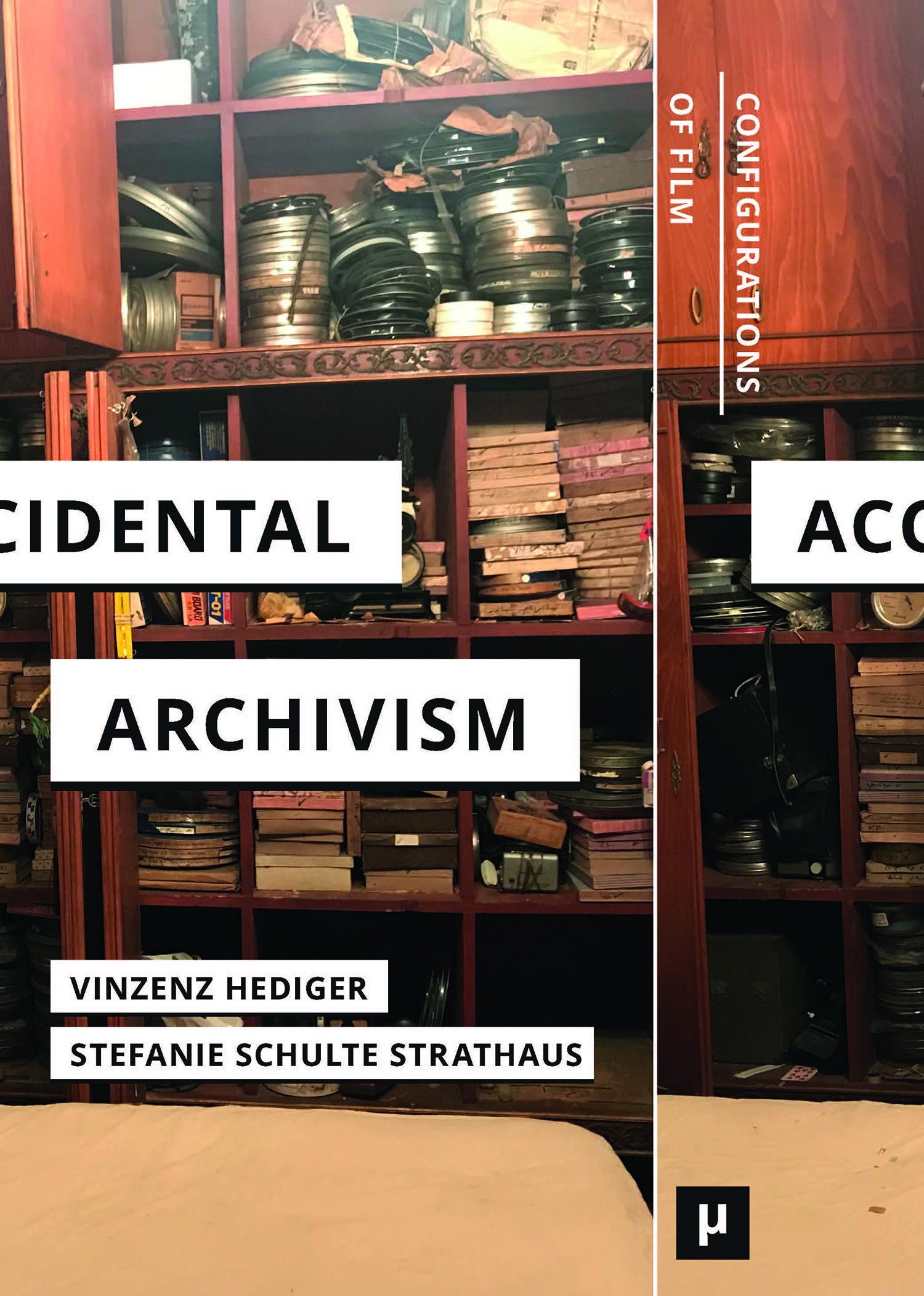
Author: Mila Turajlić
Author: Marie Sophie Beckmann
Author: Karola Gramann
Author: Ravi Vasudevan
Author: Ala Younis
Author: Lynhan Balatbat-Helbock
Author: Simone Venturini
Author: Clarissa Thieme
Author: Erika Balsom
Author: Gaby Babić
Author: Hadi Alipanah
Author: Añulika Agina
Author: Mareike Bernien
Author: Amrita Biswas
Author: Sema Çakmak
Author: Sonia Campanini
Author: Erica Carter
Author: Özge Çelikaslan
Author: Filipa César
Author: Didi Cheeka
Author: Vaginal Davis
Author: Madhusree Dutta
Author: Tamer El Said
Author: Almudena Escobar López
Author: Mariia Glazunova
Author: Ulrich Gregor
Author: Olena Goncharuk
Author: Veena Hariharan
Author: Mohammad Shawky Hassan
Author: Shai Heredia
Author: Tobias Hering
Author: Grazia Ingravalle
Author: Ritika Kaushik
Author: Philipp Dominik Keidl
Author: Julita Pratiwi
Author: Lisabona Rahman
Author: Ivanna Khitsinska
Author: Hieyoon Kim
Author: Laura Kloeckner
Author: Merle Kröger
Author: Asja Makarevic
Author: Nils Meyn
Author: Petna Ndaliko Katondolo
Author: Rebecca Ohene-Asah
Author: Volker Pantenburg
Author: Nikolaus Perneczky
Author: Francesco Pitassio
Author: Constanze Ruhm
Author: Heide Schlüpmann
Author: Alexandra Schneider
Author: Girish Shambu
Author: Marc Siegel
Author: Can Sungu
Editor: Stefanie Schulte Strathaus
Editor: Vinzenz Hediger
Lüneburg: meson press, 2023
In the digital media ecology, archives are changing. Artists, curators, critics and scholars assume the role of accidental archivists. They shape cinema’s futures by salvaging precarious repositories and making them matter in new ways. In the process, the cinema’s public, a democratic body seemingly scattered about platforms and niches in a post-pandemic world, re-emerges as a political force.
Accidental Archivism brings together programmatic statements and proposals to explore an artistic space between archiving and activism, a space where remnants of the past become the building blocks of new ways of making, showing, teaching and thinking cinema.
October 2023
Boundary Images
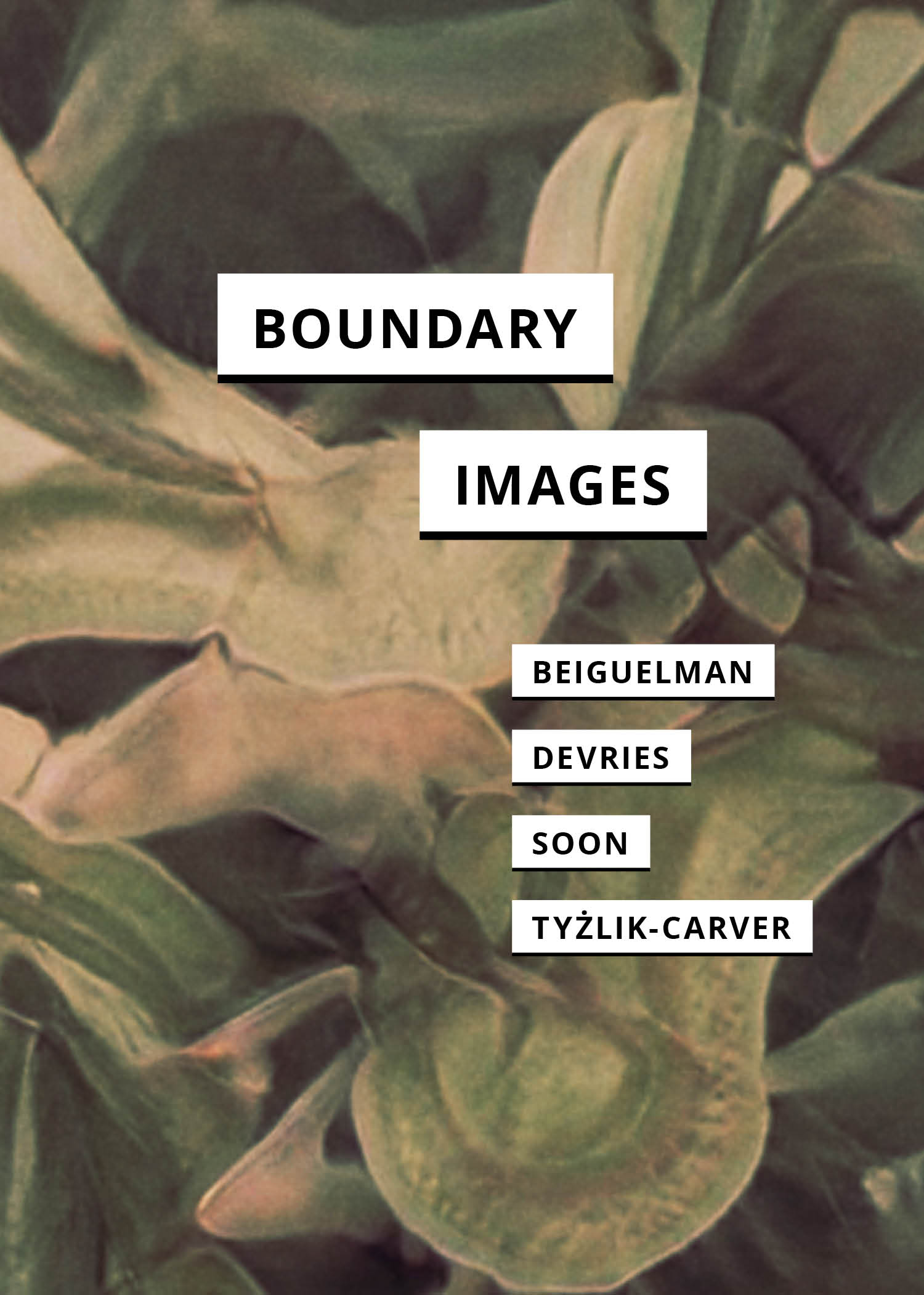
Author: Giselle Beiguelman
Author: Melody Devries
Author: Winnie Soon
Author: Magdalena Tyżlik-Carver
Lüneburg: meson press, 2023
How are images made, and how should we understand the capacities of digital images? This book investigates images as well as the technologies that host them. Its three chapters discuss the boundaries that images cross and blur between humans, machines, and nature and the ways in which images are political, material, and visual. Exploring these boundaries of images, this book places itself at the limits of the visual and beyond what can be seen, understanding these as starting points for the production of new and radically different ways of knowing about the world and its becomings.
September 2023
Frictions: Inquiries into Cybernetic Thinking and Its Attempts towards Mate[real]ization
![cover for Frictions: Inquiries into Cybernetic Thinking and Its Attempts towards Mate[real]ization](https://meson.press/wp-content/uploads/2023/08/Cover_Frictions.jpg)
Author: Sebastian Vehlken
Author: Andrei Cretu
Author: Wolfgang Ernst
Author: Thomas Fischer
Author: Hans-Christian von Herrmann
Author: Stefan Höltgen
Author: Rolf F. Nohr
Author: Eva Schauerte
Author: Isabell Schrickel
Editor: Diego Gómez-Venegas
Lüneburg: meson press, 2023
Frictions is a collective invitation to embrace the space of difference that both connects and separates techno-scientific discourses from their actual implementations—or even, from their non-implementations. Through a series of case studies focused on cybernetics, systems research, and some of their more contemporary inheritors, this book argues that such a middle space, the topology of frictions, offers significant insights to assess the historical and epistemological relevance of these interconnected fields. Characterized here as cybernetic thinking, this broad area of theoretical and applied projects would conceal, precisely within its frictions, the operational principles of our present.
August 2023
Mediale Teilhabe: Partizipation zwischen Anspruch und Inanspruchnahme
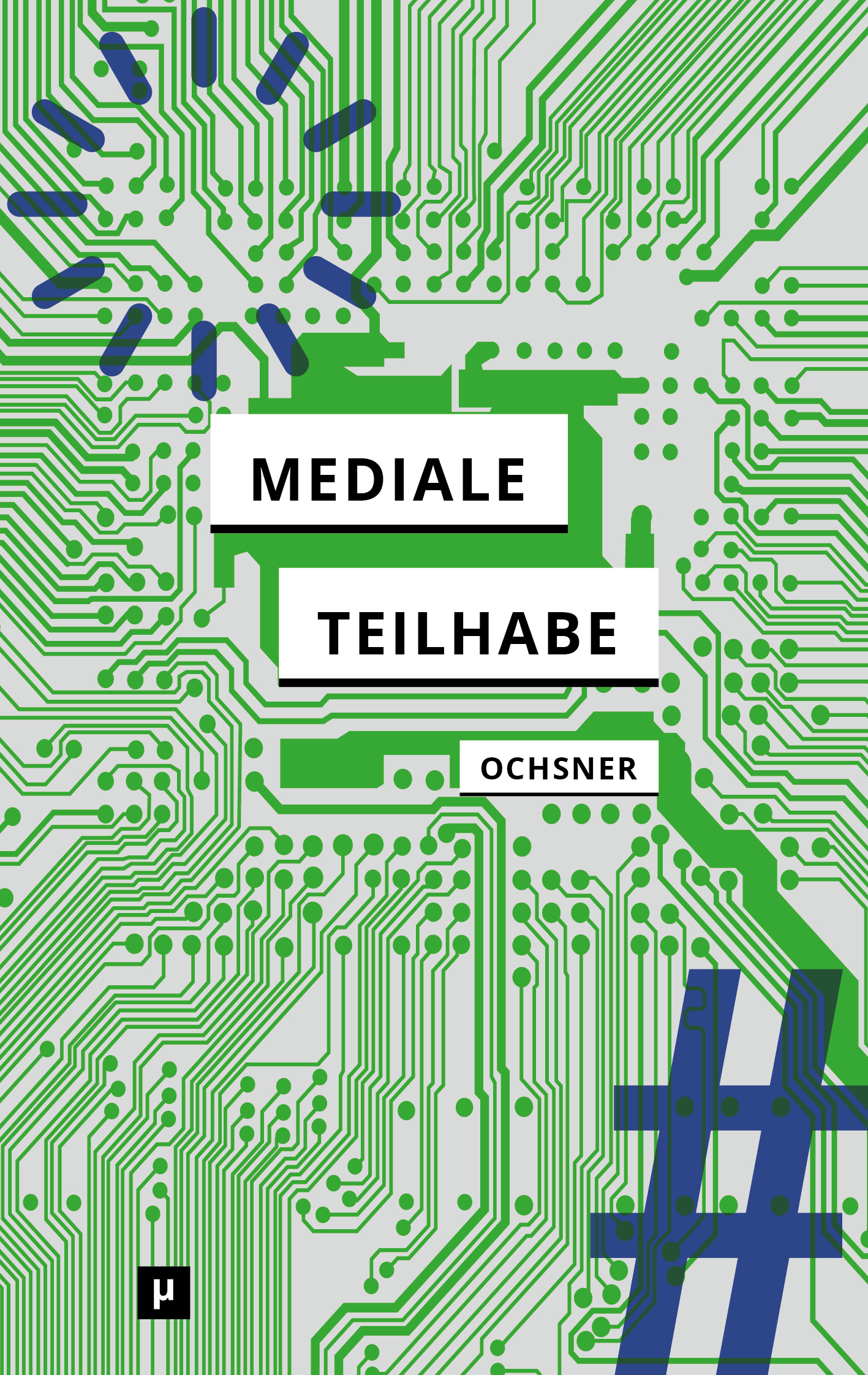
Author: Erich Hörl
Author: Milan Stürmer
Author: Markus Spöhrer
Author: Robert Stock
Author: Isabell Otto
Author: Urs Stäheli
Author: Anne Ganzert
Author: Mathias Denecke
Author: Elke Bippus
Author: Christoph Brunner
Author: Roberto Nigro
Author: Michel Schreiber
Author: Matthias Drusell
Author: nate wessalowski
Author: Ruth Lang
Editor: Beate Ochsner
Lüneburg: meson press, 2023
Gesellschaftliche, politische und wissenschaftliche Forderungen nach mehr Beteiligung, Zugang und Mitwirkung sind ebenso allgegenwärtig wie spannungsgeladen und durchzogen von Ambivalenzen. Mediale Teilhabe fragt nach den medialen Ermöglichungs- und Austauschprozessen, als deren Effekt Teilhabe/Nicht-Teilhabe entsteht. Entlang der Modalitäten Verschalten, Temporalisieren und Teilhabende Kritik entwickeln die Beiträge einen differenzierten Blick auf Teilhabe im Spannungsfeld von Anspruch und Inanspruchnahme.
Digital Energetics
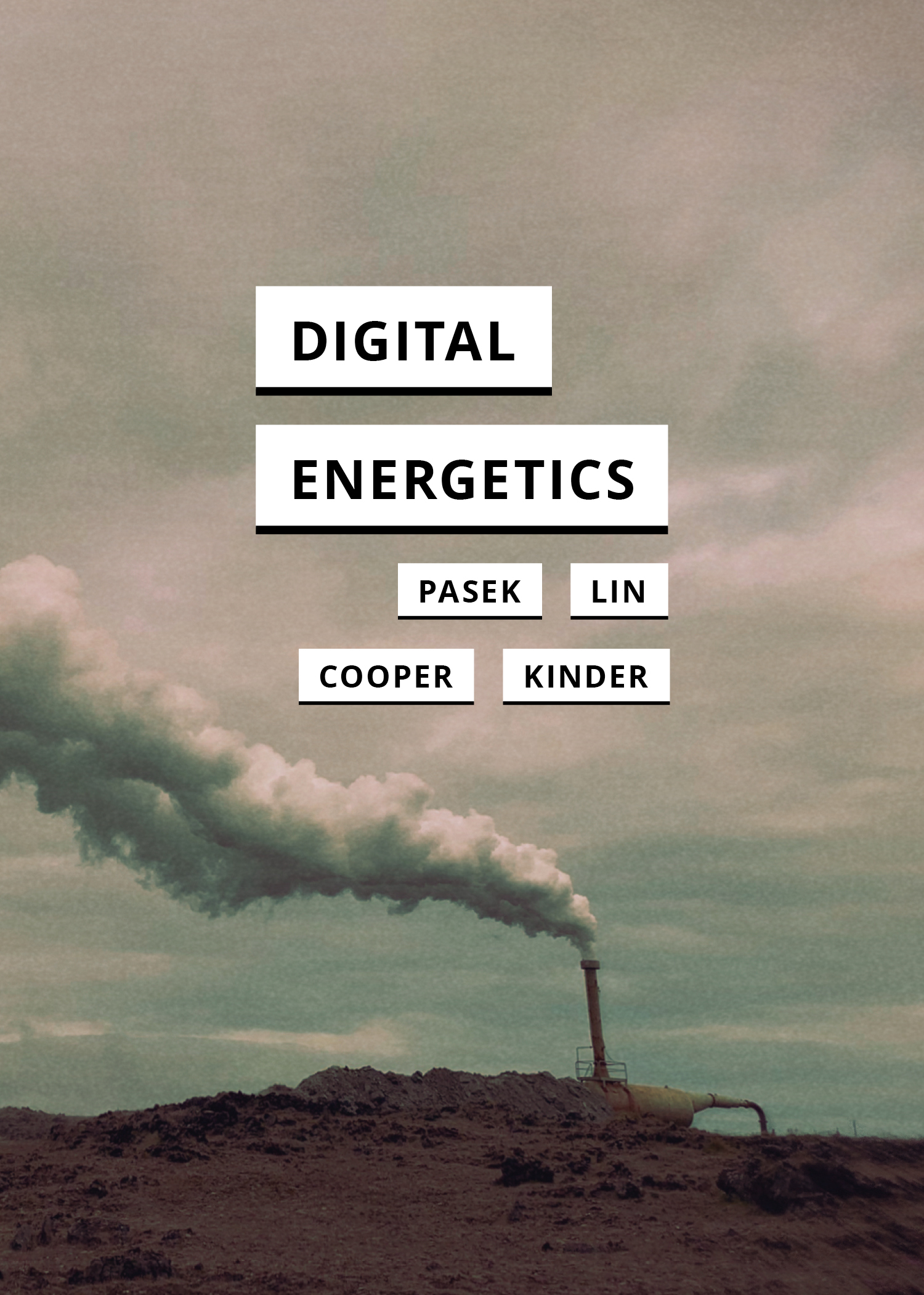
Author: Zane Griffin Talley Cooper
Author: Jordan B. Kinder
Author: Cindy Kaiying Lin
Author: Anne Pasek
Lüneburg: meson press, 2023
Media and energy require joint theorization as they are bound together across contemporary informational and fossil regimes. Digital Energetics traces the contours of a media analytic of energy and an energy analytic of media across the cultural, environmental, and labor relations they subtend. Focusing specifically on digital operations, its authors analyze how data and energy have jointly modulated the character of data work and politics in a warming world.
July 2023
Algorithmic Authenticity: An Overview
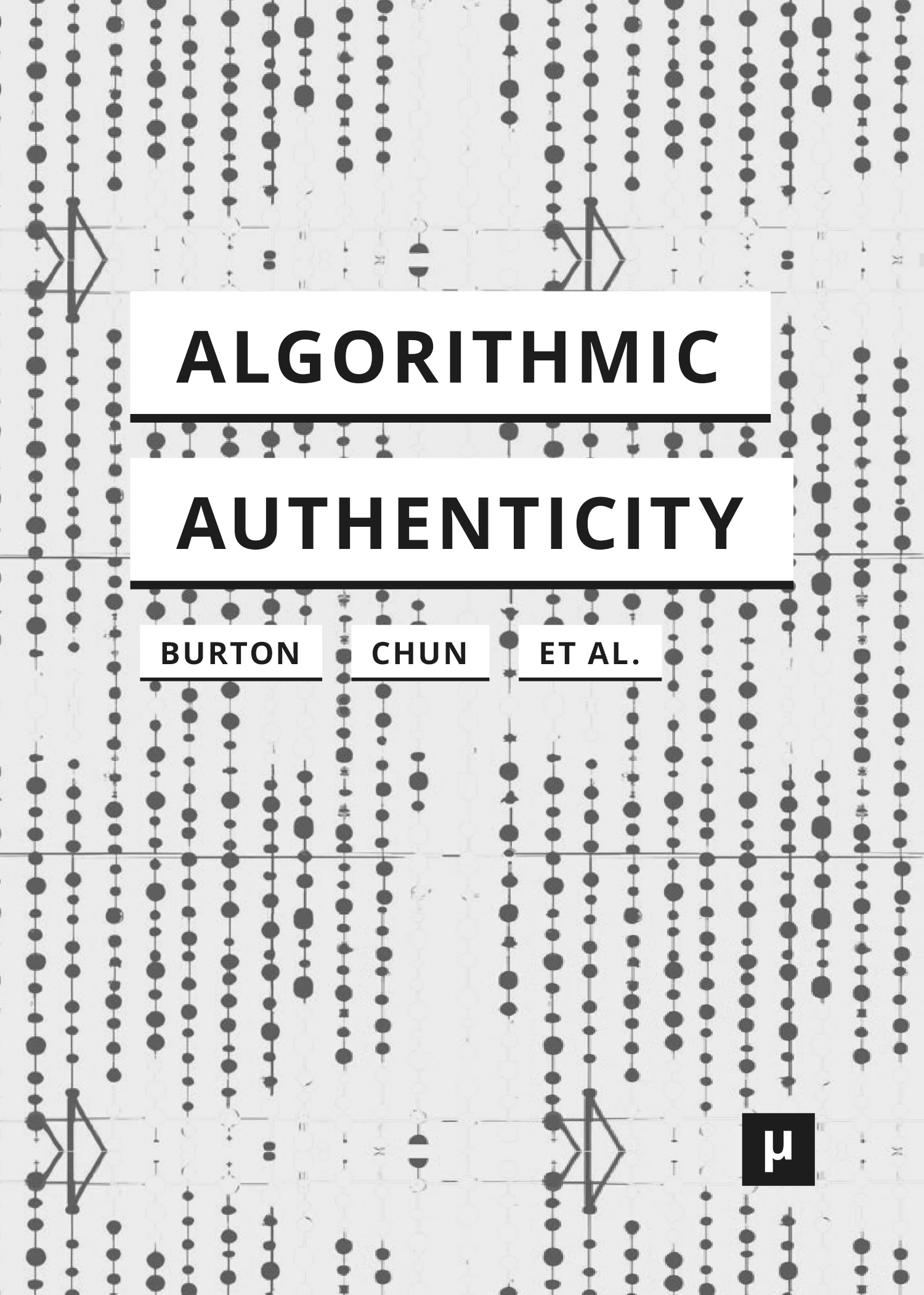
Author: Anthony Glyn Burton
Author: Wendy Hui Kyong Chun
Author: Liliana Bounegru
Author: Melody Devries
Author: Amy Harris
Author: hannah holtzclaw
Author: Ioana B. Jucan
Author: Alexandra Juhasz
Author: D.W. Kamish
Author: Ganaele Langlois
Author: Jasmine Proctor
Author: Christine Tomlinson
Author: Roopa Vasudevan
Author: Esther Weltevrede
Lüneburg: meson press, 2023
What makes information feel true or compelling in our contemporary digital societies? This book brings together different disciplinary understandings of “authenticity” in order to find alternative ways to approach mis- and disinformation that go beyond contemporary fact-checking and its search for the “authentic” truth. Patterned under the algorithmic flows of digital capitalism, authenticity itself is subject to variation, iteration, and outside influence. Linking cross-disciplinary research on the history and practices of algorithmic authenticity points to new research questions to understand the impact of algorithmic authenticity on social life and its role in contemporary information disorder.
June 2023
Post-Cinematic Bodies
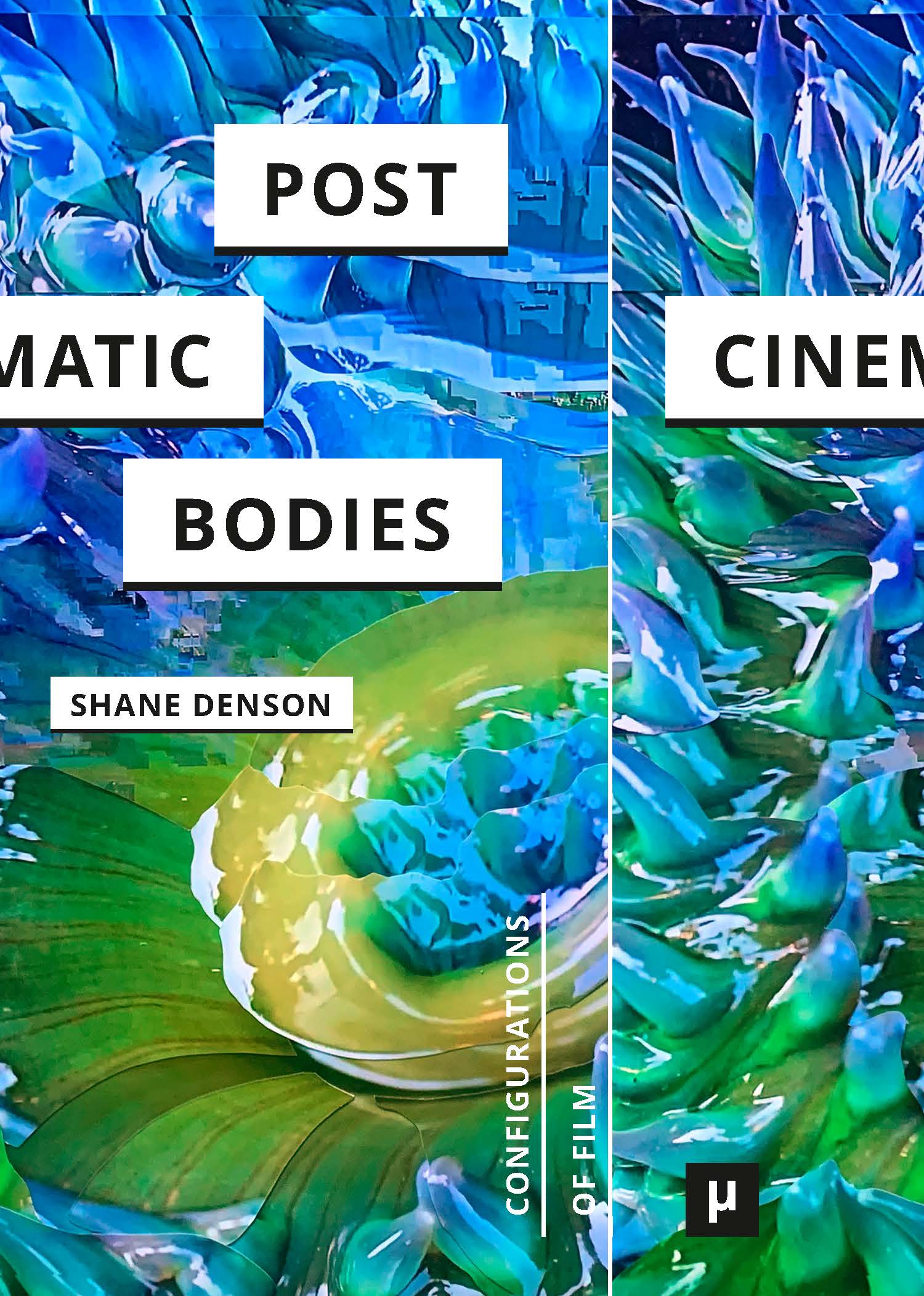
Author: Shane Denson
Lüneburg: meson press, 2023
How is human embodiment transformed in an age of algorithms? How do post-cinematic media technologies such as AI, VR, and robotics target and re-shape our bodies? Post-Cinematic Bodies grapples with these questions by attending both to mundane devices—such as smartphones, networked exercise machines, and smart watches and other wearables equipped with heartrate sensors—as well as to new media artworks that rework such equipment to reveal to us the ways that our fleshly existences are increasingly up for grabs. Through an equally philosophical and interpretive analysis, the book aims to develop a new aesthetics of embodied experience that is attuned to a new age of predictive technology and metabolic capitalism.
March 2023
Counter-Dancing Digitality: On Commoning and Computation

Author: Shintaro Miyazaki
Lüneburg: meson press, 2023
Digitality is imposed upon us! To change this, we should not turn away from it, but look carefully into its transformative power and make operable alternatives such as counter-algorhythms and solidarity-oriented commoning. The aim is a world where profit and property no longer exist, but instead where a cooperative dance – between all the needs posed by our ecosystems, and all the needs of people – becomes practicable. This book is a critical media theory of future-building, modulated by a focus on the potentials of counter-dancing as providing ways to unfold fugitive practices.
February 2023
Preferable Futures
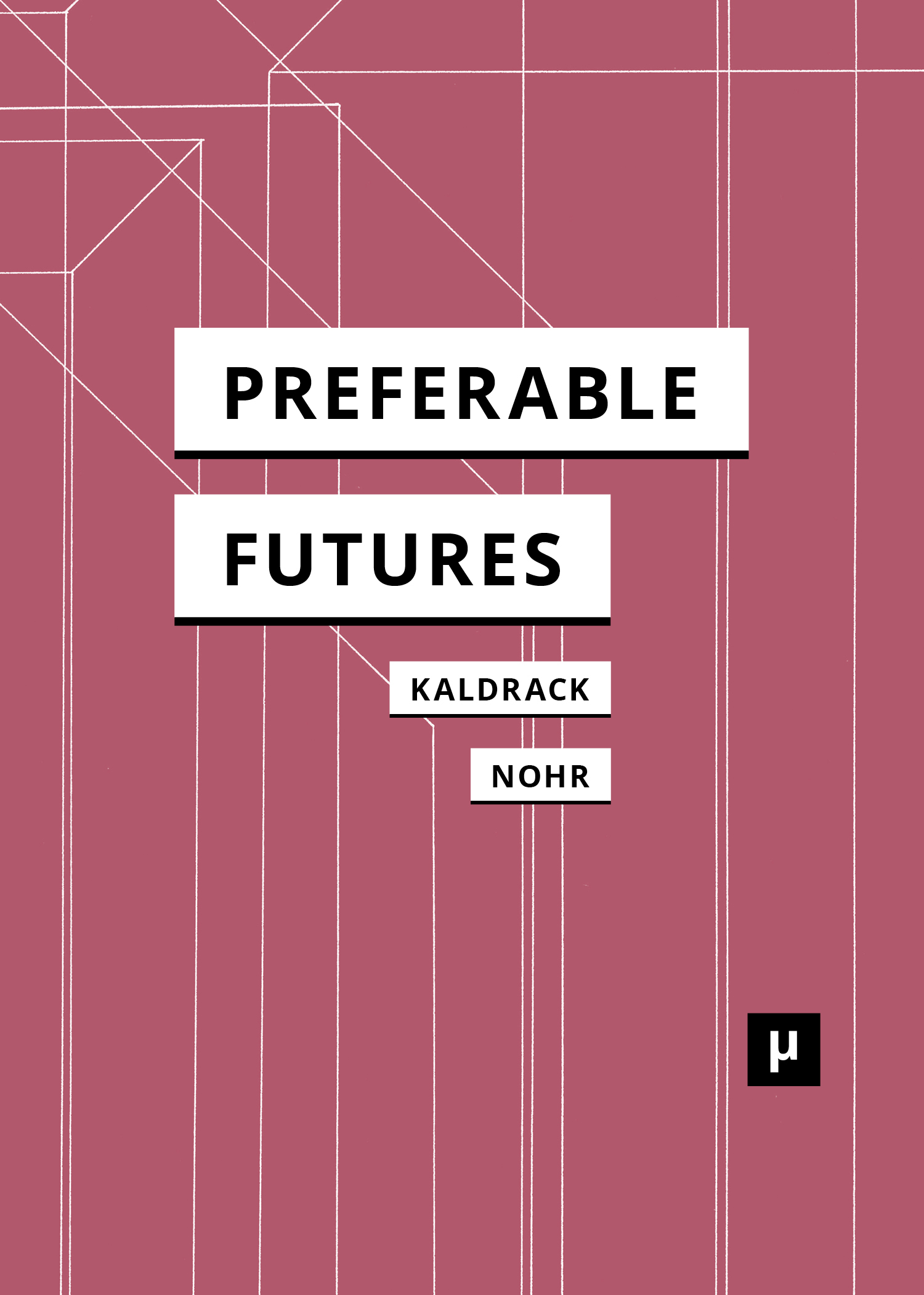
Editor: Irina Kaldrack
Editor: Rolf F. Nohr
Preferable Futures delves into the question of possible, probable, and desirable futures amidst the pressures of climate change and digitalization. Through a diverse range of perspectives, the book explores ways to negotiate and create desirable futures using the concept of transformation design in theory and practice, economic business simulations, and recent humanistic theories. This thought-provoking read challenges us to imagine and (re)shape a future we cannot predict and find ways to make a difference right now.
Kritik postdigital
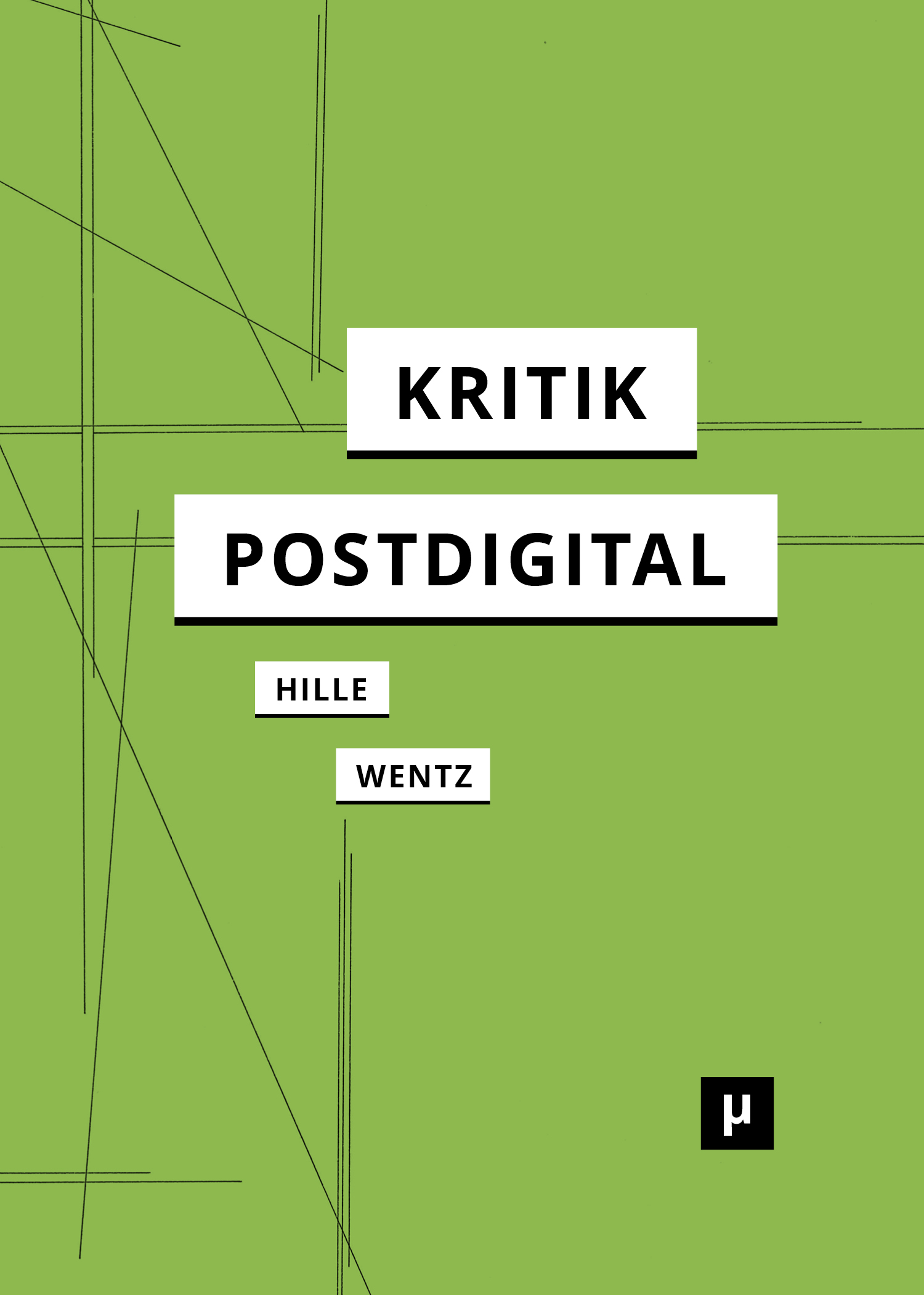
Editor: Laura Hille
Editor: Daniela Wentz
Lüneburg: meson press, 2023
Die realpolitische Affirmation der Universalität des Digitalen geht mit einer regelrechten Abwehr der kritischen Reflexion seiner scheinbaren Axiome einher. Umso dringlicher ist es zu fragen: Was sind die Bedingungen und Möglichkeiten von Kritik am Digitalen und seiner Kulturen? Wie lässt sich die drängende Notwendigkeit politischer Haltung und kritischer Praxis mit einem wissenschaftlichen Einsatz verbinden, der die Eigengesetzlichkeiten des Digitalen ernst nimmt? Die Beiträge in Kritik postdigital begegnen diesen Herausforderungen aus sozial-, medienwissenschaftlicher und philosophischer Perspektive.
October 2022
Records of Disaster: Media Infrastructures and Climate Change
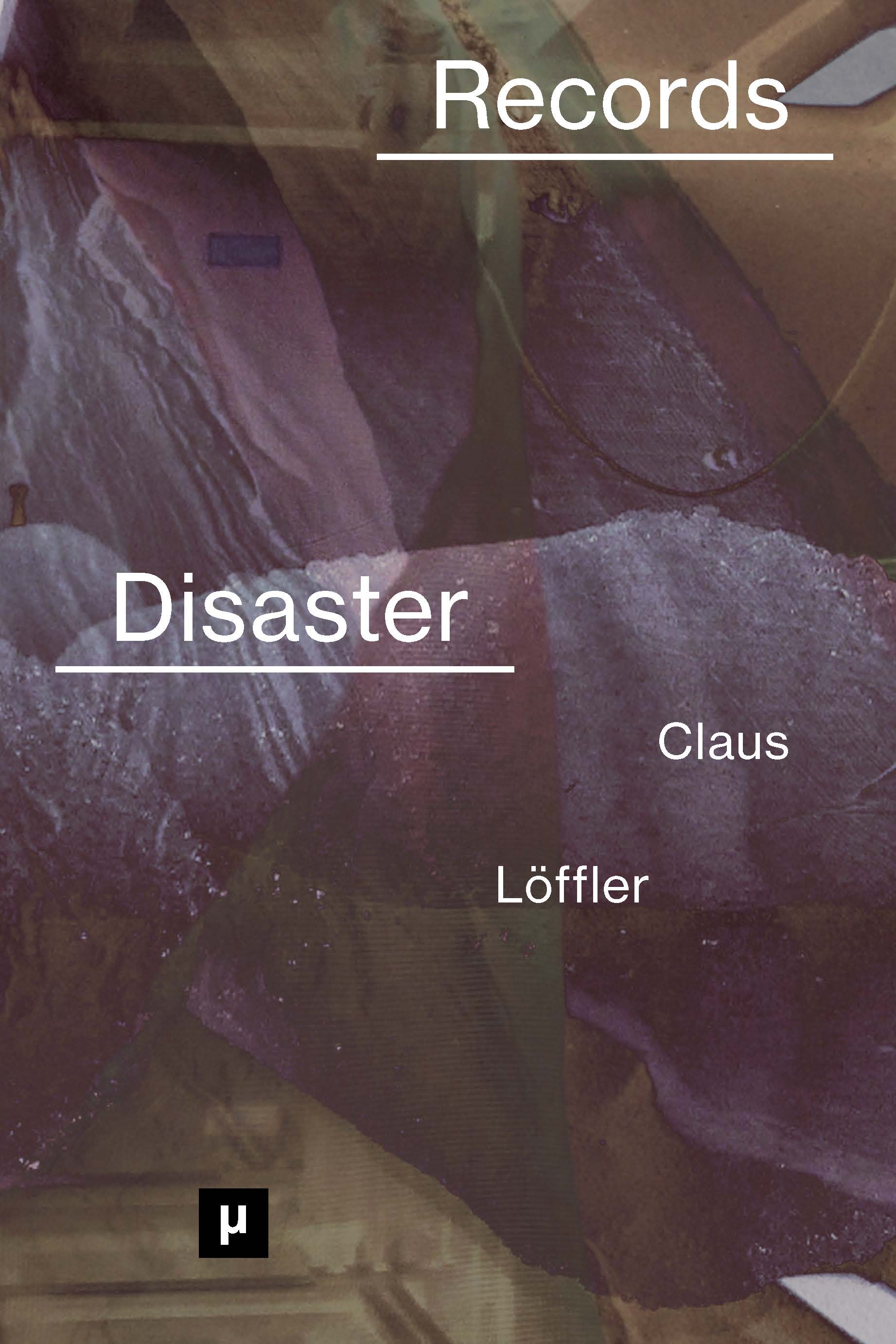
Author: Solveig Qu Suess
Author: Gabriele Schabacher
Author: Susan Schuppli
Author: Marie Sophie Beckmann
Author: Charlotte Bolwin
Author: Katrin Köppert
Author: Armin Linke
Editor: Petra Löffler
Editor: Jakob Claus
Lüneburg: meson press, 2022
Records of Disasters: Media Infrastructures and Climate Change explores how environmental disasters manifest and inscribe themselves in infrastructures. By turning to infrastructures, their logic and functioning, collapse and malfunction, the volume reveals their potential as fragile material witnesses to and of disasters. As climate change is unequally distributed across continuous dynamics and events, time scales and spatial registers, infrastructures can be understood as proxies or seismographs mediating different spatio-temporal layers that make these dynamics tangible. Disaster is made operational by negotiating what is defined as such, and under which geopolitical conditions. What connects melting glaciers and the knowledge from ice cores to the mapping of the ocean floor and the extraction of resources in the deep-sea? How can infrastructures be thought in time and “critical proximity”, and how do they bear witness to colonial pasts and presents? The volume proposes an analytical perspective on infrastructures as multi-layered witnesses to climate change, bringing together scientific and artistic approaches, students and scholars from different disciplines.
September 2022
Guantánamo Frames
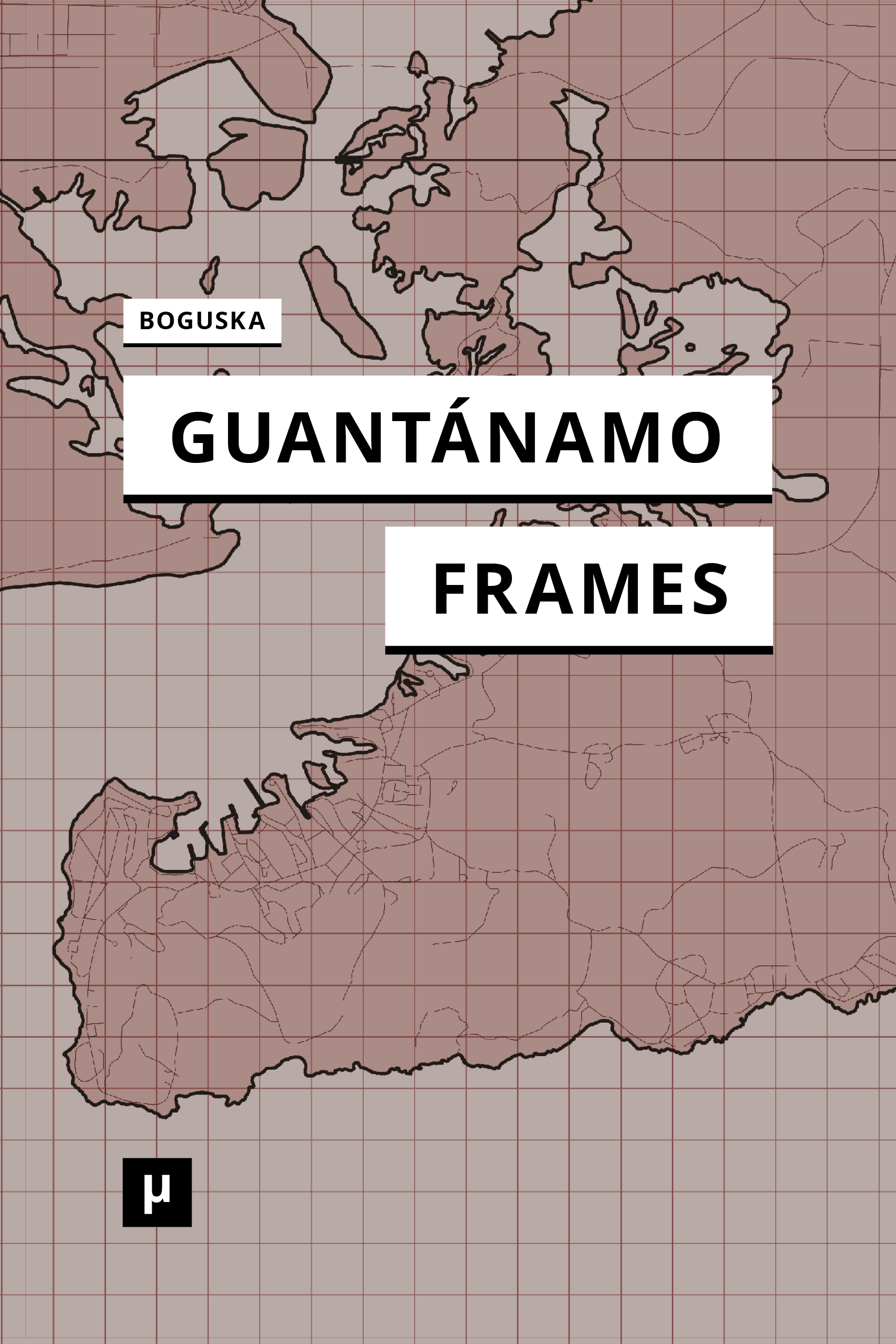
Author: Rebecca Boguska
Lüneburg: meson press, 2022
For the last twenty years, the Guantánamo Bay detention camp has not just been a military prison and security facility, but also a site of media production. Films, photographs, and documents have continued to emerge from the camp and become the focus of fierce legal and political battles, as well as intense moral anguish. This book looks at how the US Department of Defense has struggled, and often failed, to control the public perception of these media objects through complex, layered framing devices. It traces how small ruptures in the Department’s framings have provided openings for critical interventions from various fields – ranging from journalism and human rights law to the arts. Guantánamo Frames thus lays the groundwork for a critical reappraisal of the entanglement of media, violence, and the security state in a broader sense.
Nonconscious: On the Affective Synching of Mind and Machine
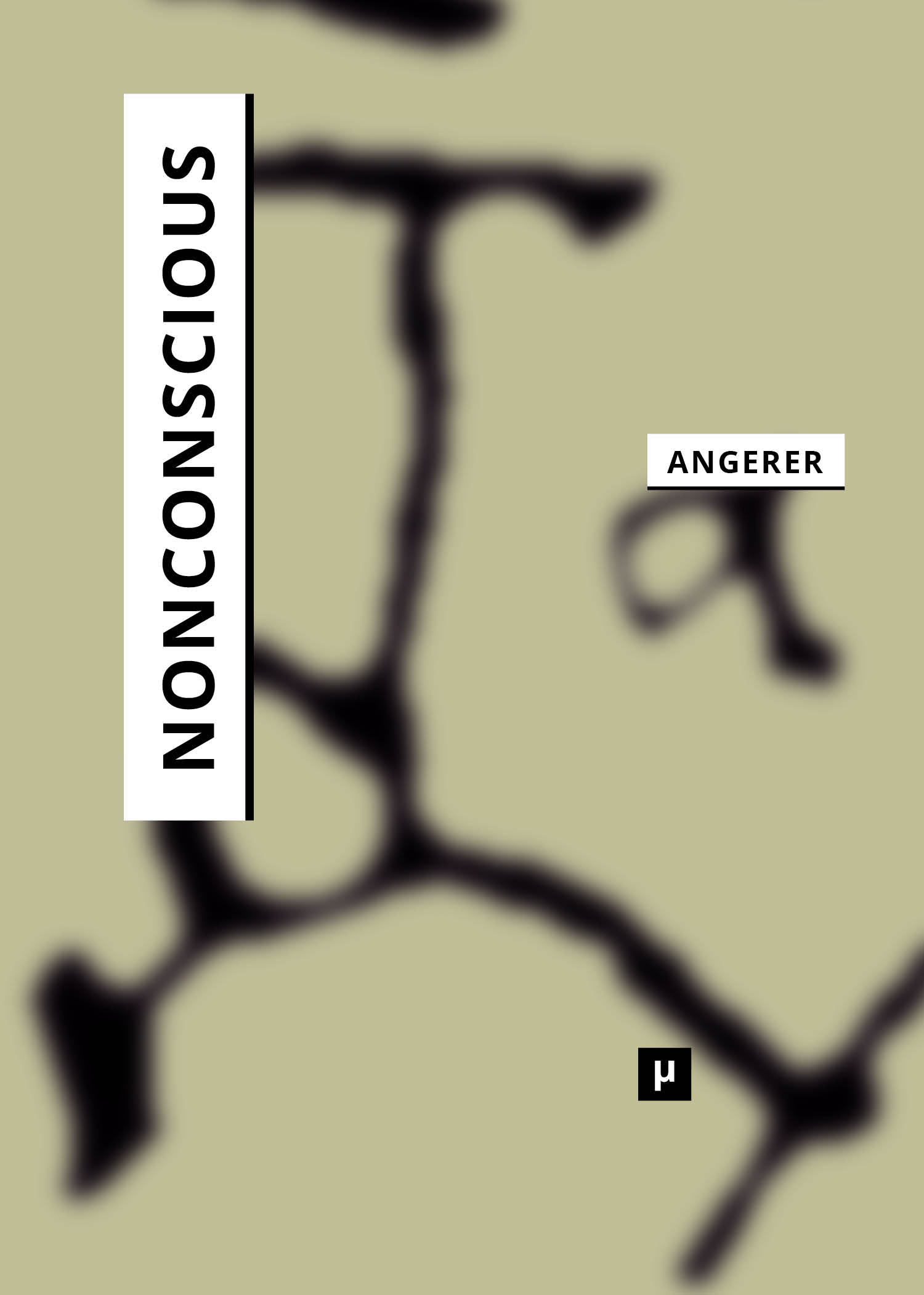
Author: Marie-Luise Angerer
Lüneburg: meson press, 2022
Growing numbers of nonhuman companions are creating affective synching between human and nonhuman agency. Unlike the unconscious of psychoanalysis, this book argues, the resulting nonconscious is no longer coupled to a subject grounded in language, instead acting as an affective link between technical, mental, and physical processes.
August 2022
Technopharmacology
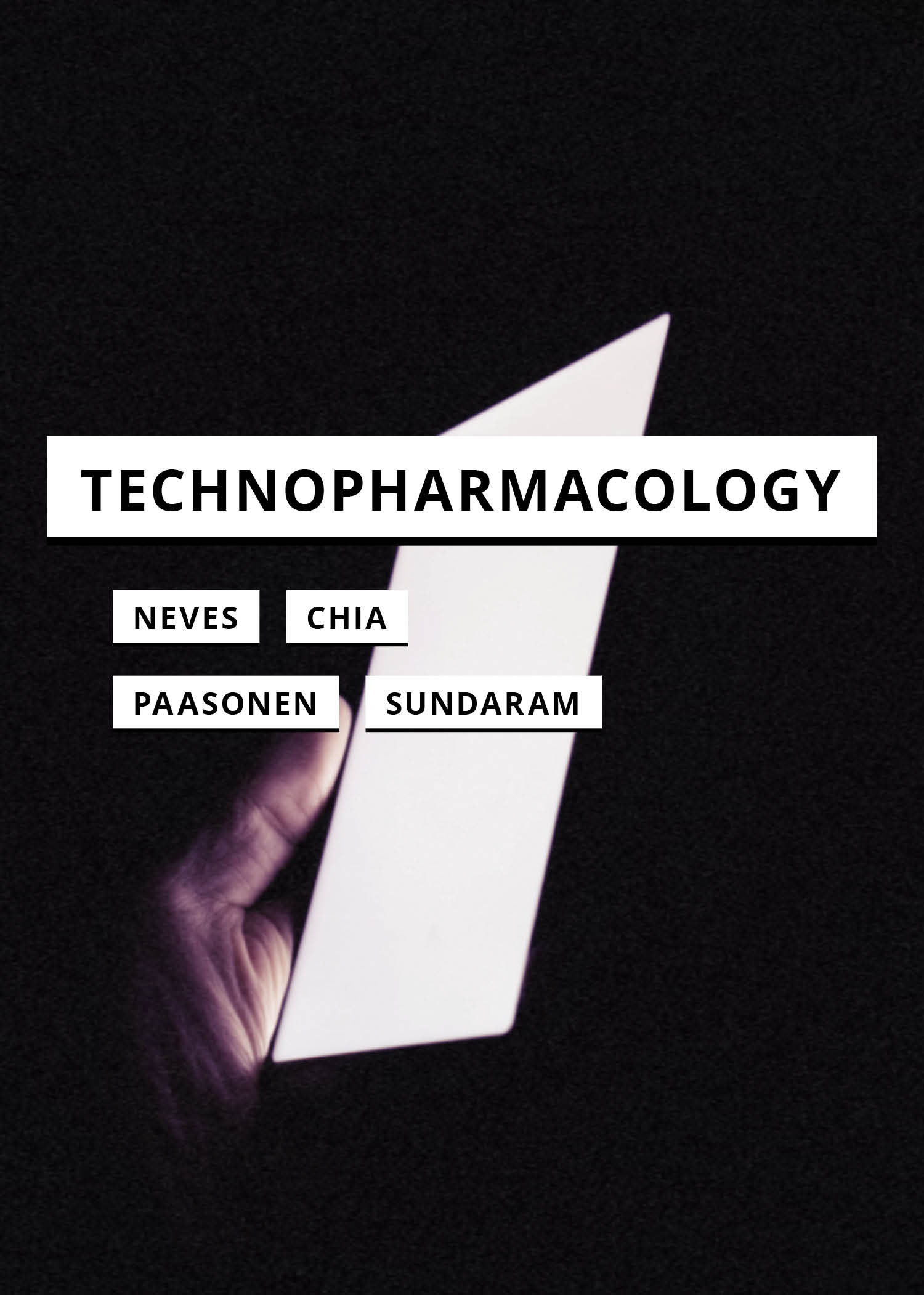
Author: Joshua Neves
Author: Aleena Chia
Author: Susanna Paasonen
Author: Ravi Sundaram
Lüneburg: meson press, 2022
https://doi.org/10.14619/029-0
Technopharmacology is a modest call to expand media theoretical inquiry by attending to the biological, neurological, and pharmacological dimensions of media and centers on emergent affinities between big data and big pharma.
June 2022
Fahrradutopien: Medien, Ästhetiken und Aktivismus
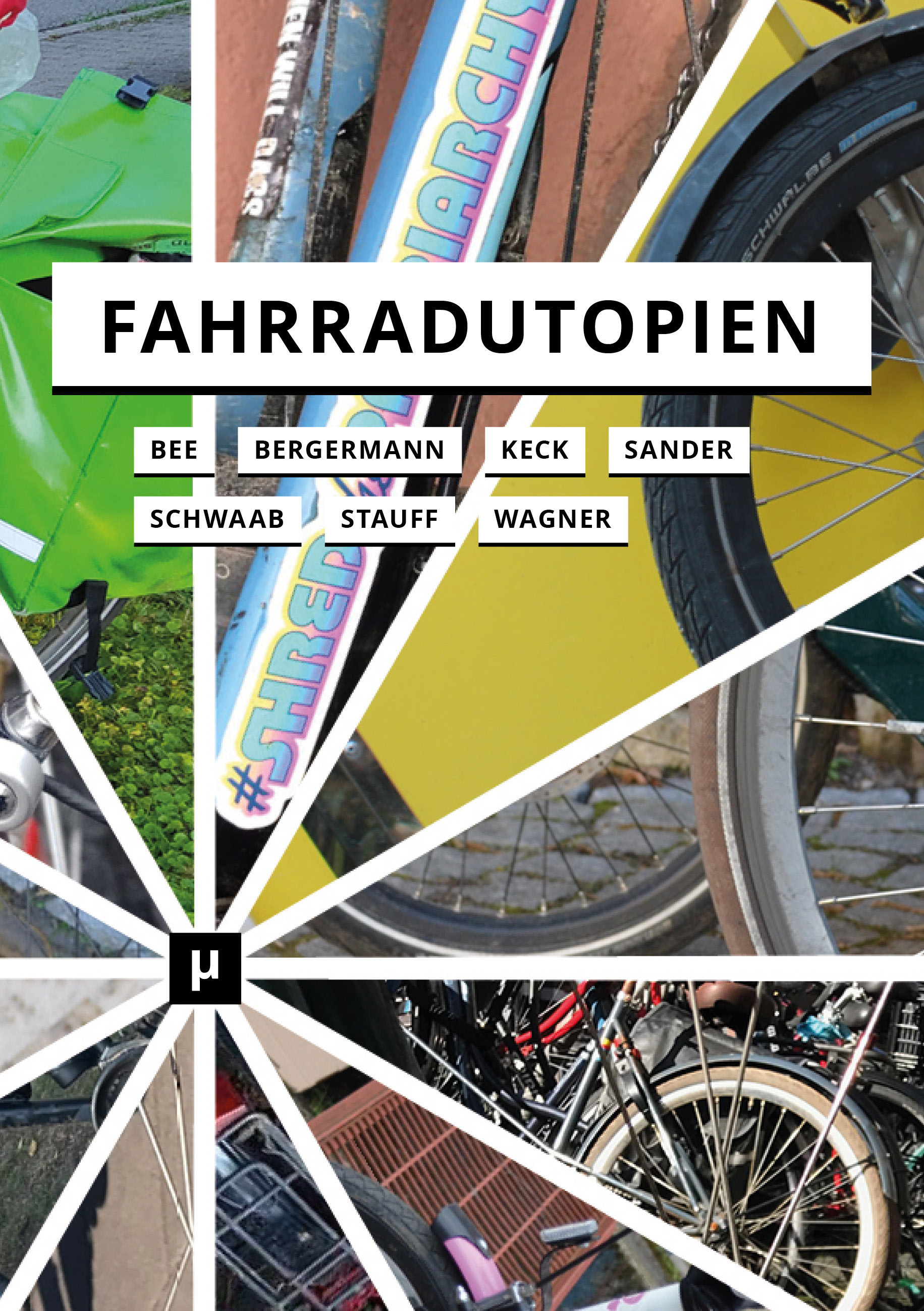
Author: Julia Bee
Author: Linda Keck
Author: Markus Stauff
Author: Ulrike Bergermann
Author: Sarah Sander
Author: Herbert Schwaab
Author: Franzi Wagner
Lüneburg: meson press, 2022
Das Fahrrad ist ein Medium sozialer Veränderung. Seine vielfältigen utopischen Potenziale ergeben sich nicht zuletzt aus seinen ebenso vielfältigen und häufig übersehenen medialen Qualitäten: Es vermittelt, es verbindet, es übersetzt; es modifiziert Wahrnehmung und Organisation von Raum und Zeit, von Körpern und von Sozialität. Umgekehrt kann auch das medienwissenschaftliche Denken fahrradmedial verändert werden. Das Fahrrad ist nicht nur Medium des sozialen und ökologischen Wandels: Radfahren eröffnet Perspektiven, verändert Räume, lässt neue Relationen entstehen und teilt Handlungsmacht neu auf.
Fahrradutopien denkt vom Fahrrad aus und ergänzt dabei bestehende Ansätze zur Mobilitätsforschung um medienkulturwissenschaftliche Perspektiven. Die Beiträge verbinden Medienwissenschaften und Forschungen zu Fahrradaktivismus mit der Liebe zum Radfahren. Fokussiert werden Fahrradfilme und -vlogs, Verkehr und Infrastrukturen, Virtuelle Realität und Fahrrad, Fahrradkollektive und Fahrradfeminismus.
April 2022
Foucault, digital
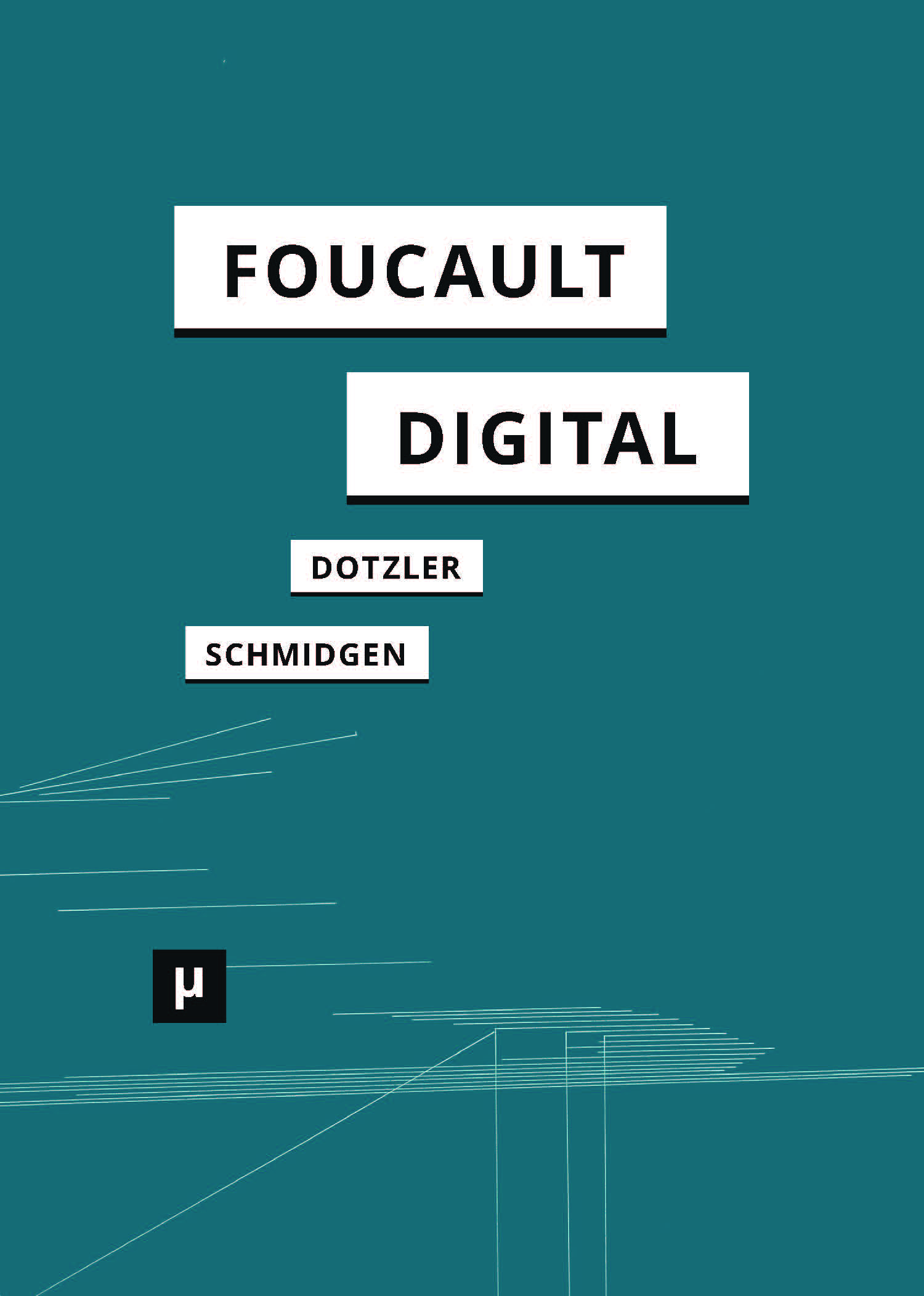
Author: Henning Schmidgen
Author: Bernhard J. Dotzler
Lüneburg: meson press, 2022
Mitte der 1960er Jahre hat Michel Foucault die Methode der „Diskursanalyse“ in die Geistes- und Sozialwissenschaften eingeführt. Besonders in der Archäologie des Wissens hat er dafür plädiert, die Geschichte des Wissens und der Wissenschaften zum Gegenstand diskursanalytischer Untersuchungen zu machen. Über ein halbes Jahrhundert später ist im Bereich der Informatik ein zunehmendes Interesse an der Diskursanalyse zu verzeichnen. In der Regel spielt Foucault dabei aber keine Rolle. Fern von jeder Archäologie setzen auch die Digital Humanities vermehrt auf die Analyse von historischen und gegenwärtigen Diskursen. Angesichts dieser Konjunkturen ist es an der Zeit, die Archäologie des Wissens neu zu lesen. Denn schon 1968 behauptete der französische Historiker Emmanuel Le Roy Ladurie „Der zukünftige Historiker wird Programmierer sein, oder er wird nicht sein.“ Ein Jahr später gibt Foucault mit seinem Buch auf eben diese Herausforderung eine ebenso informierte wie nuancierte Antwort. Diese Antwort ist in ihrer Aktualität und Relevanz erst noch zu entdecken.
March 2022
Uexküll’s Surroundings: Umwelt Theory and Right-Wing Thought
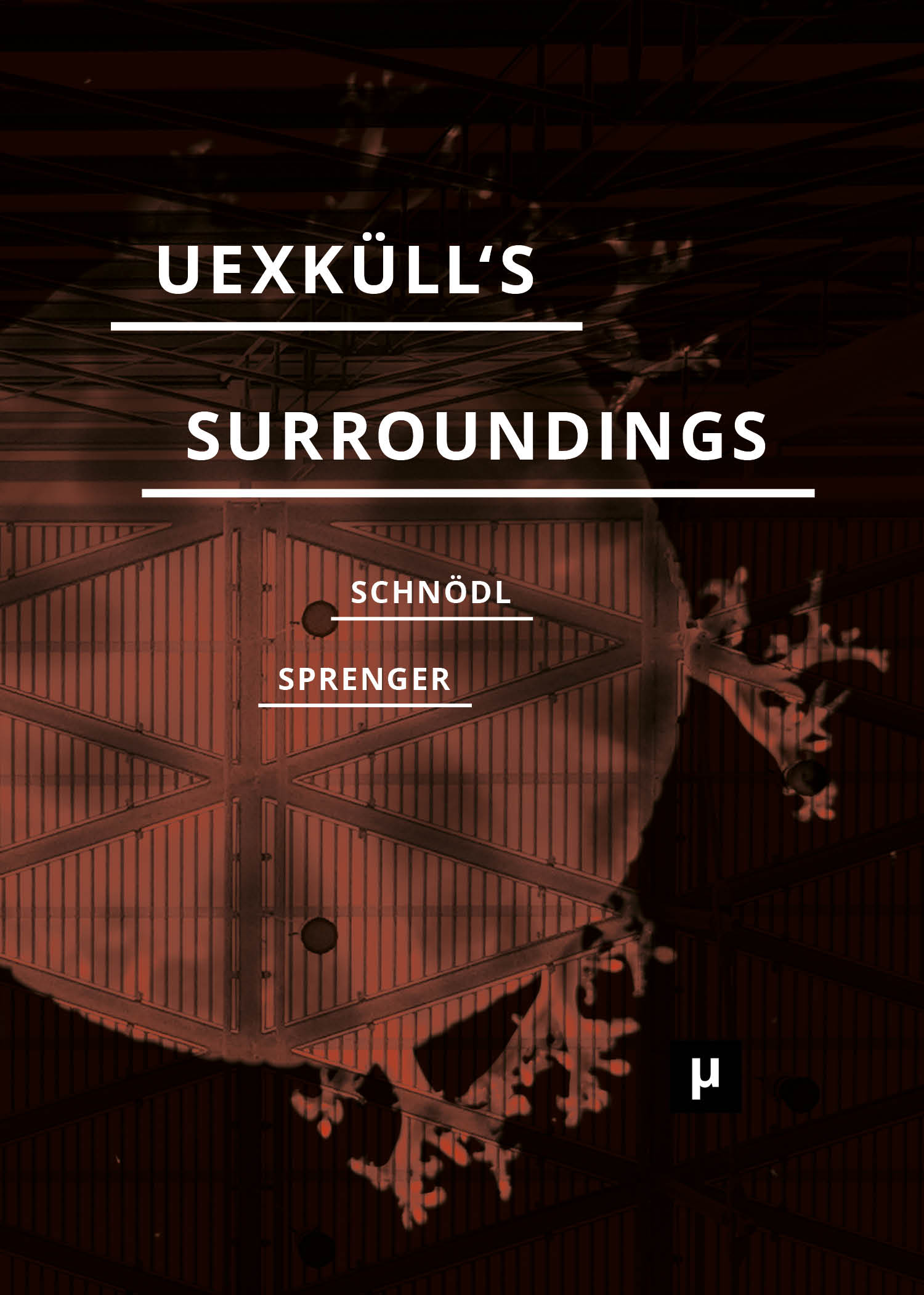
Author: Gottfried Schnödl
Author: Florian Sprenger
Translator: Michael Thomas Taylor
Translator: Wayne Yung
Lüneburg: meson press, 2022
With its diversity of possible Umwelten or environments for living things, Jakob von Uexküll’s Umwelt theory has been hailed by many readers as the first step toward an innovative, pluralistic conception of nonhuman life. But what is generally ignored is its structural conservatism, its identitarian logic in which everything should remain in its place and nothing should mix, and its proximity to Nazi ideology and politics. By turning the spotlight on these neglected aspects, Uexküll’s Surroundings opens up a new perspective on Uexküll’s Umwelt theory.
December 2021
Who Owns the Images? The Paradox of Archives, between Commercialization, Free Circulation and Respect
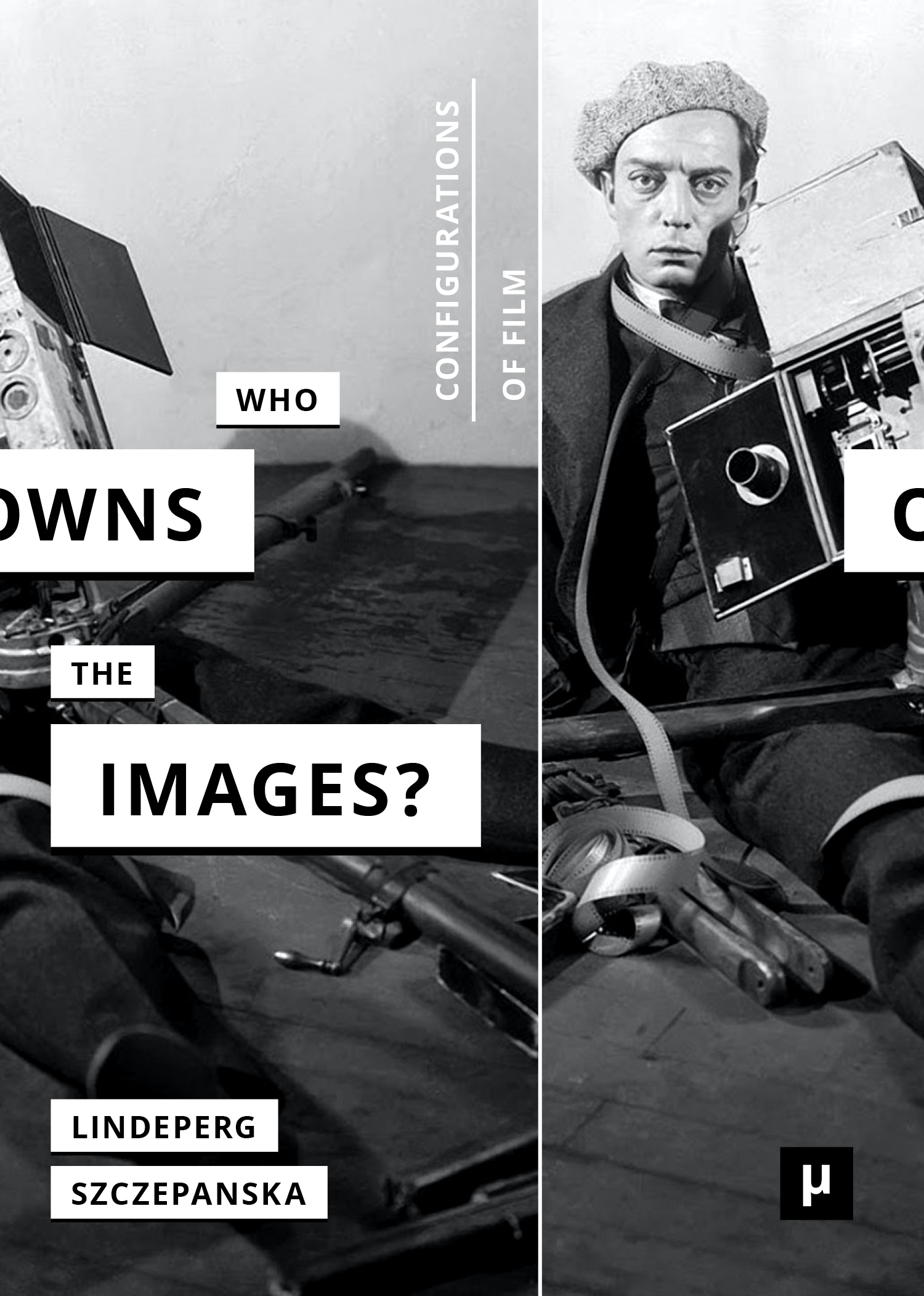
Editor: Sylvie Lindeperg
Editor: Ania Szczepanska
Lüneburg: meson press, 2021
Digitization carries the utopian promise of archival access unlimited by constraints of space and time, and with it, of new forms of research and historiographies. In reality, digital image archives pose a complex set of technical, legal, ethical and methodological challenges, particularly for film and media studies and adjacent fields. In a series of studies and interviews with practitioners, scholars and theorists, this volume draws a detailed map of these challenges and offers perspectives for further research and creative practice.
October 2021
Uexkülls Umgebungen: Umweltlehre und rechtes Denken
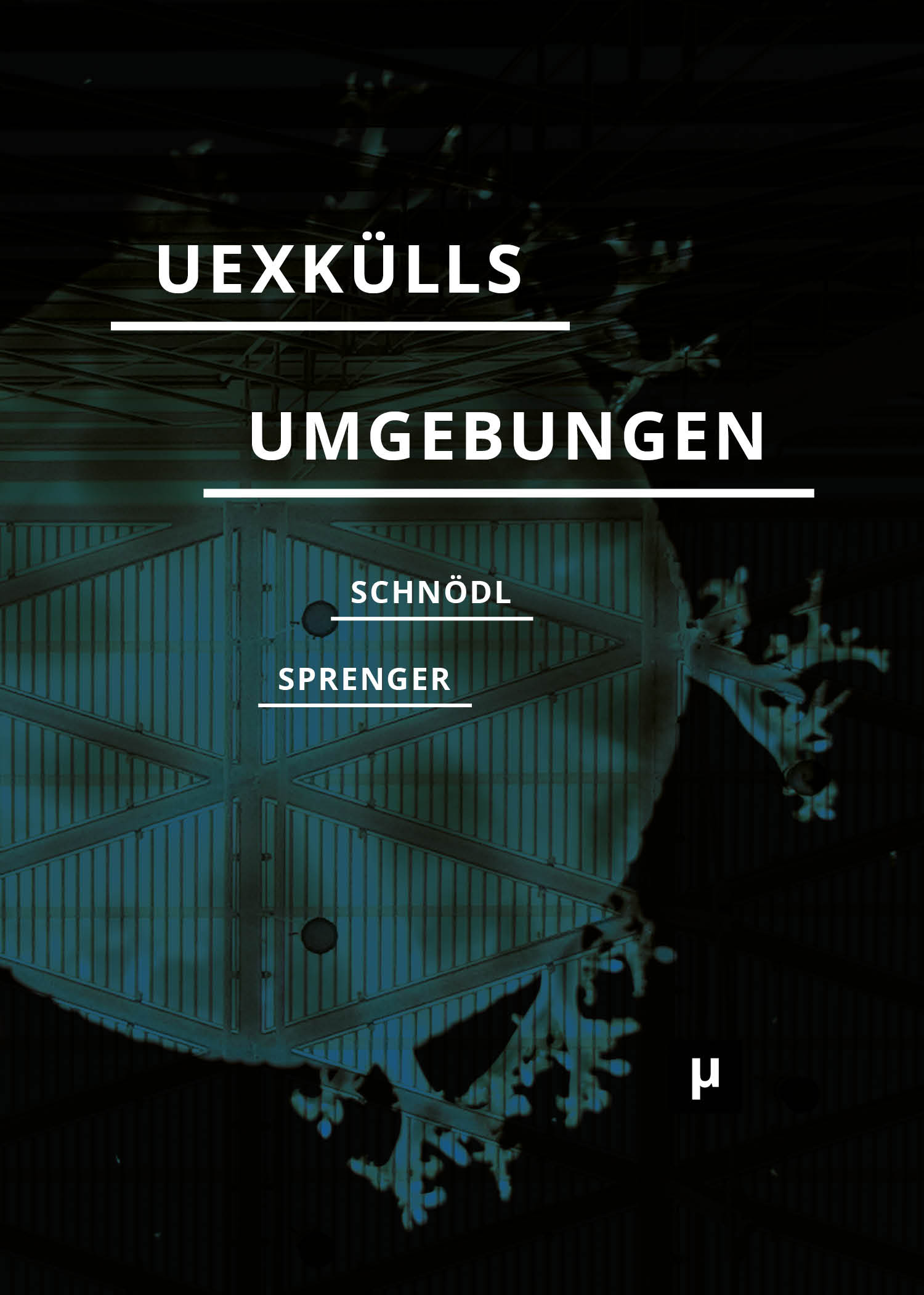
Author: Florian Sprenger
Author: Gottfried Schnödl
Lüneburg: meson press, 2021
Die Lehre Jakob von Uexkülls wird oft mit anerkennendem Blick auf die Vielfalt möglicher Umwelten und als erster Schritt zu einem anderen, pluralen Nachdenken über nicht-menschliche Lebensformen gelesen. Ihr struktureller Konservatismus, ihre identitäre Logik, nach welcher alles an seinem Platz bleiben und sich nichts vermischen soll, und ihre Nähe zum Nationalsozialismus bleiben dabei in aller Regel außen vor. Uexkülls Umgebungen stellt diese Fragen ins Zentrum und eröffnet damit einen neuen Blick auf Uexkülls Umweltlehre.
Media and Management
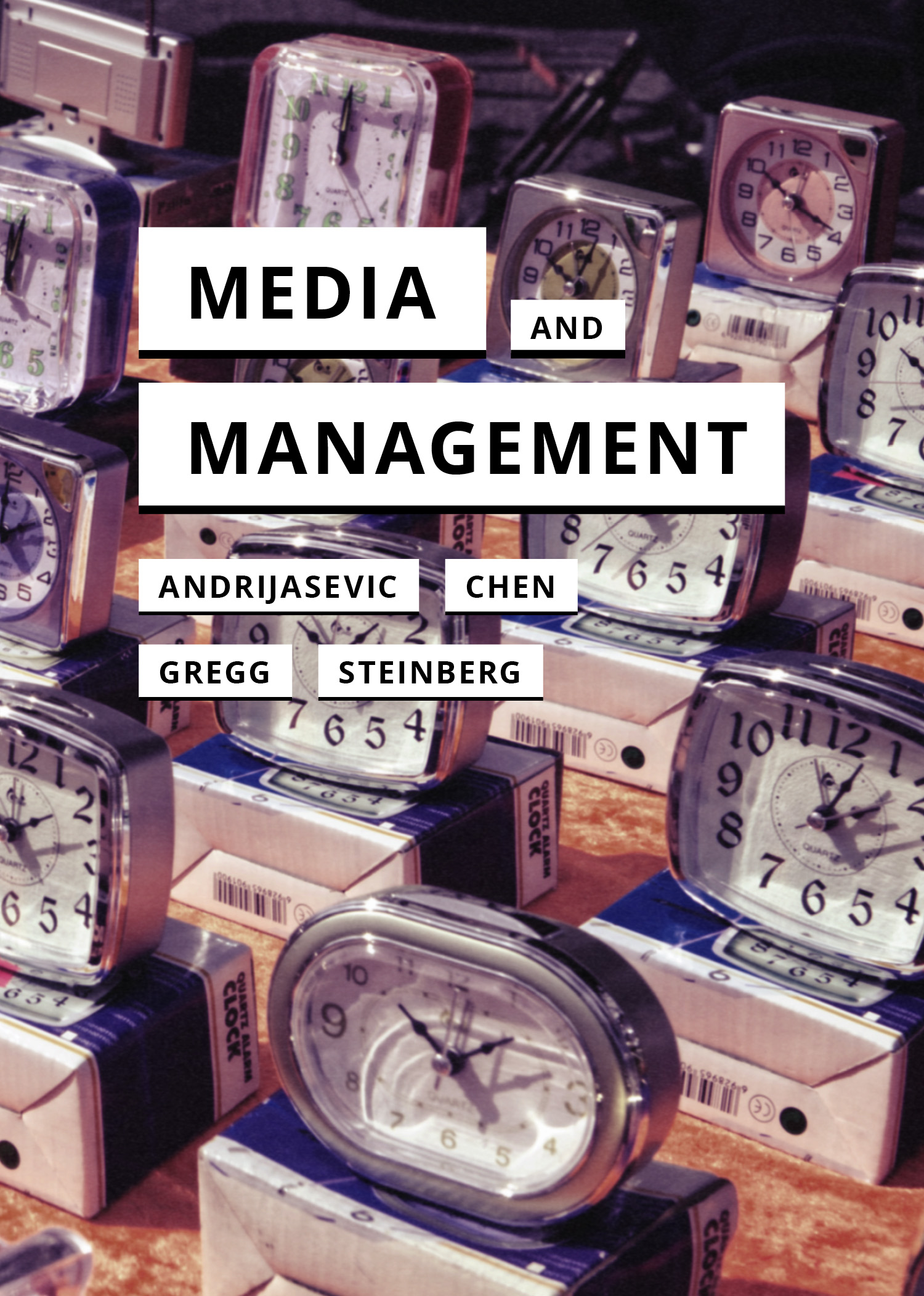
Author: Julie Yujie Chen
Author: Rutvica Andrijasevic
Author: Melissa Gregg
Author: Marc Steinberg
Lüneburg: meson press, 2021
https://doi.org/10.14619/028-3
Management is enabled by media, just as media give life to management. Studying the management innovations learned through media uncovers the evolving relationship between workers and employers. With a view to history, Media and Management shows the interdependence of hardware, software, and human experience adjusting to algorithmically defined rhythms.
July 2021
Really Fake

Author: Alexandra Juhasz
Author: Ganaele Langlois
Author: Nishant Shah
Lüneburg: meson press, 2021
https://doi.org/10.14619/154-9
With anchors in feminist theory, queer discourse, and digital politics, Really Fake rescues “fakeness” from the morass of “fake news” and rejuvenates “fake” as a material and tactical reality. This book treats fakeness as a media object itself: “Fakes” are things that travel and circulate through our bodies, sociality, and the technologies that envelop them. Punctuated with anecdotes, experiences, poetry, stories, and a strong feminist ethic and ethos of care, intimacy, and collectivity, Really Fake offers a series of entry points into reframing the debates of fakeness beyond polarized positions of performative outrage.
June 2021
Tactical Entanglements: AI Art, Creative Agency, and the Limits of Intellectual Property
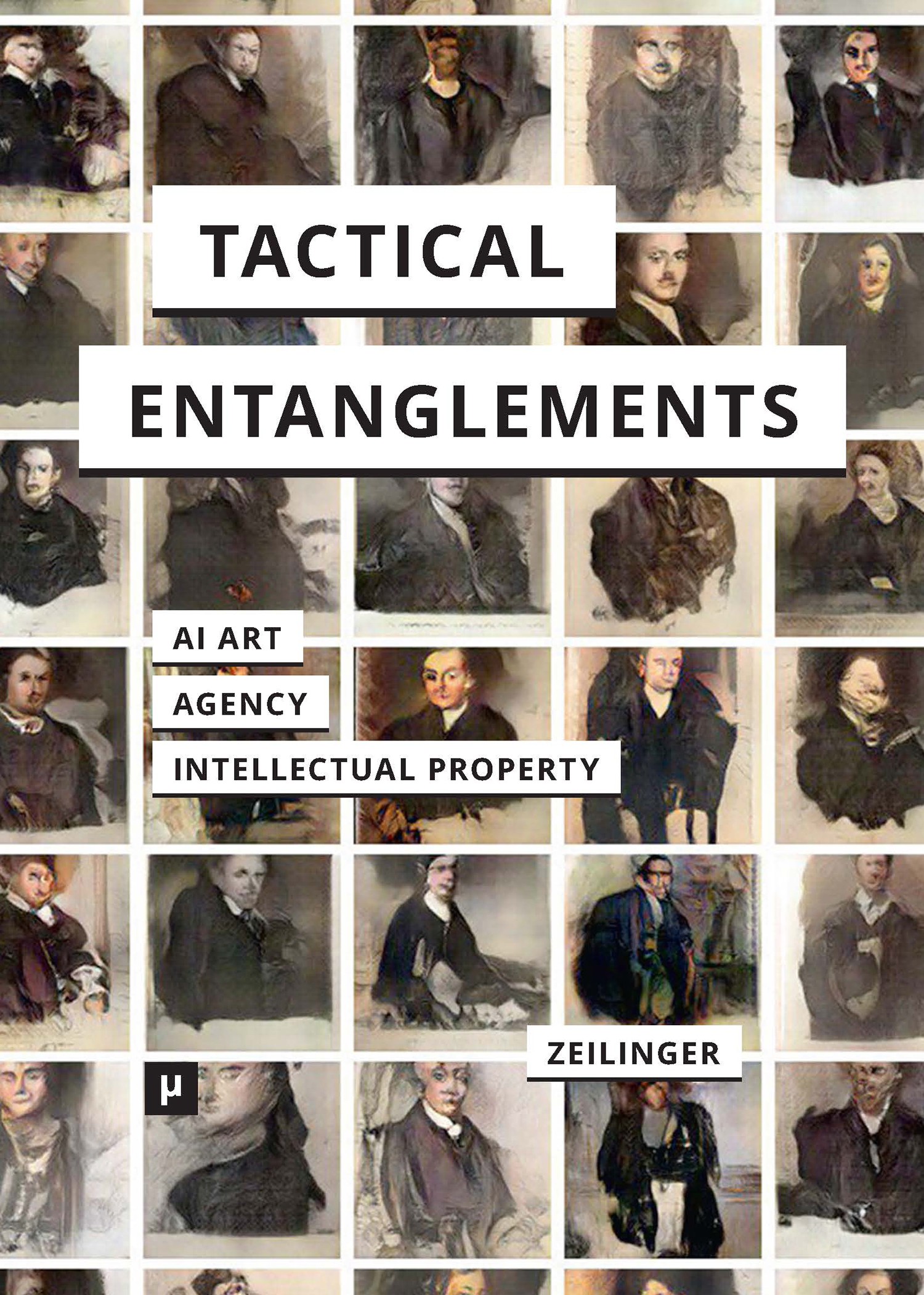
Author: Martin Zeilinger
Lüneburg: meson press, 2021
How do artistic experiments with artificial intelligence problematize human-centered notions of creative agency, authorship, and ownership? Offering a wide-ranging discussion of contemporary digital art practices, philosophical and technical considerations of AI, posthumanist thought, and emerging issues of intellectual property and the commons, this book is firmly positioned against the anthropomorphic spectacle of “creative AI.” It proposes instead the concept of the posthumanist agential assemblage, and invites readers to consider what new types of creative practice, what reconfigurations of the author function, and what critical interventions become possible when AI art provokes tactical entanglements between aesthetics, law, and capital.
Undoing Networks
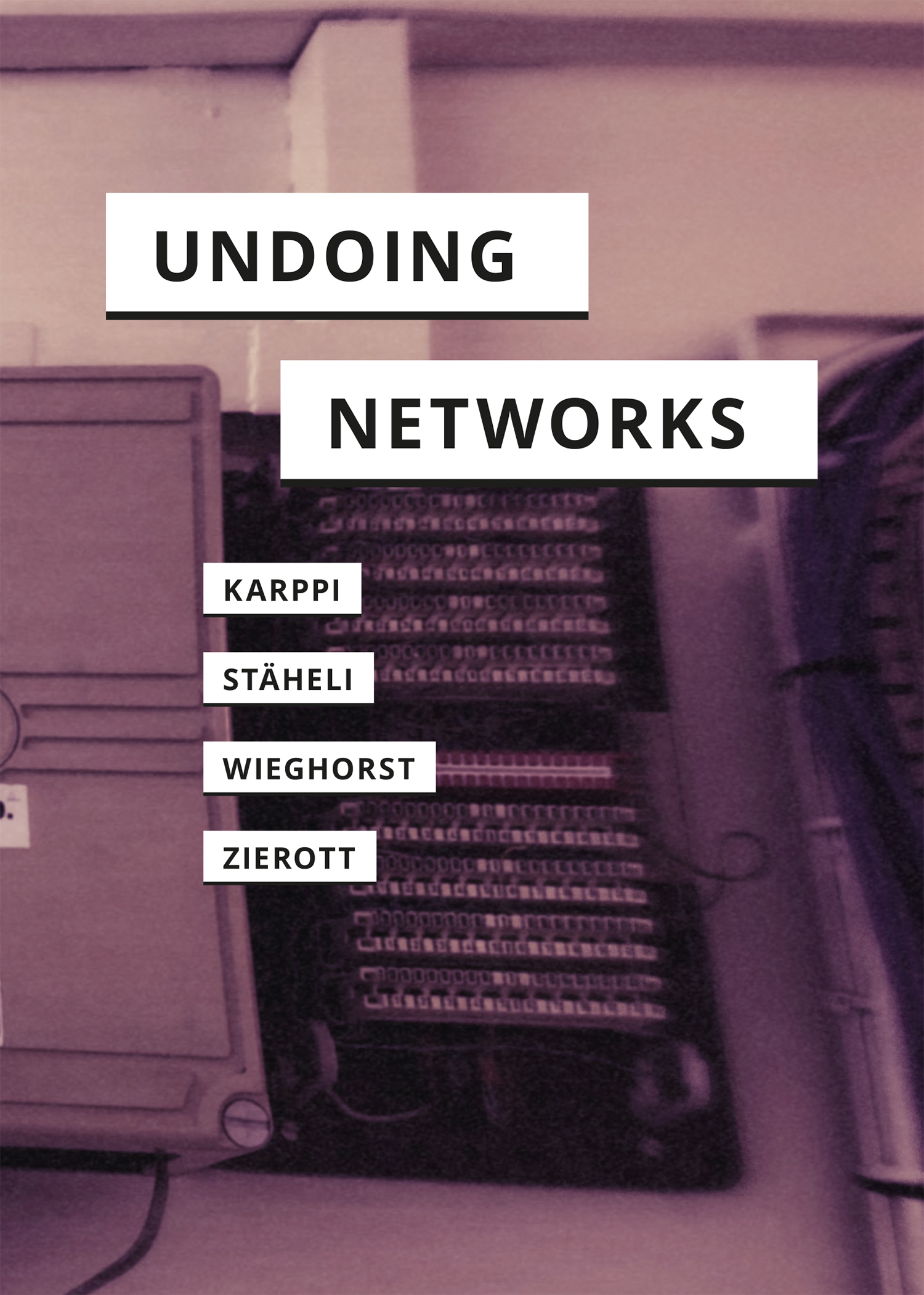
Author: Tero Karppi
Author: Clara Wieghorst
Author: Urs Stäheli
Author: Lea P. Zierott
Lüneburg: meson press, 2021
https://doi.org/10.14619/153-2
How do we think beyond the dominant images and imaginaries of connectivity? Undoing Networks enables a different connectivity: “digital detox” is a luxury for stressed urbanites wishing to lead a mindful life. Self-help books advocate “digital minimalism” to recover authentic experiences of the offline. Artists envision a world without the internet. Activists mobilize against the expansion of the 5G network.
If connectivity brought us virtual communities, information superhighways, and participatory culture, disconnection comes with privacy tools, Faraday shields, and figures of the shy. This book explores non-usage and the “right to disconnect” from work and from the excessive demands of digital capitalism.
May 2021
Touchscreen Archaeology: Tracing Histories of Hands-On Media Practices
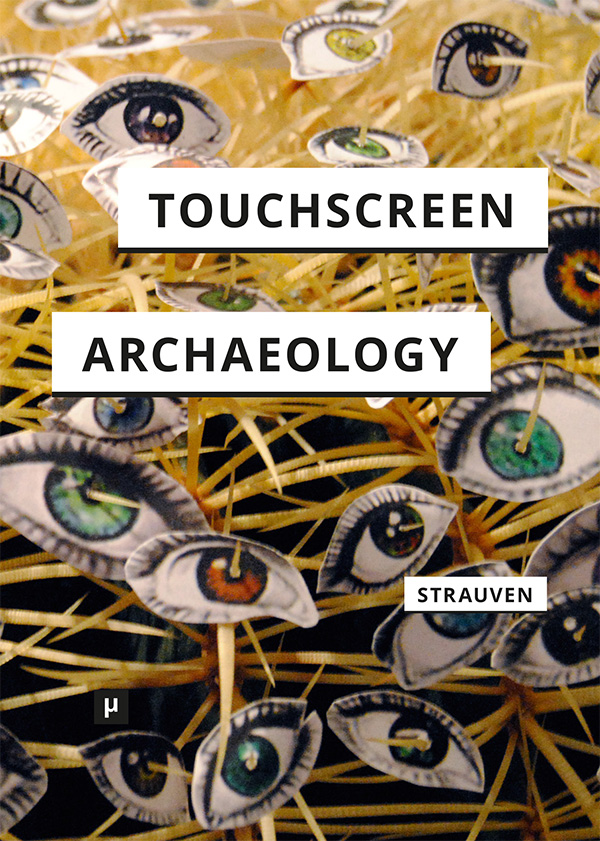
Author: Wanda Strauven
Lüneburg: meson press, 2021
The touchscreen belongs to a century-long history of hands-on media practices and touchable art objects. This media-archaeological excavation examines the nature of our sensual involvement with media and invites the reader to think about the touchscreen beyond its technological implications. In six chapters, the book questions and historicizes both aspects of the touchscreen, considering “touch” as a media practice and “screen” as a touchable object.
March 2021
Earth and Beyond in Tumultuous Times: A Critical Atlas of the Anthropocene
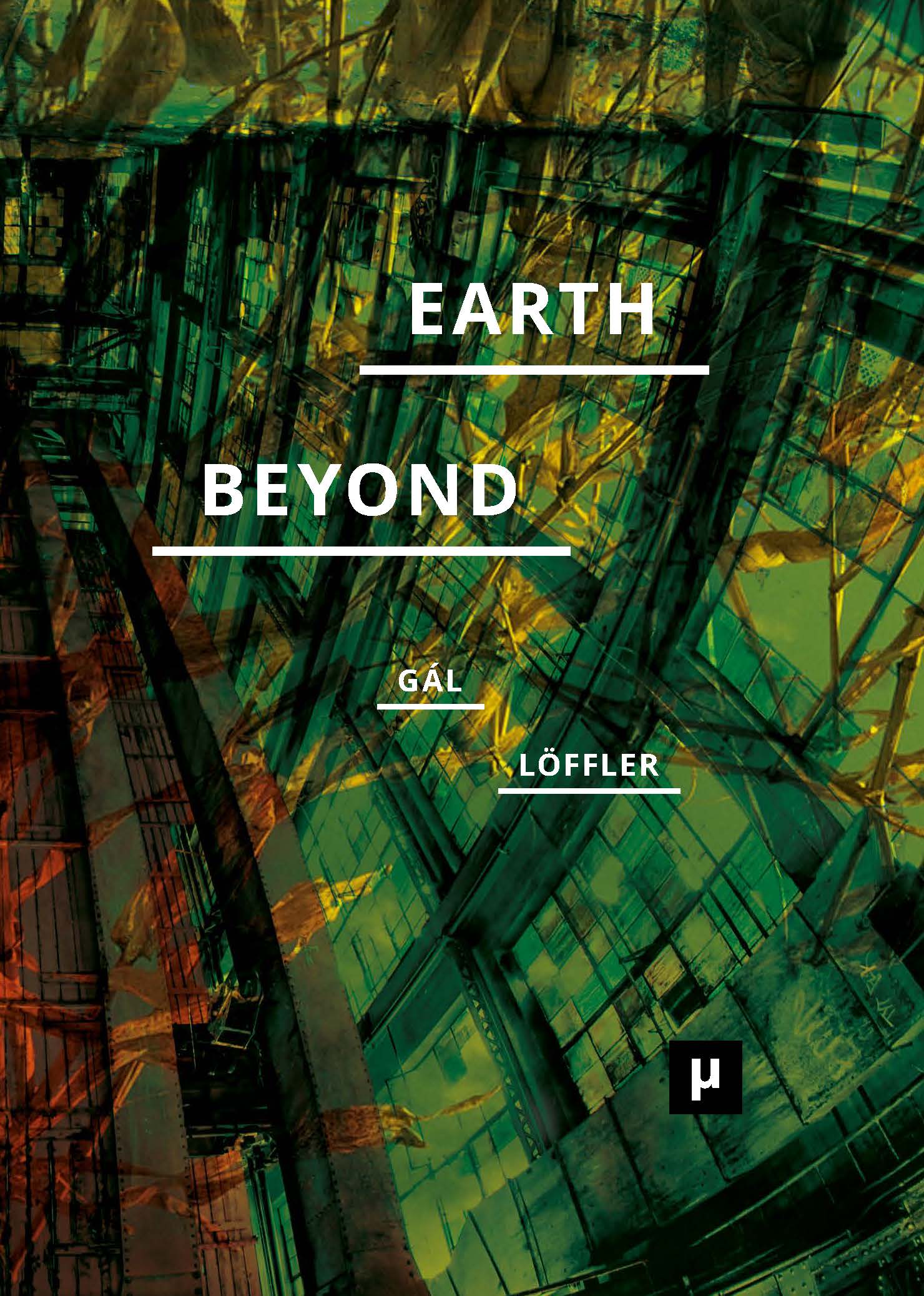
Author: Marie Heinrichs
Author: Tomás J. Usón
Author: Jakob Claus
Author: Jörg Dünne
Author: Hannah Schmedes
Editor: Réka Patrícia Gál
Editor: Petra Löffler
Lüneburg: meson press, 2021
Earth and Beyond in Tumultuous Times offers a critical exploration of the Anthropocene concept. It addresses the urgent geopolitical and environmental questions raised by the new geological epoch. How are we to rethink landscapes, such as river deltas, oceans, or outer space? How can we create spaces for resistance and utopic dreaming? This volume confronts these questions by charting how space and place are constructed, deconstructed, and negotiated by humans and non-humans under conditions of globally entangled consumption, movement, and contamination. The essays in this volume are complemented by artistic interventions that offer a poetics for a harmed planet and the numerous worlds it contains.
Earth and Beyond in Tumultuous Times is part of the series Future Ecologies dedicated to rethink the multiple ecologies that flourish and struggle on Earth and beyond.
Aesthetic Experience of Metabolic Processes
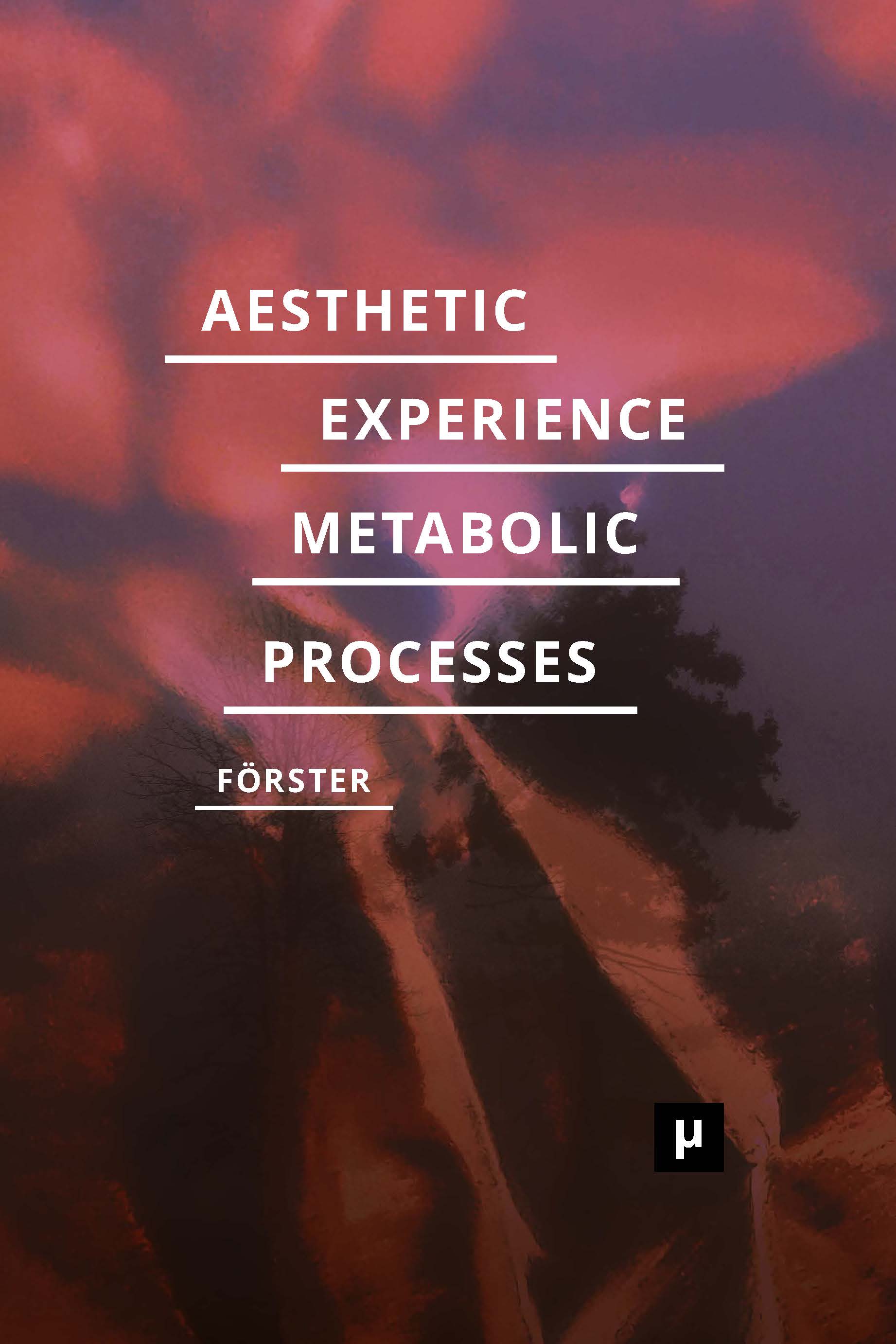
Author: Desiree Förster
Lüneburg: meson press, 2021
Simultaneously speculative and inspired by everyday experiences, this volume develops an aesthetics of metabolism that offers a new perspective on the human-environment relation, one that is processual, relational, and not dependent on conscious thought. In art installations, design prototypes, and research-creation projects that utilize air, light, or temperature to impact subjective experience the author finds aesthetic milieus that shift our awareness to the role of different sense modalities in aesthetic experience. Metabolic and atmospheric processes allow for an aesthetics besides and beyond the usually dominant visual sense.
Aesthetic Experience of Metabolic Processes is part of the series Future Ecologies dedicated to rethink the multiple ecologies that flourish and struggle on Earth and beyond.
December 2020
Pandemic Media: Preliminary Notes Toward an Inventory
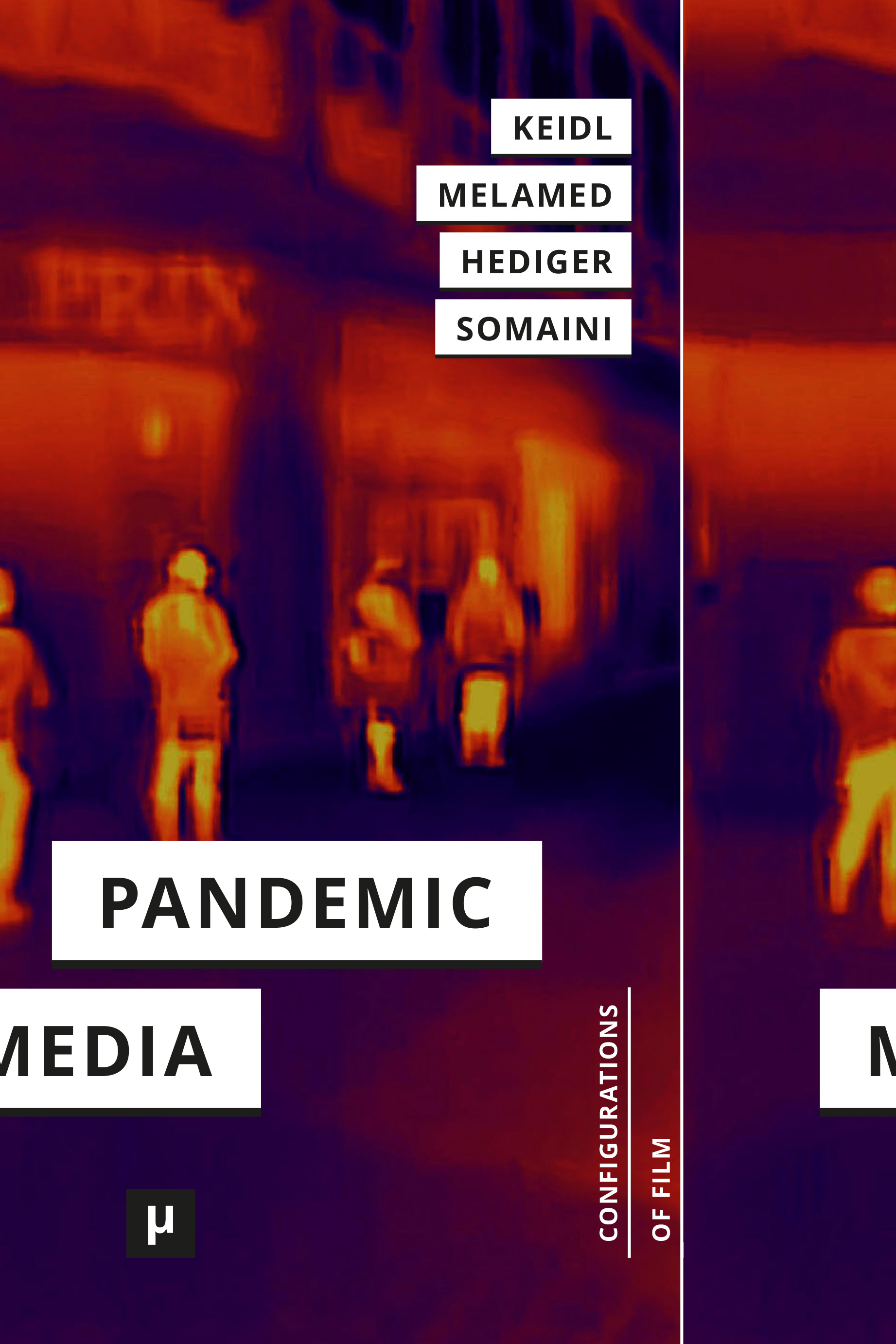
Author: Yvonne Zimmermann
Author: Kester Dyer
Author: Jaap Verheul
Author: Rebecca Williams
Author: Leonie Zilch
Author: Marijke de Valck
Author: Ada Ackerman
Author: Neta Alexander
Author: Meredith A. Bak
Author: Marie-Aude Baronian
Author: Ulrike Bergermann
Author: Amrita Biswas
Author: Teresa Castro
Author: Didi Cheeka
Author: Michelle Cho
Author: Shane Denson
Author: Guilherme da Silva Machado
Author: Kerim Dogruel
Author: Stefanie Duguay
Author: Christoph Engemann
Author: Karin Fleck
Author: Bishnupriya Ghosh
Author: Sophia Gräfe
Author: Malte Hagener
Author: Florian Hoof
Author: Marek Jancovic
Author: Alice Leroy
Author: Juan Llamas-Rodriguez
Author: John Mowitt
Author: Joshua Neves
Author: Alexandra Schneider
Author: Benjamín Schultz-Figueroa
Author: Diego Semerene
Author: Felix M. Simon
Author: Abby S. Waysdorf
Author: Marc Steinberg
Author: Wanda Strauven
Editor: Vinzenz Hediger
Editor: Laliv Melamed
Editor: Antonio Somaini
Editor: Philipp Dominik Keidl
Lüneburg: meson press, 2020
With its unprecedented scale and consequences the COVID-19 pandemic has generated a variety of new configurations of media. Responding to demands for information, synchronization, regulation, and containment, these “pandemic media” reorder social interactions, spaces, and temporalities, thus contributing to a reconfiguration of media technologies and the cultures and polities with which they are entangled. Highlighting media’s adaptability, malleability, and scalability under the conditions of a pandemic, the contributions to this volume track and analyze how media emerge, operate, and change in response to the global crisis and provide elements toward an understanding of the post-pandemic world to come.
Ein Medium namens McLuhan: 37 Befragungen eines Klassikers
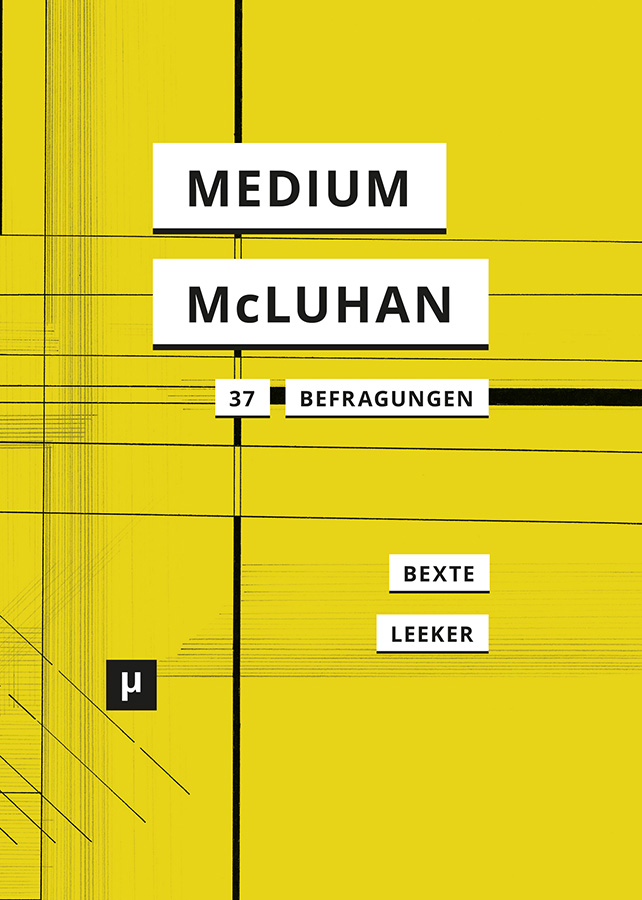
Author: Hartmut Winkler
Author: Fred Turner
Author: Christina Vagt
Author: Arie Altena
Author: Marie-Luise Angerer
Author: Benjamin Beil
Author: Klaus Benesch
Author: Peter Bexte
Author: Richard Cavell
Author: Jan Distelmeyer
Author: Bernhard J. Dotzler
Author: Wolfgang Ernst
Author: Petra Gehring
Author: Olga Goriunova
Author: Baruch Gottlieb
Author: Wolfgang Hagen
Author: Orit Halpern
Author: Karin Harrasser
Author: Jens Hauser
Author: Stefan Heidenreich
Author: Ute Holl
Author: Derrick de Kerckhove
Author: Martina Leeker
Author: Petra Löffler
Author: Shannon Mattern
Author: Dieter Mersch
Author: Stefan Münker
Author: Benjamin Peters
Author: John Durham Peters
Author: Claus Pias
Author: Markus Rautzenberg
Author: Stefan Rieger
Author: Katja Rothe
Author: Kerstin Schmidt
Author: Jens Schröter
Author: Erhard Schüttpelz
Author: Florian Sprenger
Editor: Martina Leeker
Editor: Peter Bexte
Lüneburg: meson press, 2020
„If you don‘t like my arguments, I‘ve got some more.“ (Marshall McLuhan) Wie aber steht es um den Klassiker der Medienwissenschaften im 21. Jahrhundert? Diese Frage diskutieren 37 zeitgenössische Medienwissenschaftler_innen. Ihre Antworten stehen in einem reizvollen Kontrast zu Interviews, die 2007 entstanden und jetzt online zugänglich gemacht worden sind. Viele der ursprünglich Befragten sind erneut beteiligt, neue Stimmen kamen hinzu. Dabei zeigt sich im Vergleich: Die Medienwissenschaften sind diverser geworden, und manche Zukunftserwartung wurde drastisch revidiert.
High Definition: Medienphilosophisches Image Processing
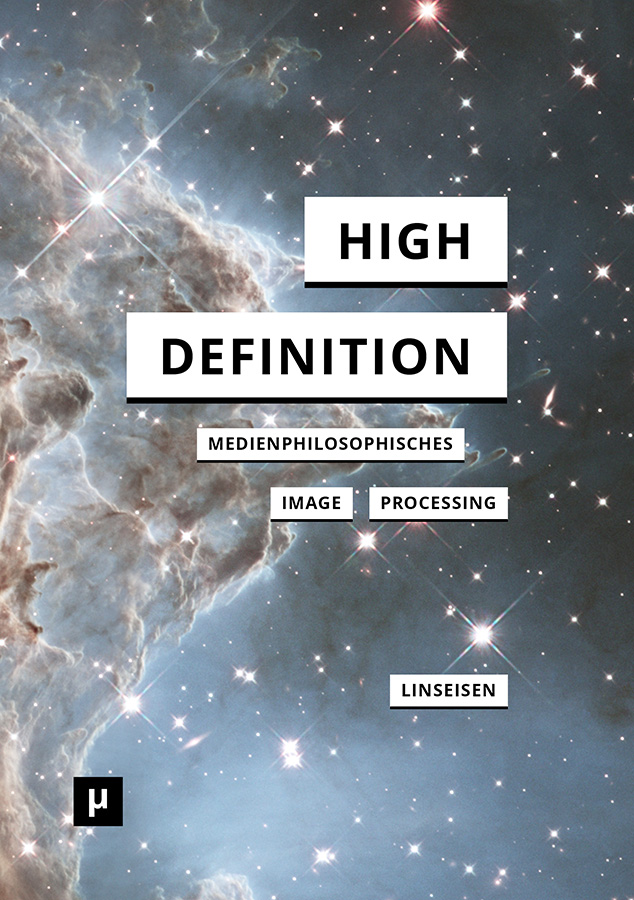
Author: Elisa Linseisen
Lüneburg: meson press, 2020
Dieses Buch zoomt in informationsreiche und pixeldichte Welten in HD. Digitalbildliche Hochauflösung ist hier ein Potenzial, das es ermöglicht, mit und an Bildern Wirklichkeit zu erforschen und zu befragen. Dokumentarfilme, Videokunstarbeiten, Galaxiefotografien, Blockbuster, Pressebilder und Netflix-Serien bestellen diese visuelle Kultur in HD und zeigen auf, dass Bilder und Wirklichkeit nicht in fixierten Rahmen sitzen, sondern im Prozess werden. HD heißt Image Processing. Lässt man sich darauf ein, entfaltet sich das Angebot, mit HD zu denken und sich vom Denken der Bildprozesse mitreißen zu lassen.
November 2020
Affective Transformations: Politics – Algorithms – Media
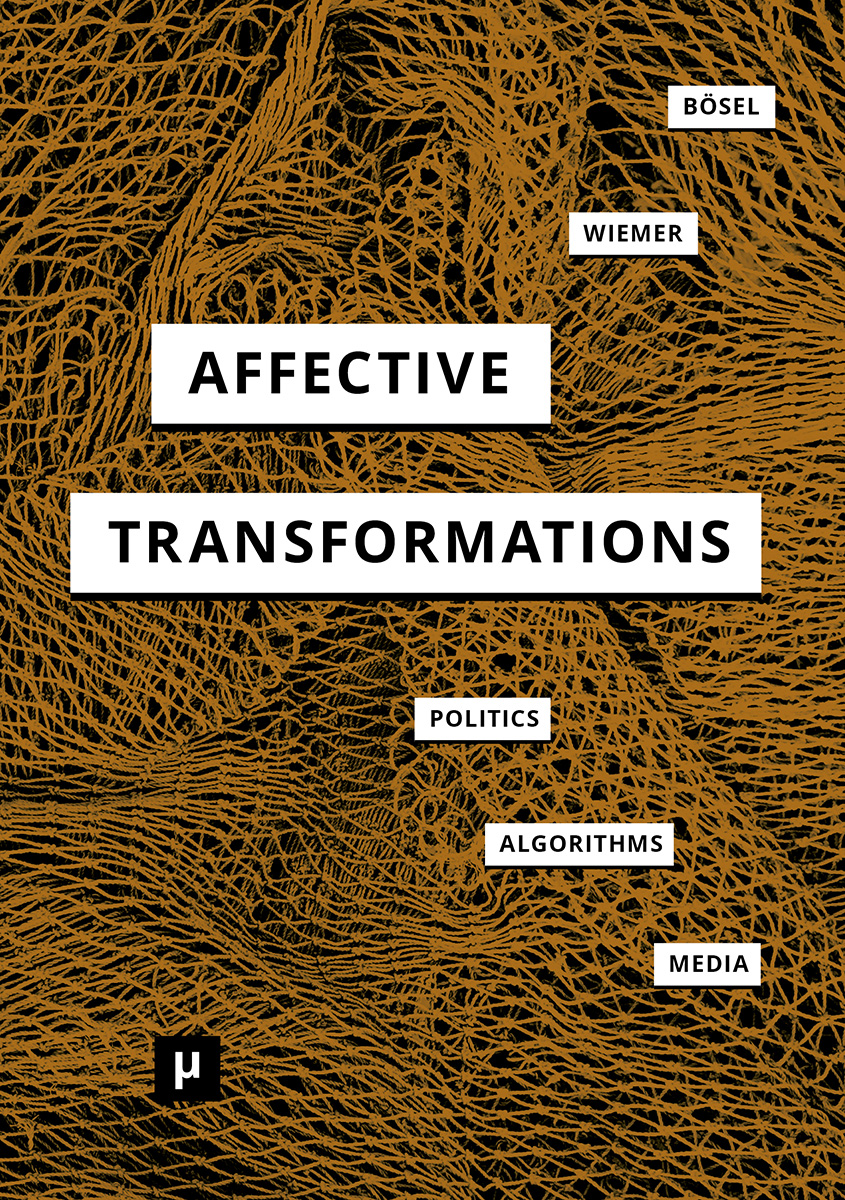
Author: Jean Clam
Author: Andrew Ross
Author: Paul Stenner
Author: Marie-Luise Angerer
Author: Pierre Cassou-Noguès
Author: Mathias Fuchs
Author: Gabriele Gramelsberger
Author: Irina Kaldrack
Author: Dawid Kasprowicz
Author: Oliver Leistert
Author: Michaela Ott
Author: Markus Rautzenberg
Editor: Serjoscha Wiemer
Editor: Bernd Bösel
Lüneburg: meson press, 2020
The Affective Turn has lost its former innocence and euphoria. Affect Studies and its adjacent disciplines have now to prove that they can cope with the return of the affective real that technology, economy, and politics entail.
Two seemingly contradictory developments serve as starting points for this volume. First, technological innovations such as affective computing, mood tracking, sentiment analysis, and social robotics all share a focus on the recognition and modulation of human affectivity. Affect gets measured, calculated, controlled. Secondly, recent developments in politics, social media usage, and right-wing journalism have contributed to a conspicuous rise of hate speech, cybermobbing, public shaming, “felt truths,” and resentful populisms. In a very specific way, politics as well as power have become affective.
Affect gets mobilized, fomented, unleashed. When the ways we deal with our affectivity get unsettled in such a dramatic fashion, we have to rethink our ethical, aesthetical, political as well as legal regimes of affect organization.
August 2020
Action at a Distance
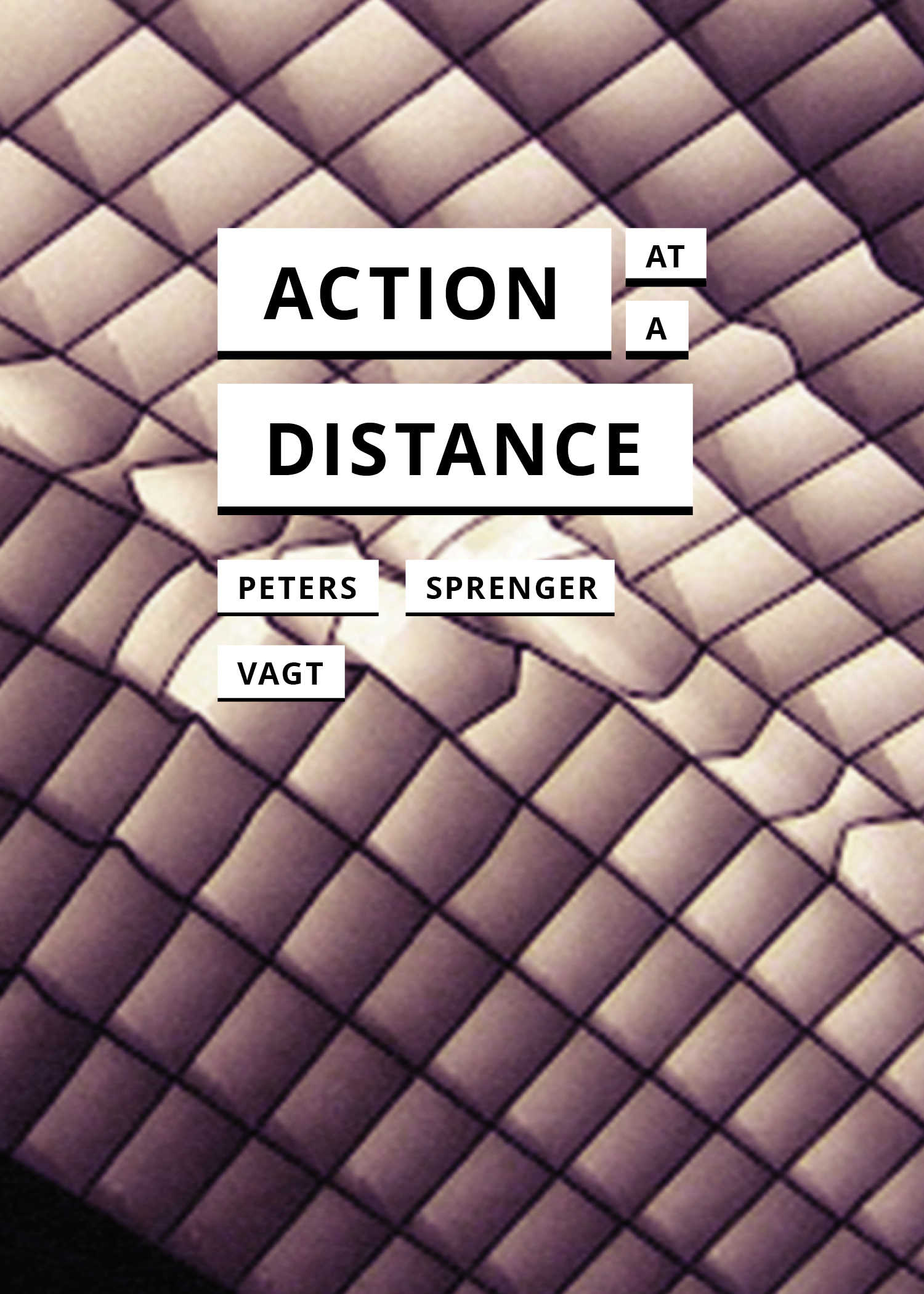
Author: Florian Sprenger
Author: John Durham Peters
Author: Christina Vagt
Lüneburg: meson press, 2020
https://doi.org/10.14619/152-5
The mediality of transmission and the materiality of communication result today more than ever in “acting at a distance” – an action whose agency lies in a medium. This book provides an overview into this crucial phenomenon, thereby introducing urgent questions of human interaction, the binding and breaking of time and space, and the entanglement of the material and the immaterial. Three vivid inquiries deal with histories and theories of mediality and materiality.
February 2020
Format Matters: Standards, Practices, and Politics in Media Cultures
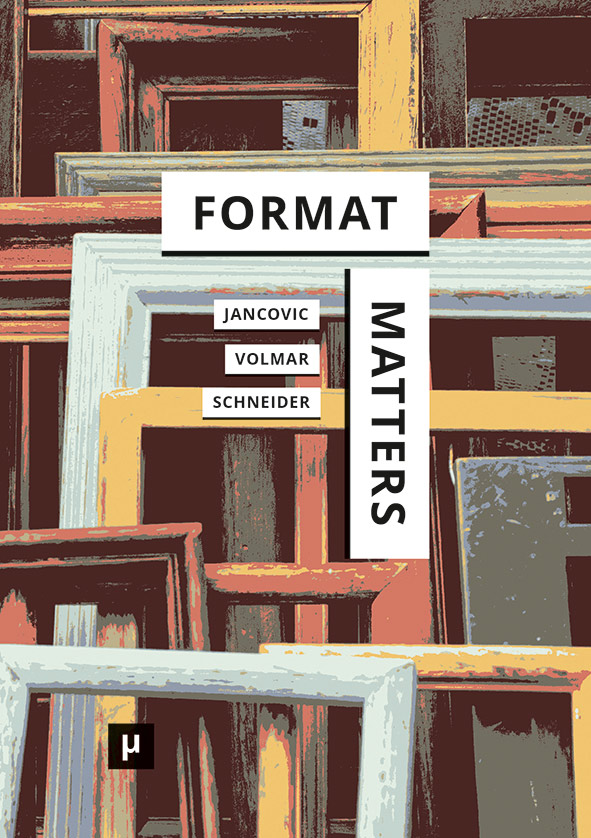
Author: Julian Thomas
Author: Antonio Somaini
Author: Markus Stauff
Author: Wanda Strauven
Author: Erika Balsom
Author: Oliver Fahle
Author: Florian Hoof
Author: Elisa Linseisen
Author: Ramon Lobato
Author: Roland Meyer
Author: Kalani Michell
Editor: Axel Volmar
Editor: Alexandra Schneider
Editor: Marek Jancovic
Lüneburg: meson press, 2020
From TIFF files to TED talks, from book sizes to blues stations—the term “format” circulates in a staggering array of contexts and applies to entirely dissimilar objects and practices. How can such a pliable notion meaningfully function as an instrument of classification in so many industries and scientific communities? Comprising a wide range of case studies on the standards, practices, and politics of formats from scholars of photography, film, radio, television, and the Internet, Format Matters charts the many ways in which formats shape and are shaped by past and present media cultures. This volume represents the first sustained collaborative effort to advance the emerging field of format studies.
December 2019
Medium, Format, Configuration: The Displacements of Film
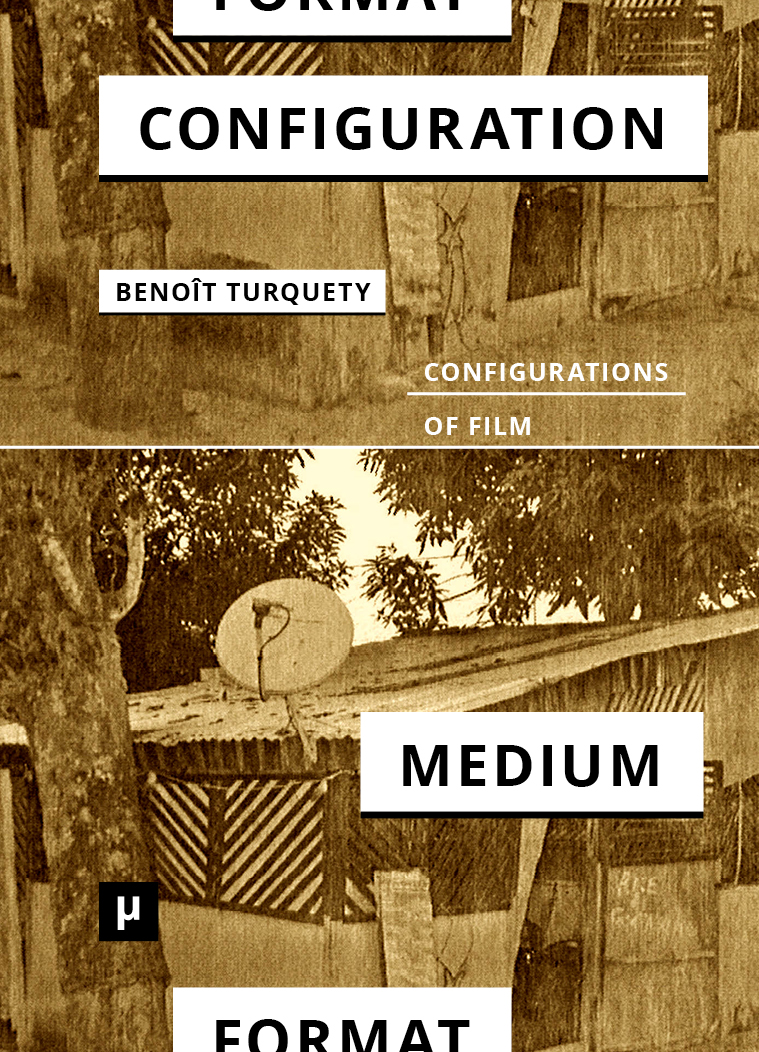
Author: Benoît Turquety
Lüneburg: meson press, 2019
In contrast with media constructed as vast, ontologically homogeneous, non-localized systems, formats show material networks of interoperability and exclusions, inscribed in local specificities, and involving precise conditions for the circulation of images and sounds. Formats, institutionalized as standards, frame the “technical networks” defined by Gilbert Simondon, that unfold technical objects into economically and politically structured webs that cover the world. Media are always formatted and, as such, do not flow: they are displaced.
November 2019
Organize
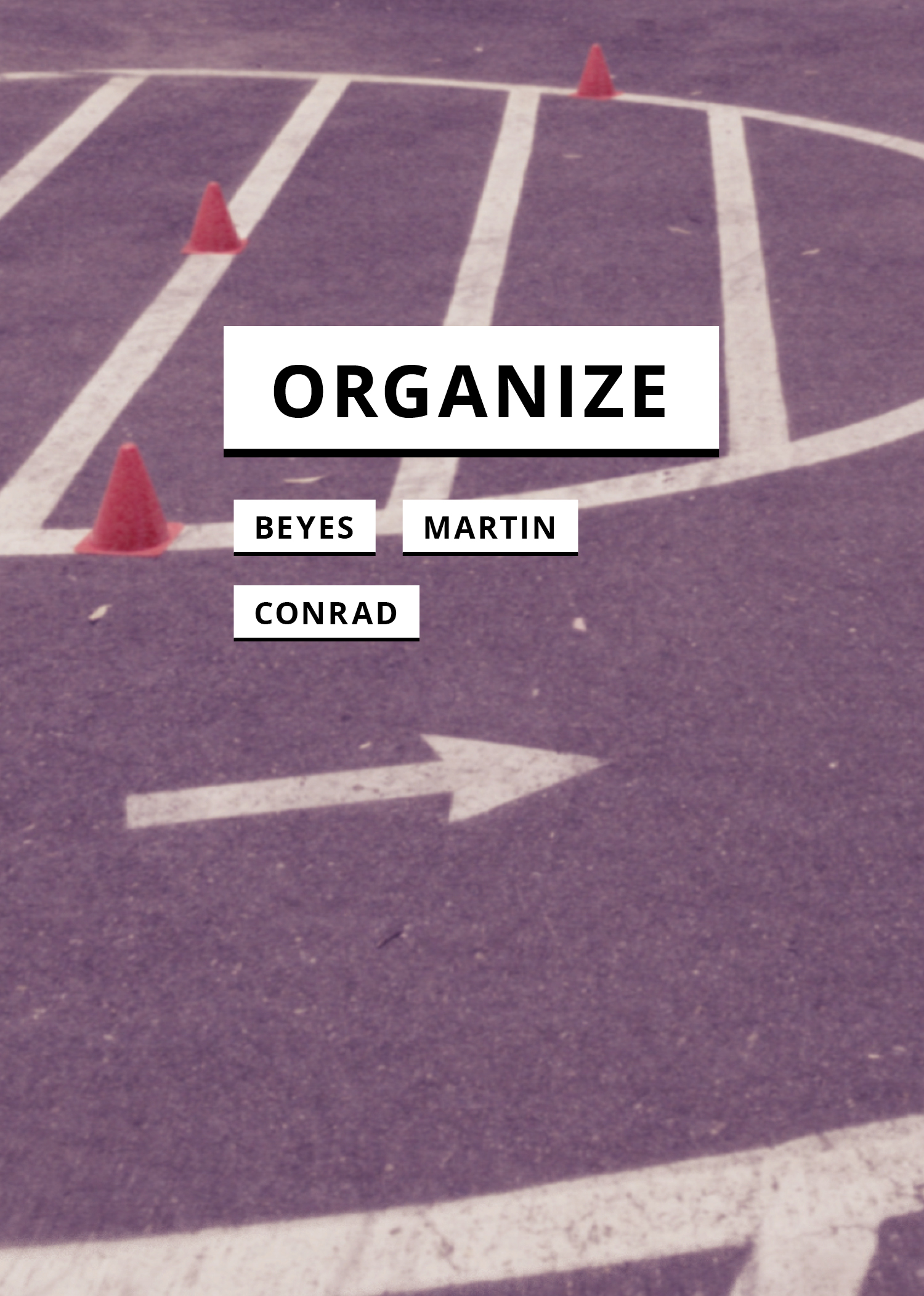
Author: Timon Beyes
Author: Lisa Conrad
Author: Reinhold Martin
Afterword by: Ned Rossiter
Afterword by: Geert Lovink
Lüneburg: meson press, 2019
Digital media technologies re-pose the question of organization—and thus of power and domination, control and surveillance, disruption and emancipation. This book interrogates organization as effect and condition of media. How can we understand the recursive relationship between media and organization? How can we think, explore, critique—and perhaps alter—the organizational bodies and scripts that shape contemporary life?
September 2019
Tracks from the Crypt
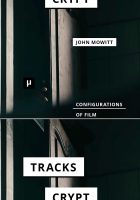
Author: John Mowitt
Introduction by: Vinzenz Hediger
Introduction by: Rebecca Boguska
Lüneburg: meson press, 2019
David Bowie’s 2015 Blackstar has been understood by critics and fans alike to have a certain valedictory status. For them, perhaps for us, it is a 39-minute and 13-second farewell. A long goodbye. My angle is different. By situating the Bowie/Renck collaboration on “Lazarus” in the context of a meditation on the question once posed by Georg Stanitzek, “Was ist Kommunikation?” I consider the CD and the video as experiments in re-configuration. More specifically, by thinking about the distinctly cinematic iteration of the question of communication (citing here Captain’s “what we have here is … failure to communicate” from Cool Hand Luke) I propose that mediated communication embodies the Ich/Es modality of dialogue disparaged by Martin Buber. What this invites us to consider is whether “Lazarus” in particular isn’t the generation of an audiovisual tombeau from which or out of which communication strains are to be heard. Is it “saying” farewell? Is it “saying” anything? By drawing on Jacques Derrida’s appropriation of the crypt in the work of Abraham and Torok, I propose that “Lazarus” manages (and the feat is neither small nor insignificant) to communicate nothing. In effect, “Lazarus” is the very sound, not of a failure to communicate, but of a “speaking” emptied of what protects it from mediation. Here, Bowie’s gnomic persona assumes a political valence not typically ascribed to it.
Beyond the Flow: Scholarly Publications During and After the Digital
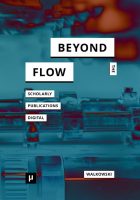
Author: Niels-Oliver Walkowski
Lüneburg: meson press, 2019
In the wake of the so-called digital revolution numerous attempts have been made to rethink and redesign what scholarly publications can or should be. Beyond the Flow examines the technologies as well as narratives driving this unfolding transformation. By unpacking the confusion, heterogeneity and uncertainty that is surrounding scholarly publishing today the book asks for how a sustainable post-digital publishing ecology can be imagined.
August 2019
Archives
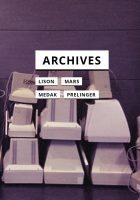
Author: Andrew Lison
Author: Marcell Mars
Author: Tomislav Medak
Author: Rick Prelinger
Lüneburg: meson press, 2019
Archives have become a nexus in the wake of the digital turn. This book sets out to show how expanded archival practices can challenge contemporary conceptions and inform the redistribution of power and resources. Calling for the necessity to reimagine the potentials of archives in practice, the three contributions ask: Can archives fulfill their paradoxical potential as utopian sites in which the analog and the digital, the past and future, and remembrance and forgetting commingle?
April 2019
Remain

Author: Ioana B. Jucan
Author: Jussi Parikka
Author: Rebecca Schneider
Lüneburg: meson press, 2019
In a world undergoing constant media-driven change, the infrastructures, materialities, and temporalities of remains have become urgent. This book engages with the remains and remainders of media cultures through the lens both of theater and performance studies and of media archaeology. By taking “remain” as a verb, noun, state, and process of becoming, the authors explore the epistemological, social, and political implications.
January 2019
Markets

Author: Armin Beverungen
Author: Philip Mirowski
Author: Edward Nik-Khah
Author: Jens Schröter
Lüneburg: meson press, 2019
Markets abound in media—but a media theory of markets is still emerging. Anthropology offers media archaeologies of markets, and the sociology of markets and finance unravels how contemporary financial markets have witnessed a media technological arms race. Building on such work, this volume brings together key thinkers of economic studies with German media theory, describes the central role of the media specificity of markets in new detail and inflects them in three distinct ways. Nik-Khah and Mirowski show how the denigration of human cognition and the concomitant faith in computation prevalent in contemporary market-design practices rely on neoliberal conceptions of information in markets. Schröter confronts the asymmetries and abstractions that characterize money as a medium and explores the absence of money in media. Beverungen situates these inflections and gathers further elements for a politically and historically attuned media theory of markets concerned with contemporary phenomena such as high-frequency trading and cryptocurrencies.
Communication
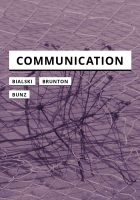
Author: Paula Bialski
Author: Finn Brunton
Author: Mercedes Bunz
Lüneburg: meson press, 2019
Contemporary communication puts us not only in conversation with one another but also with our machinery. Machine communication—to communicate not just via but also with machines—is therefore the focus of this volume. Diving into digital communications history, Finn Brunton brings to the fore the alienness of computational communication by looking at network timekeeping, automated trolling, and early attempts at communication with extraterrestrial life. Picking up this fascination with inhuman communication, Mercedes Bunz then performs a close reading of interaction design and interfaces to show how technology addresses humans (as very young children). Finally, Paula Bialski shares her findings from a field study of software development, analyzing the communicative forms that occur when code is written by separate people. Today, communication unfolds merely between two or more conscious entities but often includes an invisible third party. Inspired by this drastic shift, this volume uncovers new meanings of what it means “to communicate.”
Machine
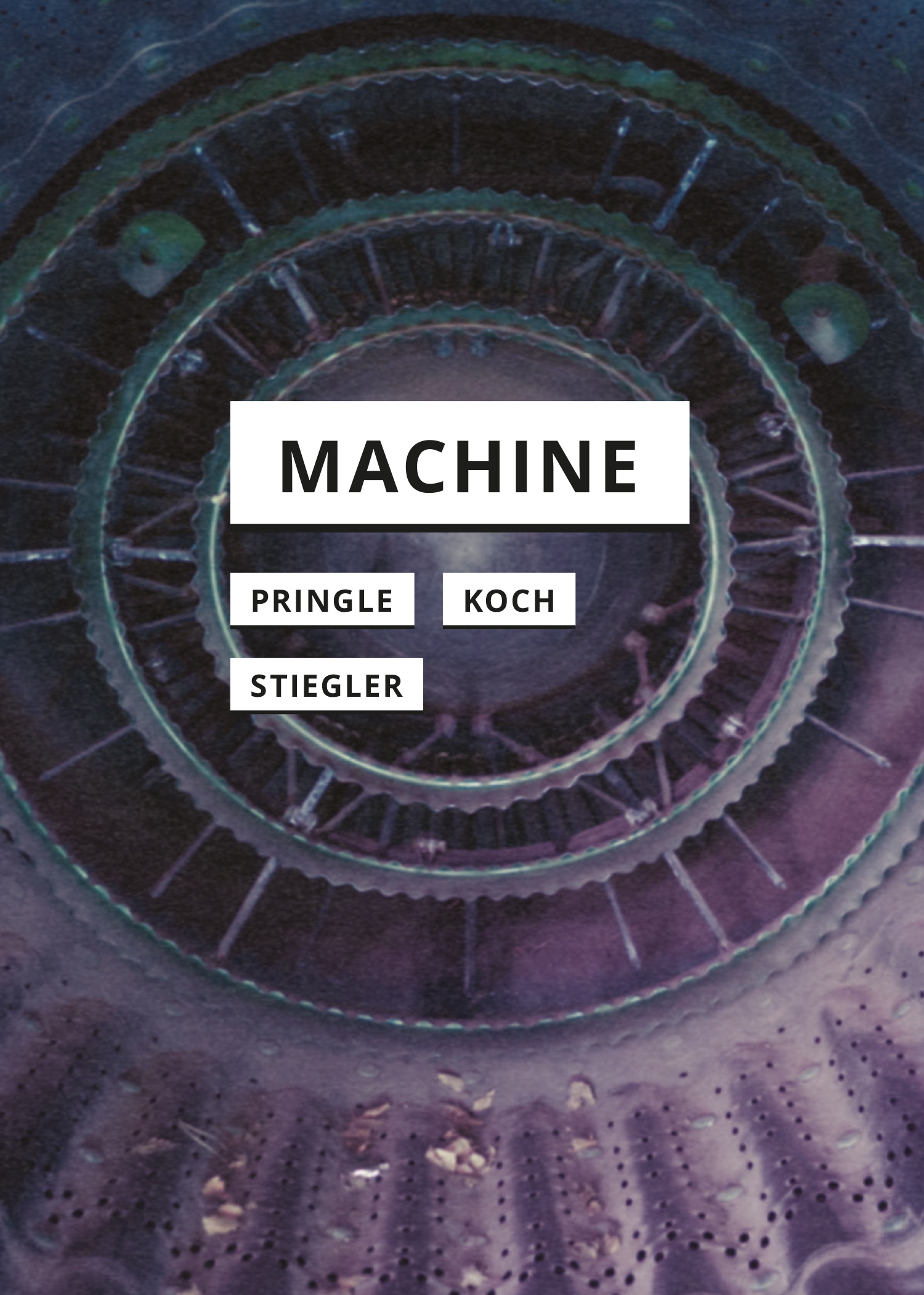
Author: Thomas Patrick Pringle
Author: Gertrud Koch
Author: Bernard Stiegler
Lüneburg: meson press, 2019
In contrast with media constructed as vast, ontologically homogeneous, non-localized systems, formats show material networks of interoperability and exclusions, inscribed in local specificities, and involving precise conditions for the circulation of images and sounds. Formats, institutionalized as standards, frame the “technical networks” defined by Gilbert Simondon, that unfold technical objects into economically and politically structured webs that cover the world. Media are always formatted and, as such, do not flow: they are displaced.
November 2018
Ferocious Logics: Unmaking the Algorithm
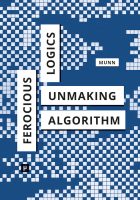
Author: Luke Munn
Lüneburg: meson press, 2018
Contemporary power manifests in the algorithmic. And yet this power seems incomprehensible: understood as code, it becomes apolitical; understood as a totality, it becomes overwhelming. This book takes an alternate approach, using it to unravel the operations of Uber and Palantir, Airbnb and Amazon Alexa. Moving off the whiteboard and into the world, the algorithmic must negotiate with frictions—the ‘merely’ technical routines of distributing data and running tasks coming together into broader social forces that shape subjectivities, steer bodies, and calibrate relationships. Driven by the imperatives of capital, the algorithmic exhausts subjects and spaces, a double move seeking to both exhaustively apprehend them and exhaust away their productivities. But these on-the-ground encounters also reveal that force is never guaranteed. The irreducibility of the world renders logic inadequate and control gives way to contingency.
Pattern Discrimination
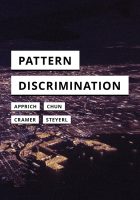
Author: Hito Steyerl
Author: Wendy Hui Kyong Chun
Author: Clemens Apprich
Author: Florian Cramer
Lüneburg: meson press, 2018
Algorithmic identity politics reinstate old forms of social segregation—in a digital world, identity politics is pattern discrimination. It is by recognizing patterns in input data that Artificial Intelligence algorithms create bias and practice racial exclusions thereby inscribing power relations into media. How can we filter information out of data without reinserting racist, sexist, and classist beliefs?
April 2018
Non-Knowledge and Digital Cultures
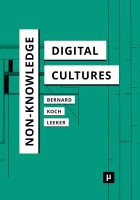
Author: Christoph Wulf
Author: Paula Bialski
Author: Jeannie Moser
Author: Claus Pias
Author: Alexandre Monnin
Author: Timon Beyes
Editor: Matthias Koch
Editor: Martina Leeker
Editor: Andreas Bernard
Lüneburg: meson press, 2018
Making available massive amounts of data that are generated, distributed, and modeled, digital media provide us with the possibility of abundant information and knowledge. This possibility has been attracting various scenarios in which technology either eliminates non-knowledge or plants it deep within contemporary cultures through the universal power and opacity of algorithms. This volume comprises contributions from media studies, literary studies, sociology, ethnography, anthropology, and philosophy to discuss non-knowledge as an important concept for understanding contemporary digital cultures.
Ökologien der Erde: Zur Wissensgeschichte und Aktualität der Gaia-Hypothese

Author: Alexander Friedrich
Author: Petra Löffler
Author: Niklas Schrape
Author: Florian Sprenger
Lüneburg: meson press, 2018
Ökologien der Erde bestimmen die Gegenwart. Dabei gewinnt die in den 1970er Jahren von James Lovelock gemeinsam mit Lynn Margulis entwickelte Gaia-Theorie heute neue Erklärungskraft. Wenn Gaia bei Bruno Latour sogar zum allgemeinen Modell der Welterklärung im 21. Jahrhundert wird, gilt es, nach der Plausibilität zu fragen, die die Rede von Gaia aktuell entwickelt. Die vier Beiträge des Bandes geben hierauf eine Antwort, indem sie die metaphorologischen und begriffshistorischen Linien der Gaia-Theorie nachzeichnen und ihren Bezug auf zeitgenössische Computersimulationen in den Blick nehmen. So wird der gegenwärtige Ort des Wiederauflebens Gaias deutlich – und damit die Verschränkung von kybernetischen und organizistischen Ökologien mit der Annahme einer Programmierbarkeit von Umgebungen.
Unterwachen und Schlafen: Anthropophile Medien nach dem Interface

Author: Suzana Alpsancar
Author: Kevin Liggieri
Author: Anna Tuschling
Editor: Michael Andreas
Editor: Dawid Kasprowicz
Editor: Stefan Rieger
Lüneburg: meson press, 2018
Anthropophile Medien durchdringen zunehmend unsere lebensweltliche Realität, sei es im Ambient Assisted Living, als Pflegeassistenzsysteme, in den Arbeitsszenarien einer Industrie 4.0, als behagliche Interfaces des Affective Computing oder als Lifetracker der Quantified-Self-Bewegung. Verbunden ist damit der Einzug menschlicher Befindlichkeiten, Werte und sozialer Routinen in das Design medialer Agencies. Über 40 Jahre nach dem Erscheinen von Michel Foucaults “Surveiller et punir” gerät damit auch dessen Kritikbegriff ins Wanken. An die Stelle von “Überwachen und Strafen” tritt “Unterwachen und Schlafen”. Unterwachen und Schlafen stellt nicht das theoretische Programm einer vollautomatisierten Lebenswelt in Aussicht, sondern das Konstrukt einer nunmehr medialen Umsetzung anthropologischer Grundelemente wie Autonomie, Freiheit oder Vertrauen.
January 2018
Von Open Access zu Open Science: Zum Wandel digitaler Kulturen der wissenschaftlichen Kommunikation
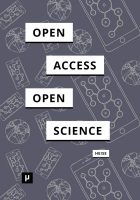
Author: Christian Heise
Lüneburg: meson press, 2018
Mit der Digitalisierung geht der Ruf nach freiem Zugang zu wissenschaftlichen Forschungsergebnissen und einer Öffnung des Forschungsprozesses einher. Open Access und Open Science sind die Leitbegriffe dieses Transformationsprozesses, der von den einen euphorisch begrüßt und von den anderen heftig abgelehnt wird. Auf der Grundlage einer quantitativen Erhebung und eines reflexiven Experiments gibt das Buch Einblick in die aktuellen Debatten über die Chancen aber auch Hindernisse der Öffnung der Wissenschaften.
November 2017
Interventions in Digital Cultures: Technology, the Political, Methods
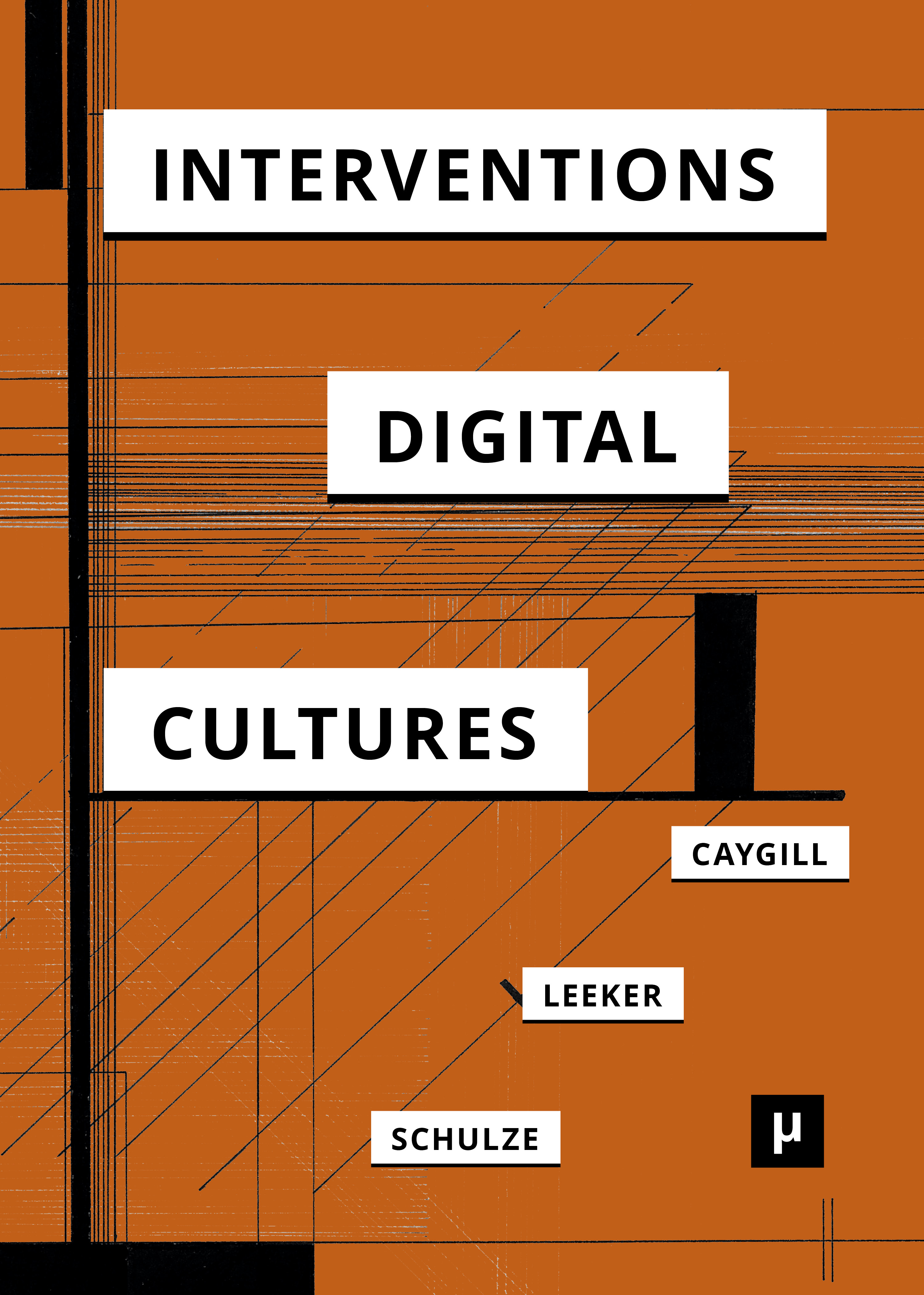
Author: Ulrike Bergermann
Author: Kat Jungnickel
Author: Steve Kurtz
Author: Fred Turner
Author: Wendy Hui Kyong Chun
Author: Alexander R. Galloway
Editor: Tobias Schulze
Editor: Martina Leeker
Editor: Howard Caygill
Lüneburg: meson press, 2017
How to intervene? Interventions are in vogue in digital cultures as forms of critique or political actions into public spheres. By engaging in social, political, and economic contexts, interventions attempt to interrupt and change situations—often with artistic means. This volume maps methods of interventions under the specific conditions of the digital. How are interventions shaped by these conditions? And how can they contribute to altering them? In essays and interviews, this book interrogates modes of intervening in and through art, infrastructures, techno-ecological environments, bio-technology, and political protests to highlight their potentials as well as their ambivalences.
October 2017
Medien verstehen: Marshall McLuhans Understanding Media
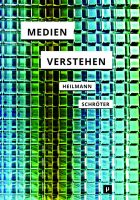
Author: Jana Mangold
Author: Rainer Leschke
Author: Lorenz Engell
Author: Florian Sprenger
Author: Gabriele Schabacher
Author: Petra Löffler
Author: Martina Leeker
Author: Marie-Luise Angerer
Editor: Jens Schröter
Editor: Till A. Heilmann
Lüneburg: meson press, 2017
Medien in ihrer historischen und technischen Vielfalt zu verstehen, das war das Versprechen, das Marshall McLuhan vor über fünfzig Jahren mit Understanding Media gegeben hatte. Unsere digital veränderte Gegenwart erfordert, das Buch heute erneut zu lesen und vor dem Hintergrund aktueller technischer Entwicklungen zu hinterfragen. Gegenstand des Sammelbandes sind u. a. McLuhans Idee von Medien als „Umwelten“, seine eigenwillige Sprache und Argumentation sowie seine Annahme der technischen Verfasstheit von Wahrnehmung.
Interferences and Events: On Epistemic Shifts in Physics through Computer Simulations
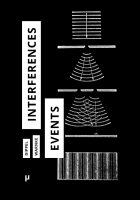
Author: Frank Pasemann
Author: Hans-Jörg Rheinberger
Author: Arianna Borrelli
Author: Hans De Raedt
Author: Wolfgang Hagen
Author: Lukas Mairhofer
Author: Mira Maiwöger
Author: Kristel Michielsen
Editor: Martin Warnke
Editor: Anne Dippel
Lüneburg: meson press, 2017
Computer simulations are omnipresent media in today’s knowledge production. For scientific endeavors such as the detection of gravitational waves and the exploration of subatomic worlds, simulations are essential; however, the epistemic status of computer simulations is rather controversial as they are neither just theory nor just experiment. Therefore, computer simulations have challenged well-established insights and common scientific practices as well as our very understanding of knowledge. This volume contributes to the ongoing discussion on the epistemic position of computer simulations in a variety of physical disciplines, such as quantum optics, quantum mechanics, and computational physics. Originating from an interdisciplinary event, it shows that accounts of contemporary physics can constructively interfere with media theory, philosophy, and the history of science.
August 2017
Profile: Interdisziplinäre Beiträge
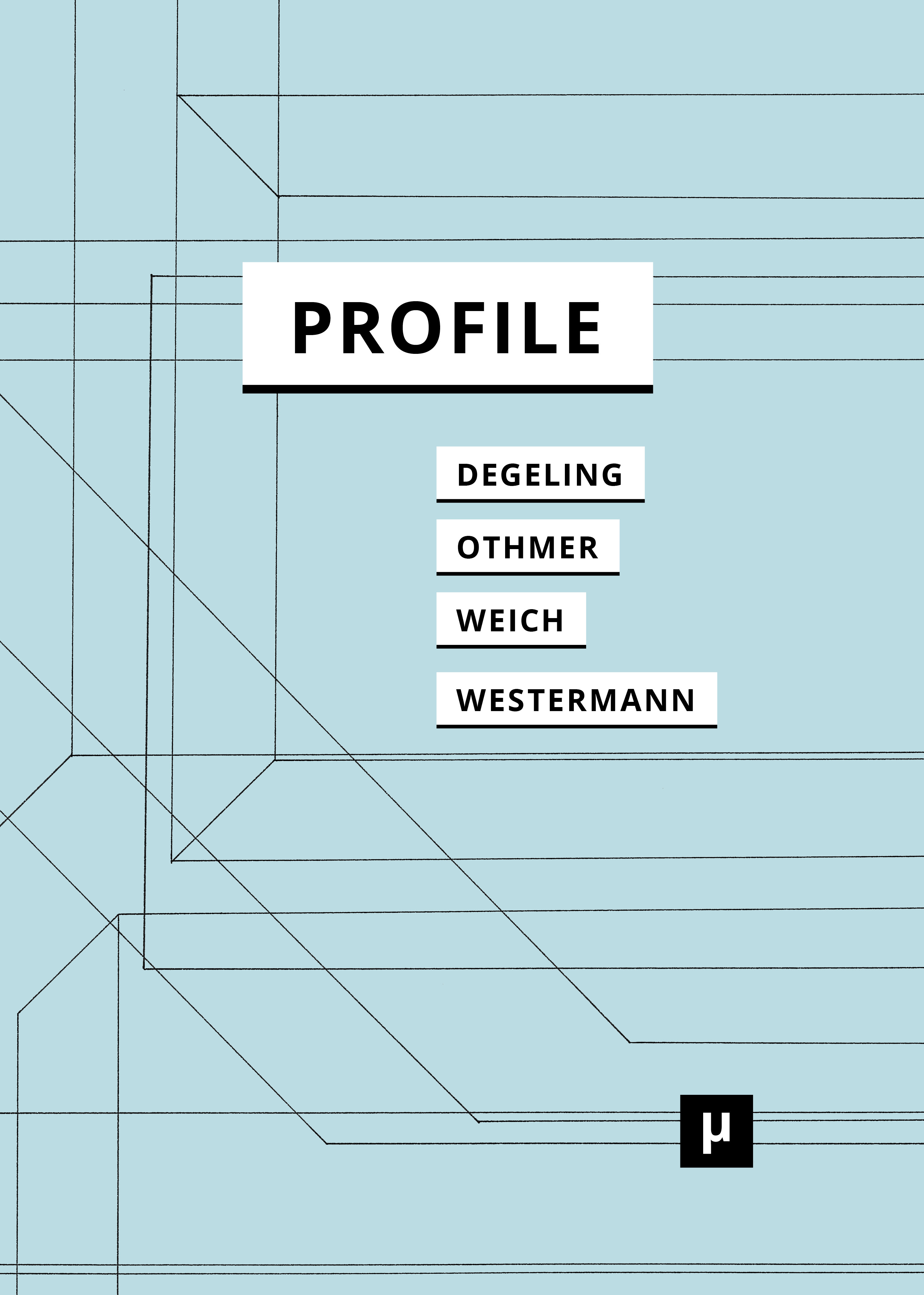
Author: Bettina Berendt
Author: Andreas Bernard
Author: Irina Kaldrack
Author: Nikolaus Lehner
Author: Martin Schmitt
Author: Fabian Pittroff
Author: Katja Grashöfer
Editor: Martin Degeling
Editor: Andreas Weich
Editor: Bianca Westermann
Editor: Julius Othmer
Lüneburg: meson press, 2017
Profile haben Konjunktur. Seit der Verbreitung von Social Networking Sites sind sie alltäglicher Ort der Selbstdarstellung. Doch die Praktiken und Techniken der Profilierung sind keineswegs neu. Schon lange beschreiben Profile potentielle StraftäterInnen. Nun bestimmen sie auch die potentielle Kreditwürdigkeit.
Im Spannungsfeld zwischen Profil und Profilierung nehmen die Beiträge aus Medienwissenschaft, Soziologie, Geschichtswissenschaft und Informatik die vielschichtigen Dimensionen dieses zentralen Phänomens der digitalen Medienkultur in den Blick: Wie verändern sich Bedeutung und Bewertung des Profil-Begriffs? Wie stehen Profile in Zusammenhang mit Subjektivierung und Machtkonstellationen? Welche Wechselwirkungen zwischen Profilen und Privatheit sind gegenwärtig relevant?
May 2017
Affektökologie: Intensive Milieus und zufällige Begegnungen
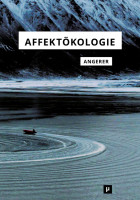
Author: Marie-Luise Angerer
Lüneburg: meson press, 2017
Das Denken des Humanen wird in besonderer Weise von den medientechnologischen Verschiebungen des 20. Jahrhunderts berührt. Affekt wird hier zu einem neuen Schwellenbegriff, der den Körper medientechnisch und politisch auf neue Weise anschlussfähig macht. In einer relationalen Neu-Organisation verdichtet sich das organische und technische Leben auf neue, intensive Weise zu einer Ökologie des Affektiven.
Ecology of Affect: Intensive Milieus and Contingent Encounters
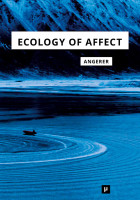
Author: Marie-Luise Angerer
Translator: Gerrit Jackson
Lüneburg: meson press, 2017
The way we conceive the human today is particularly affected by the shifts in media technology during the 20th century. Affect emerges as the new liminal concept that renders the body compatible in novel ways with the technology and politics of media. By ways of a relational reorganization the organic end technological life is condensed in a new, intense way to an ecology of affects.
January 2017
Symptoms of the Planetary Condition: A Critical Vocabulary
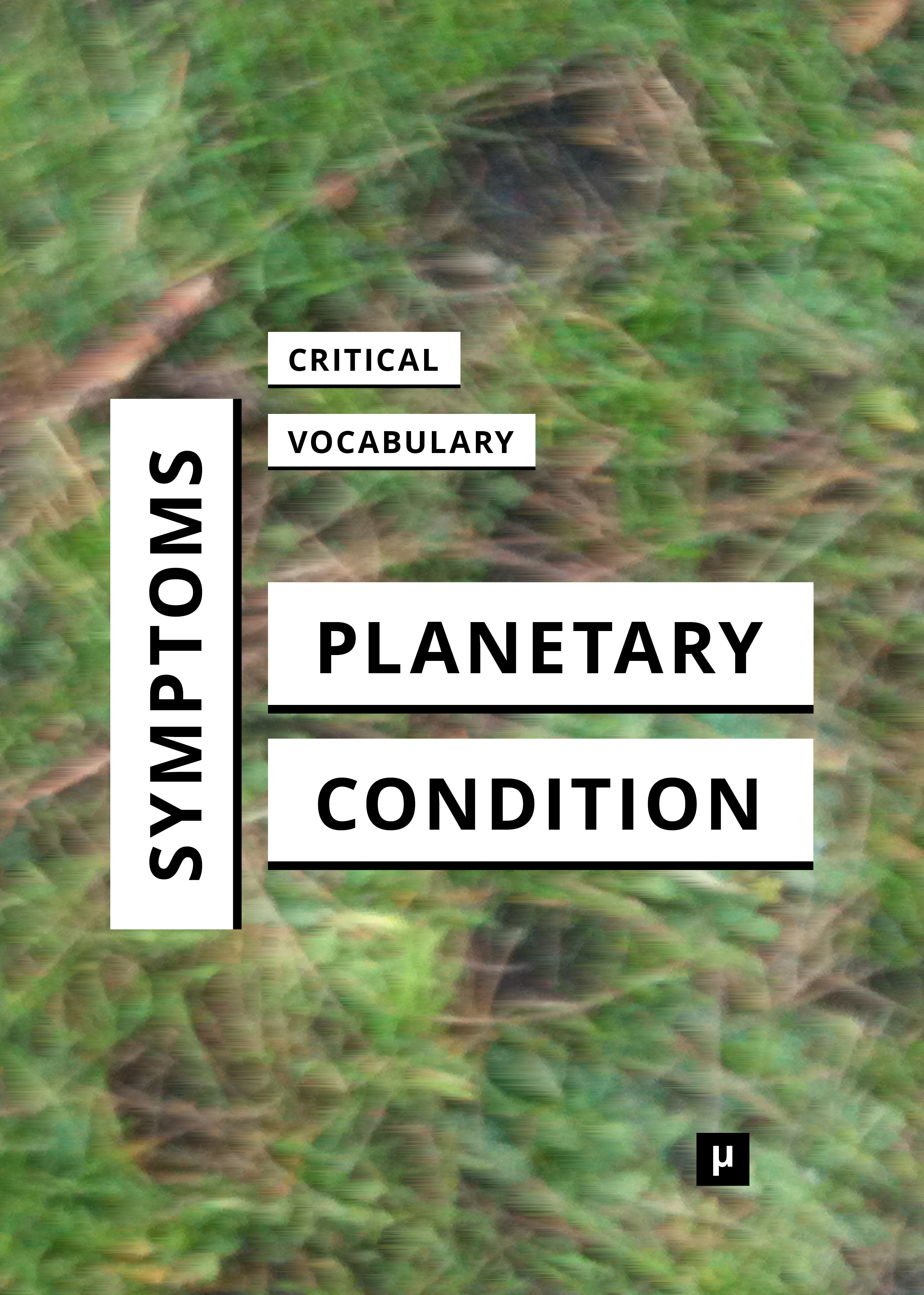
Author: Sam McAuliffe
Author: Veronica Vasterling
Author: Jennifer A. Wagner-Lawlor
Author: Rosemarie Buikema
Author: Kári Driscoll
Author: Yvonne Förster
Author: Annemie Halsema
Author: Leonard Lawlor
Author: Jacques Lezra
Author: Kiene Brillenburg Wurth
Author: Timothy O’Leary
Author: Bettina Papenburg
Author: Esther Peeren
Author: Asja Szafraniec
Author: Melanie Sehgal
Author: Sybrandt van Keulen
Editor: Birgit Mara Kaiser
Editor: Kathrin Thiele
Editor: Mercedes Bunz
Lüneburg: meson press, 2017
This book explores the future of critique in view of our planetary condition. How are we to intervene in contemporary constellations of finance capitalism, climate change and neoliberalism? Think we must! To get to the symptoms, the book’s 38 terms ranging from affect and affirmation to world and work provide the reader with a critical toolbox to be continued. Negativity, judgment and opposition as modes of critique have run out of steam. Critique as an attitude and a manner of enquiry has not.
July 2016
Trick 17: Mediengeschichten zwischen Zauberkunst und Wissenschaft
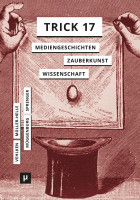
Author: Florian Sprenger
Author: Sebastian Vehlken
Author: Katja Müller-Helle
Author: Jan Müggenburg
Lüneburg: meson press, 2016
Der Zauber der Medien speist sich aus ihrem Geheimnis: Den Usern von heute sind Laptop, Smartphone oder Tablet eine Blackbox, die ihre Sinne im Bann hält und die Techniktricks im Inneren hinter einer opaken Oberfläche verbirgt. Doch solche Verzauberung ist nicht neu. Umihr auf die Spur zu kommen, nähert sich dieses Buch der Mediengeschichte der Zauberei an der Schwelle zwischen magischem Moment und Ent-Täuschung. Nicht seltenfolgt einer geradezu übernatürlich wirkenden Zaubervorführung die wissenschaftliche Erklärung und Offenlegung ihrer Tricks. Ein solcher Akt der Entzauberung mag zwar magische Momente als faulen Zauber demaskieren. Er rückt dafür jedoch die Technologien der Täuschung ins Rampenlicht: Erst die Ausnutzung physikalischer Gesetze, das Konstruieren mechanischer Zauberapparate und das Spiel mit der Wahrnehmung der Zuschauer machen deren ,Verzauberung’ möglich. Sie erlaubt, die Frage nach Wissen, dem medialen Zugriff auf unsere Sinne und dem sinnlichen Zugriff auf unsere Welt erneut zu stellen.
October 2015
Citizen Lobby: From Capacity to Influence
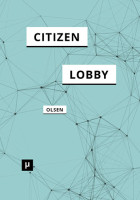
Author: Leif Thomas Olsen
Lüneburg: meson press, 2015
The Internet holds endless opportunities for exchange and dialogue and the promise of developing a better democratic model. Day-to-day politics are largely driven by economic lobbies in the interest of what Habermas calls their „generalised particularism,“ the threat to take jobs and tax revenues elsewhere. Citizens’ influence over politicians is twofold: they are asked for their input in elections, referenda, online consultations and surveys, and citizens can initiate issues where they see political action needed. Yet these “participative forces,” including NGOs, street rallies and charities, regularly fail to reach the ears of elected politicians as effectively as those of well-funded corporate lobbies. Also, this type of voluntary engagement often falls short of presenting the kind of reasoned challenges to the incumbents—by the electorate—that Habermas’ communicative action aimed at. A more powerful model would therefore organise the efforts of the electorate in a way that both generates those reasoned arguments, which, as Habermas quite correctly pointed out differ from mere opinions, and delivers them to the elected politicians in a manner they can neither refuse nor ignore. This is what the Citizen Lobby intends to do.
September 2015
There is no Software, there are just Services
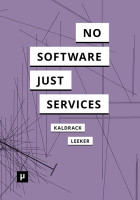
Author: Anders Fagerjord
Author: Ned Rossiter
Author: Seth Erickson
Author: Christopher Kelty
Author: Andrew Lison
Author: Liam Magee
Author: Christoph Neubert
Author: Jussi Parikka
Editor: Martina Leeker
Editor: Irina Kaldrack
Lüneburg: meson press, 2015
Is software dead? Services like Google, Dropbox, Adobe Creative Cloud, or Social Media apps are all-pervasive in our digital media landscape. This marks the (re)emergence of the service paradigm that challenges traditional business and license models as well as modes of media creation and use. The short essays in this edited collection discuss how services shift the notion of software, the cultural technique of programming, conditions of labor as well as the ecology and politics of data and how they influence dispositifs of knowledge.
Contributors: Ned Rossiter, Jussi Parikka, Christoph Neubert, Liam Magee, Andrew Lison, Christopher M. Kelty, Anders Fagerjord, and Seth Erickson.
July 2015
Library Life: Werkstätten kulturwissenschaftlichen Forschens
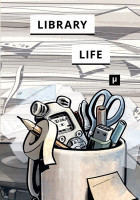
Author: Laura Meneghello
Author: Friedolin Krentel
Author: Anna Rebecca Hoffmann
Author: Katja Barthel
Author: Sebastian Brand
Author: Alexander Friedrich
Author: Jennifer Ch. Müller
Author: Christian Wilke
Lüneburg: meson press, 2015
Wie und wo entsteht kulturwissenschaftliches Wissen? Im Kopf? In der Bibliothek? Am Schreibtisch? Inspiriert von den Laborstudien der Science & Technology Studies ging das Autorinnen-Kollektiv des vorliegenden Buchs diesen Fragen nach. Aufgesucht wurden die persönlichen Schreiborte von Kulturwissenschaftlerinnen verschiedener Disziplinen. In ihren Beiträgen eröffnen die Autor*innen vielfältige Perspektiven auf bislang kaum erforschte Praktiken kulturwissenschaftlicher Wissensproduktion. Hierdurch wird ein komplexes Zusammenspiel technisch-materieller, praktischer, medialer, sozialer, institutioneller, ökonomischer, politischer und ideeller Dimensionen in den Werkstätten kulturwissenschaftlichen Forschens freigelegt. Die Ergebnisse der interdisziplinär angelegten und kollaborativ erarbeiteten Studien liefern überraschende Einsichten und eröffnen weiterführende Forschungsfragen: ein Plädoyer für eine reflexive, kollaborativ-interdisziplinäre Wissenschaftspraxis.
Introduction to a Future Way of Thought: On Marx and Heidegger
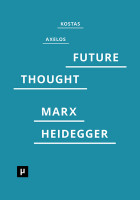
Author: Kostas Axelos
Editor: Stuart Elden
Translator: Kenneth Mills
Lüneburg: meson press, 2015
“Technologists only change the world in various ways in generalized indifference; the point is to think the world and interpret the changes in its unfathomability, to perceive and experience the difference binding being to the nothing.” Anticipating the age of planetary technology Kostas Axelos, a Greek-French philosopher, approaches the technological question in this book, first published in 1966, by connecting the thought of Karl Marx and Martin Heidegger. Marx famously declared that philosophers had only interpreted the world, but the point was to change it. Heidegger on his part stressed that our modern malaise was due to the forgetting of being, for which he thought technological questions were central. Following from his study of Marx as a thinker of technology, and foreseeing debates about globalization, Axelos recognizes that technology now determines the world. Providing an introduction to some of his major themes, including the play of the world, Axelos asks if planetary technology requires a new, a future way of thought which in itself is planetary.
Alleys of Your Mind: Augmented Intelligence and Its Traumas
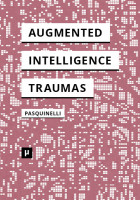
Author: Charles T. Wolfe
Author: Ana Teixeira Pinto
Author: Reza Negarestani
Author: Matteo Pasquinelli
Author: Ben Woodard
Author: Benjamin H. Bratton
Author: Orit Halpern
Author: Adrian Lahoud
Author: Jon Lindblom
Author: Catherine Malabou
Author: Luciana Parisi
Author: Michael Wheeler
Editor: Matteo Pasquinelli
Lüneburg: meson press, 2015
What does thinking mean in the age of Artificial Intelligence? How is big-scale computation transforming the way our brains function? This collection discusses these pressing questions by looking beyond instrumental rationality. Exploring recent developments as well as examples from the history of cybernetics, the book uncovers the positive role played by errors and traumas in the construction of our contemporary technological minds. With texts by Benjamin Bratton, Orit Halpern, Adrian Lahoud, Jon Lindblom, Catherine Malabou, Reza Negarestani, Luciana Parisi, Matteo Pasquinelli, Ana Teixeira Pinto, Michael Wheeler, Charles Wolfe, and Ben Woodard.
Life and Technology: An Inquiry Into and Beyond Simondon
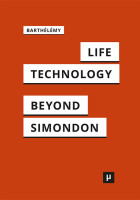
Author: Jean-Hugues Barthélémy
Translator: Barnaby Norman
Lüneburg: meson press, 2015
The philosophy of Gilbert Simondon has reinvigorated contemporary thinking about biological and technological beings. In this book, Jean-Hugues Barthélémy takes up Simondon’s thought and shows how life and technology are connected by a transversal theme: individuation. In the first essay, Barthélémy delivers a contemporary interpretation of Simondon’s concept of ontogenesis against the backdrop of biology and cybernetics. In the second essay, he extends his reflections to propose a non-anthropological understanding of technology, and so sets up a confrontation with the work of Martin Heidegger.
Digital Activism in Asia Reader
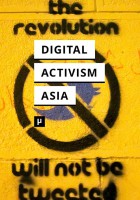
Author: Hu Yong
Author: Merlyna Lim
Author: Sarah McKeever
Author: Prabhas Pokharel
Author: Nandini Chami
Author: Anat Ben-David
Author: Htaike Htaike Aung
Author: Maesy Angelina
Author: Tracey Cheng
Author: Armand Hurault
Author: Rachael Jolley
Author: Youngmi Kim
Author: Subhashish Panigrahi
Author: Puthiya Purayil Sneha
Author: Padmini Ray Murray
Author: Urvashi Sarkar
Author: Shobha S V
Author: YiPing Zona Tsou
Author: Huma Yusuf
Author: Weiyu Zhang
Author: Denisse Albornoz
Author: Esra’a Al Shafei
Editor: Puthiya Purayil Sneha
Editor: Sumandro Chattapadhyay
Editor: Nishant Shah
Lüneburg: meson press, 2015
The digital turn might as well be marked as an Asian turn. From flash-mobs in Taiwan to feminist mobilisations in India, from hybrid media strategies of Syrian activists to cultural protests in Thailand, we see the emergence of political acts that transform the citizen from being a beneficiary of change to becoming an agent of change. In co-shaping these changes, what the digital shall be used for, and what its consequences will be, are both up for speculation and negotiation. Digital Activism in Asia marks a particular shift where these questions are no longer being refracted through the ICT4D logic, or the West’s attempts to save Asia from itself, but shaped by multiplicity, unevenness, and urgencies of digital sites and users in Asia. This reader crowd-sources critical tools, concepts, analyses, and annotations, self-identified by a network of change makers in Asia as important in their own practices within their own contexts.
The Political Structure of UK Broadcasting 1949–1999
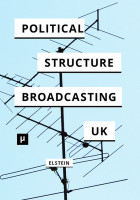
Author: David Elstein
Lüneburg: meson press, 2015
In 1999 David Elstein delivered a lecture series examining the evolvement of UK Broadcasting policy from 1949 to 1999. His sharp analysis is a valuable contribution to the post-war development of the British broadcasting system and unfolds many topical issues in current media policy debates.
Diversity of Play
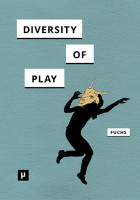
Author: Astrid Ensslin
Author: Tanya Krzywinska
Author: Karen Palmer
Author: Markus Rautzenberg
Editor: Mathias Fuchs
Lüneburg: meson press, 2015
The early days when digital games were new, harmless, and a niche are long gone. Today’s games can simulate battlefields, predict disaster, and crash markets. We are faced with a diversity of play and the ubiquity of games, making them not only a popular medium, but the leading medium of our contemporary society. Based on the keynote lectures held at DiGRA2015, “Diversity of Play” provides a critical view on the current stage of digital games from a theoretic, artistic, and practical perspective by pointing towards the uncanny, the power of “unnatural” narratives, and the exceptions and uncertainties of digital ludic environments. With an interview with Karen Palmer and essays by Astrid Ensslin, Mathias Fuchs, Tanya Krzywinska, and Markus Rautzenberg.
June 2015
The Cyborg: A Treatise on the Artificial Man
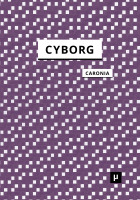
Author: Antonio Caronia
Translator: Robert Booth
Lüneburg: meson press, 2015
Born on the pages of science fiction comics in the 1920s and 30s, the cyborg lives in popular imagination. As hero of the cyberpunk epic, in its brief but intense history, the cyborg has followed and anticipated the rapport and conflict between man and machine.
In the post-fordist era of digital networked media the cyborg unfolds itself in the dissemination of multiple bodies: on the Internet, in the shift of individual identity, in the new collective aggregation connected by software. It bridges virtuality and concreteness, possibility and necessity. The cyborg thus becomes a field of social conflict, one of the new figures in which the bio-political perspective is embodied.
30 Years After Les Immatériaux: Art, Science and Theory

Author: Sven-Olov Wallenstein
Author: Anne Elisabeth Sejten
Author: Bernard Stiegler
Author: Jean-Louis Boissier
Author: Daniel Birnbaum
Author: Thierry Dufrêne
Author: Francesca Gallo
Author: Charlie Gere
Author: Antony Hudek
Author: Jean-François Lyotard
Author: Robin Mackay
Editor: Yuk Hui
Editor: Andreas Broeckmann
Lüneburg: meson press, 2015
In 1985, the French philosopher Jean-François Lyotard curated a groundbreaking exhibition called Les Immatériaux at the Centre Pompidou in Paris. The exhibition showed how telecommunication technologies were beginning to impact every aspect of life. At the same time, it was a material demonstration of what Lyotard called the post-modern condition. This book features a previously unpublished report by Jean-François Lyotard on the conception of Les Immatériaux and its relation to postmodernity. Reviewing the historical significance of the exhibition, his text is accompanied by twelve contemporary meditations. The philosophers, art historians, and artists analyse this important moment in the history of media and theory, and reflect on the new material conditions brought about by digital technologies in the last 30 years.
Die verschiedenen Modi der Existenz
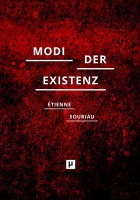
Author: Étienne Souriau
Translator: Thomas Wäckerle
Lüneburg: meson press, 2015
„Wäre die Philosophie auch nur eine Stunde der Mühe wert, wenn sie uns nicht für das Leben rüstete?“ Gezielten Schrittes entwirft der französische Philosoph Étienne Souriau in diesem dicht gedrängten Buch eine Grammatik der Existenz. Im Fokus steht nicht nur ihre Theorie, sondern auch die tatsächliche Ausübung der „Kunst des Existierens“. Wie Gilles Deleuze und William James vertritt Souriau dabei die These eines existenziellen Pluralismus: Es gibt Phänomene, Dinge, das Virtuelle, fiktionale Wesen – die Existenz ist polyphon. Souriaus radikale Herangehensweise hat auch Bruno Latour und Isabelle Stengers entscheidend beeinflusst. In ihrer ausführlichen Einleitung zu Souriaus Text von 1943 und dem ebenfalls zum ersten Mal in deutscher Sprache veröffentlichten Vortrag „Über den Modus der Existenz des zu vollbringenden Werks“ (1956) zeigt sich eindrucksvoll die Aktualität seines Denkens.
Politik der Mikroentscheidungen: Edward Snowden, Netzneutralität und die Architekturen des Internets

Author: Florian Sprenger
Foreword by: Christopher Kelty
Lüneburg: meson press, 2015
Ob beim Aufrufen einer Webseite, beim Versenden einer E-Mail oder beim Hochfrequenzhandel an der Börse: Auf ihrem Weg durch die Weiten digitaler Netze durchqueren Bits zahlreiche Knoten, an denen eine Reihe von Mikroentscheidungen getroffen werden. Diese Entscheidungen betreffen den besten Pfad zum Ziel, die Verarbeitungsgeschwindigkeit oder die Priorität zwischen den ankommenden Paketen.
In ihrer vielschichtigen Gestalt bilden solche Mikroentscheidungen eine bislang nur marginal beachtete Dimension von Kontrolle und Überwachung im 21. Jahrhundert. Sie sind sowohl die kleinste Einheit als auch die technische Voraussetzung einer gegenwärtigen Politik digitaler Netzwerke – und des Widerstands gegen sie. Die aktuellen Debatten um Netzneutralität und Edward Snowdens Enthüllung der NSA-Überwachung bilden dabei lediglich die Spitze des Eisbergs. Auf dem Spiel steht nicht weniger als die Zukunft des Internets, wie wir es kennen.
The Politics of Micro-Decisions: Edward Snowden, Net Neutrality, and the Architectures of the Internet
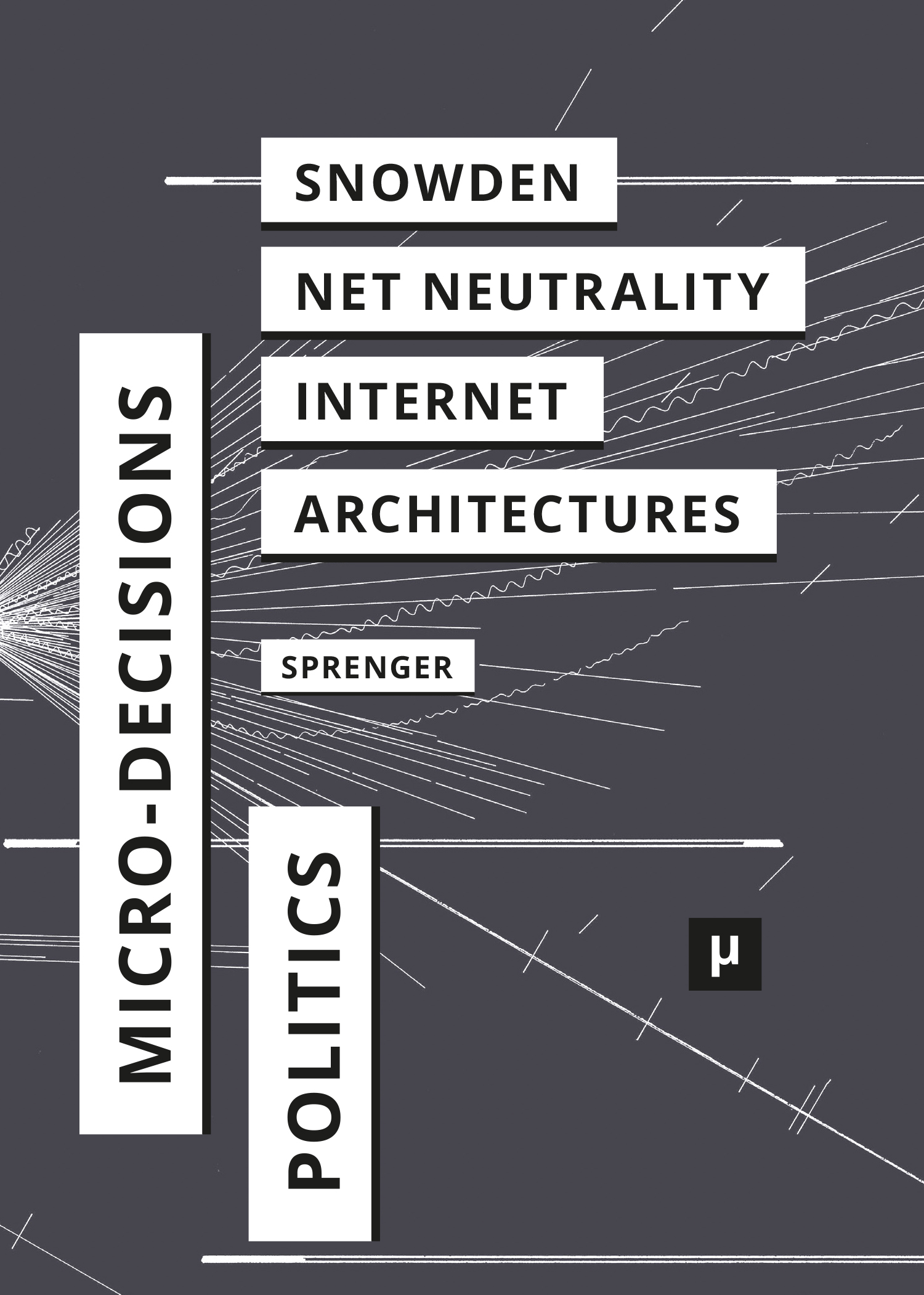
Author: Florian Sprenger
Translator: Valentine A. Pakis
Foreword by: Christopher Kelty
Lüneburg: meson press, 2015
Be it in the case of opening a website, sending an email, or high-frequency trading, bits and bytes of information have to cross numerous nodes at which micro-decisions are made. These decisions concern the most efficient path through the network, the processing speed, or the priority of incoming data packets.
Despite their multifaceted nature, micro-decisions are a dimension of control and surveillance in the twenty-first century that has received little critical attention. They represent the smallest unit and the technical precondition of a contemporary network politics – and of our potential opposition to it. The current debates regarding net neutrality and Edward Snowden’s revelation of NSA surveillance are only the tip of the iceberg. What is at stake is nothing less than the future of the Internet as we know it.
January 2015
In Catastrophic Times: Resisting the Coming Barbarism
Author: Isabelle Stengers
Lüneburg: meson press, 2015
There has been an epochal shift: the possibility of a global climate crisis is now upon us. Pollution, the poison of pesticides, the exhaustion of natural resources, falling water tables, growing social inequalities – these are all problems that can no longer be treated separately. The effects of global warming have a cumulative impact, and it is not a matter of a crisis that will “pass” before everything goes back to “normal.”
Our governments are totally incapable of dealing with the situation. Economic warfare obliges them to stick to the goal of irresponsible, even criminal, economic growth, whatever the cost. It is no surprise that people were so struck by the catastrophe in New Orleans. The response of the authorities – to abandon the poor whilst the rich were able to take shelter – is a symbol of the coming barbarism.
June 2014
Rethinking Gamification
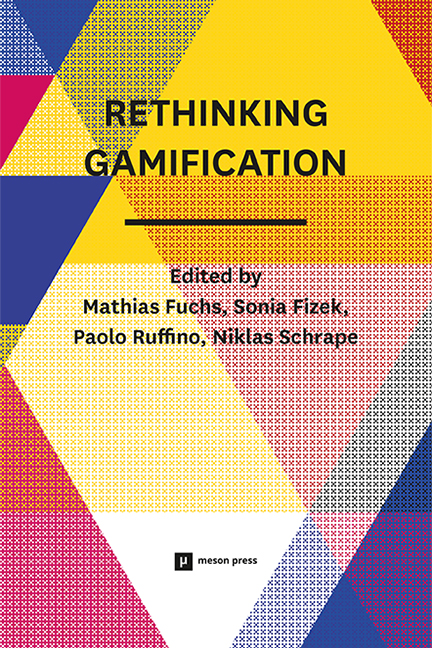
Author: Matthew Tiessen
Author: Felix Raczkowski
Author: Joost Raessens
Author: Niklas Schrape
Author: Paolo Ruffino
Author: Sebastian Deterding
Author: Daphne Dragona
Author: Gabriele Ferri
Author: Sonia Fizek
Author: Maxwell Foxman
Author: Scott Nicholson
Author: Thibault Philippette
Author: Fabrizio Augusto Poltronieri
Editor: Mathias Fuchs
Editor: Paolo Ruffino
Editor: Niklas Schrape
Editor: Sonia Fizek
Lüneburg: meson press, 2014
Gamification marks a major change to everyday life. It describes the permeation of economic, political, and social contexts by game-elements such as awards, rule structures, and interfaces that are inspired by video games. Sometimes the term is reduced to the implementation of points, badges, and leaderboards as incentives and motivations to be productive. Sometimes it is envisioned as a universal remedy to deeply transform society toward more humane and playful ends. Despite its use by corporations to manage brand communities and personnel, however, gamification is more than just a marketing buzzword. States are beginning to use it as a new tool for governing populations more effectively. It promises to fix what is wrong with reality by making every single one of us fitter, happier, and healthier. Indeed, it seems like all of society is up for being transformed into one massive game.
The contributions in this book offer a candid assessment of the gamification hype. They trace back the historical roots of the phenomenon and explore novel design practices and methods. They critically discuss its social implications and even present artistic tactics for resistance. It is time to rethink gamification!